Image of 1970 Plymouth Road Runner, Note: These illustrations use artistic license and may differ from actual historical models.
Performance Metrics
Fundamental Metrics
Emotional Appeal
MMP Rating
| Engine Specifications | |
|---|---|
| Engine: | 383 CID V8, 426 CID Hemi V8, 440 CID V8 |
| Displacement: | 383-440 cubic inches |
| Horsepower: | 335-425 hp |
| Torque: | 425-490 lb-ft |
| Compression Ratio: | 9.7:1 (383), 10.25:1 (426), 10.1:1 (440) |
| Ignition System: | Electronic Ignition |
| Cooling System: | Liquid-cooled |
| Performance Specifications | |
| 0-60 Time: | 5.5-6.0 seconds |
| 1/4 Mile Time: | 13.5-14.0 seconds |
| Top Speed: | 130 mph |
| Transmission and Drive | |
| Drive Type: | Rear-wheel drive |
| Transmission Type: | 4-speed manual, 3-speed TorqueFlite automatic |
| Fuel and Efficiency | |
| Fuel System Type: | Carburetor |
| MPG: | 10-12 mpg |
| Dimensions and Brakes | |
| Brakes: | Front disc brakes, rear drum brakes |
| Wheelbase: | 116 inches |
| Weight: | 3,600-3,800 lbs |
Note: Specifications for classic cars are given to the best of our ability, considering the limited and variant data available.
Unleashing the Power of Nostalgia: The 1970 Plymouth Road Runner
The 1970 Plymouth Road Runner evokes a visceral reaction in muscle car enthusiasts, a testament to American ingenuity and the golden era of raw horsepower. Born from the fervor of the muscle car wars, this Plymouth offering was a no-nonsense performance machine that captured the hearts of speed lovers while maintaining a relatively affordable price tag. The Road Runner was a product of Chrysler's mission to dominate the streets and strips across America, and it did so with a unique blend of style and power that still resonates today. One particularly intriguing fact about this vehicle is its use of the Warner Bros-licensed 'Road Runner' cartoon character, complete with its iconic "beep-beep" horn that added a playful touch to its serious performance credentials.
Design and Innovation: A Fusion of Form and Function
The exterior styling of the 1970 Plymouth Road Runner was both aggressive and aerodynamic, featuring bold lines that suggested motion even when standing still. The car's design was characterized by its broad shoulders, long hood, and distinctive front grille that made an immediate visual impact. Inside, the cabin prioritized function over luxury, with bench seats and minimalistic trim for those who opted for the base model. However, buyers could upgrade to higher quality materials and additional features if they desired more comfort or flair. Technologically, the Road Runner was ahead of its time with options like the Air Grabber hood, which allowed for increased air intake to the engine at the flip of a switch. Color options ranged from subtle to vibrant, with High Impact colors like Vitamin C Orange, In-Violet, and Sublime being popular choices among enthusiasts. Body styles included a coupe and hardtop version, but it was the hardtop with its sleek profile that became synonymous with the Road Runner image.
Historical Significance: A Milestone in Muscle Car History
The 1970 Plymouth Road Runner made an indelible mark on automotive history by making high performance accessible to the average American. It set itself apart with its stripped-down approach to muscle cars—eschewing unnecessary luxury in favor of pure speed and handling prowess. This philosophy influenced subsequent designs in the muscle car segment and cemented the Road Runner's legacy as an icon of American automotive culture.
Performance and Handling: The Heartbeat of American Muscle
Underneath the hood lay the heart of this beast—a range of potent V8 engines including the legendary 426 Hemi and 440 Six Pack. The top-tier Hemi could catapult the Road Runner from 0-60 mph in just over 5 seconds—a staggering feat at the time. With a top speed that could reach upwards of 120 mph, it was a force to be reckoned with on both street and strip. Handling was surprisingly adept for such a powerful rear-wheel-drive vehicle; it managed bumps and windy roads with poise thanks to its heavy-duty suspension system. Driving a '70 Road Runner was an immersive experience—the rumble of the engine, the vibration through the steering wheel, and the responsive throttle created an unforgettable symphony for gearheads.
Ownership Experience: More Than Just A Car
The Road Runner served various roles ranging from daily transportation to weekend drag racing warrior. Its relative simplicity made it easier to maintain than many contemporaries, though some components—especially those specific to high-performance models—could be rarer and more expensive to replace or repair.
Fun Facts: The Legend Lives On
The 1970 Plymouth Road Runner holds several claims to fame including rare editions like the Superbird variant designed for NASCAR dominance. Celebrity ownerships have added allure to its legend; notable figures in entertainment and motorsports have been known to have one in their collection. While criticisms were few, some pointed out its basic interior as lacking compared to more luxurious rivals.
Collector's Information: A Coveted Classic
Today's collector market values a well-maintained or expertly restored 1970 Plymouth Road Runner highly. Production numbers were significant but not excessive; estimates suggest around 41,000 units were produced for that year. As for value range, depending on condition, originality (matching numbers), options (like engine type), provenance, and market demand, prices can vary widely from $30,000 for a base model in good condition up to $150,000 or more for pristine examples with rare options or historical significance. Price trends have generally shown appreciation over time as these vehicles become rarer and more sought after by collectors who grew up idolizing them.
Conclusion: An Enduring Legacy on Four Wheels
The 1970 Plymouth Road Runner stands as a monument to an era when horsepower ruled and style was expressed through sheet metal and roaring engines. It remains not just a mode of transportation but an emblematic piece of Americana that continues to capture imaginations worldwide. Whether you're behind the wheel feeling every pulse-pounding moment or admiring one at a show, this classic muscle car is undeniably an enduring piece of automotive history.
1970 Plymouth Road Runner Catalog of Parts
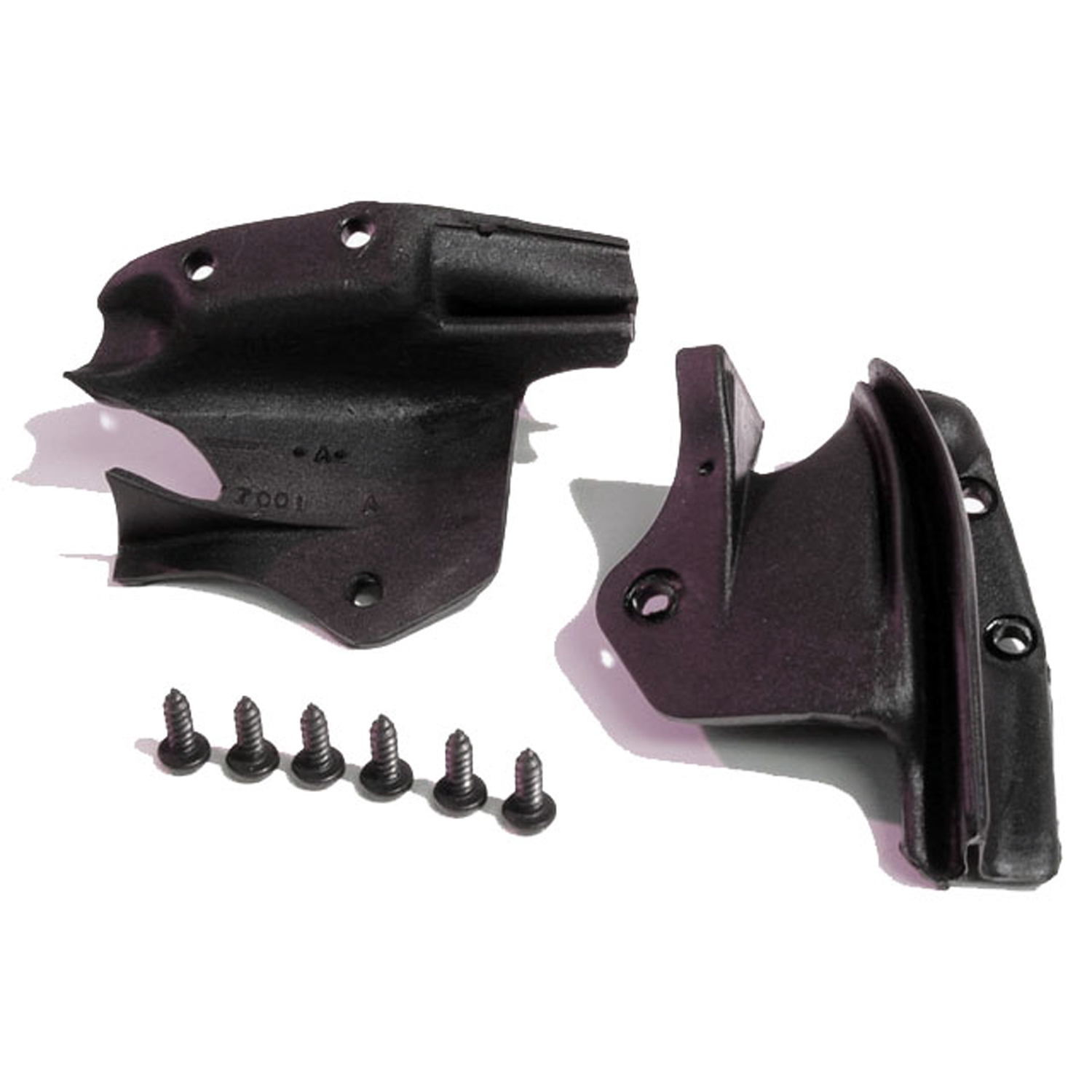 1970 Plymouth Road Runner Molded Door End Seal. Made with steel cores. Pair R&L-ALP 7001Molded Door End Seal. Made with steel cores. Pair R&L
1970 Plymouth Road Runner Molded Door End Seal. Made with steel cores. Pair R&L-ALP 7001Molded Door End Seal. Made with steel cores. Pair R&L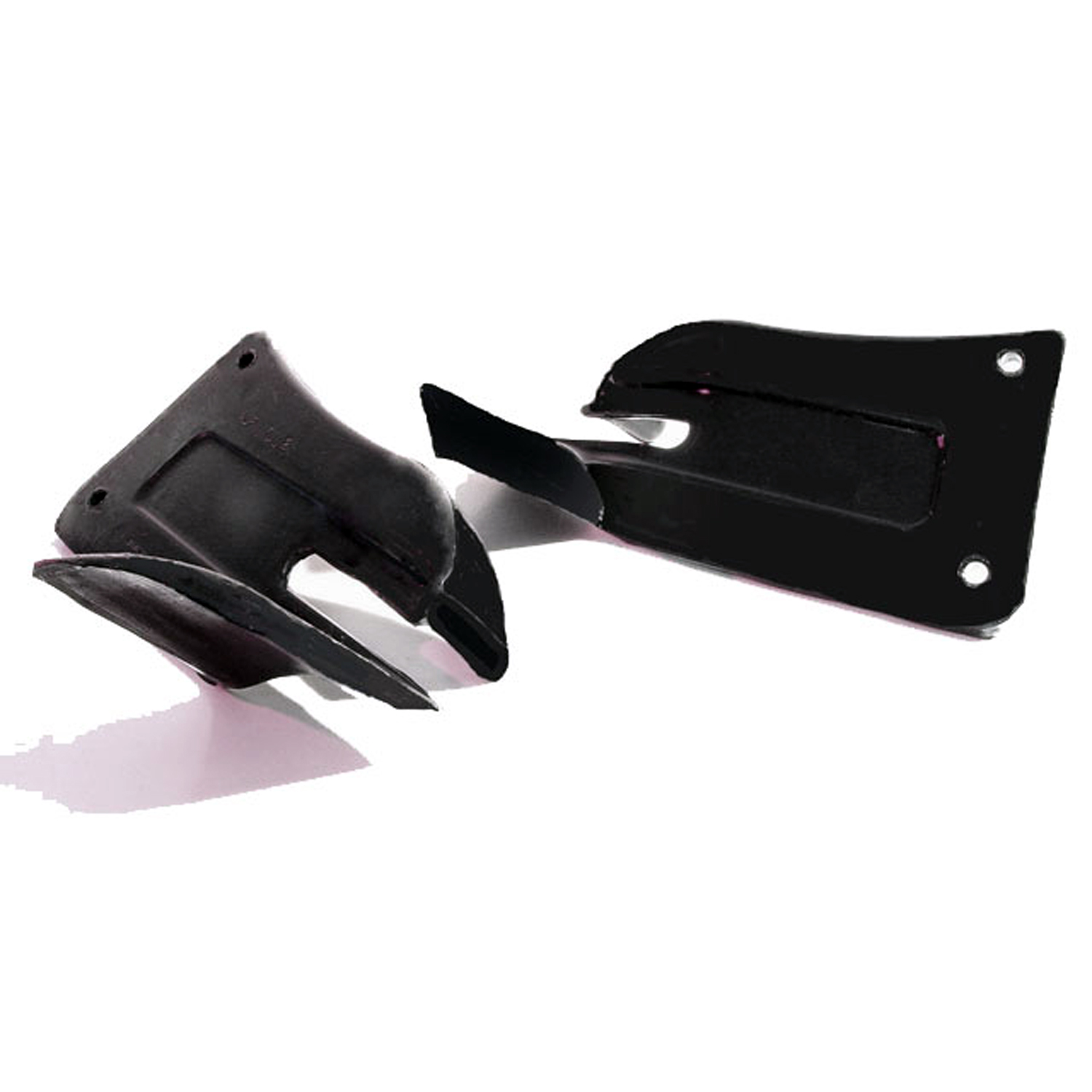 1970 Plymouth Road Runner Molded Door Lock Pillar Seal. Made with steel core-ALP 7002Molded Door Lock Pillar Seal. Made with steel core. Pair R&L
1970 Plymouth Road Runner Molded Door Lock Pillar Seal. Made with steel core-ALP 7002Molded Door Lock Pillar Seal. Made with steel core. Pair R&L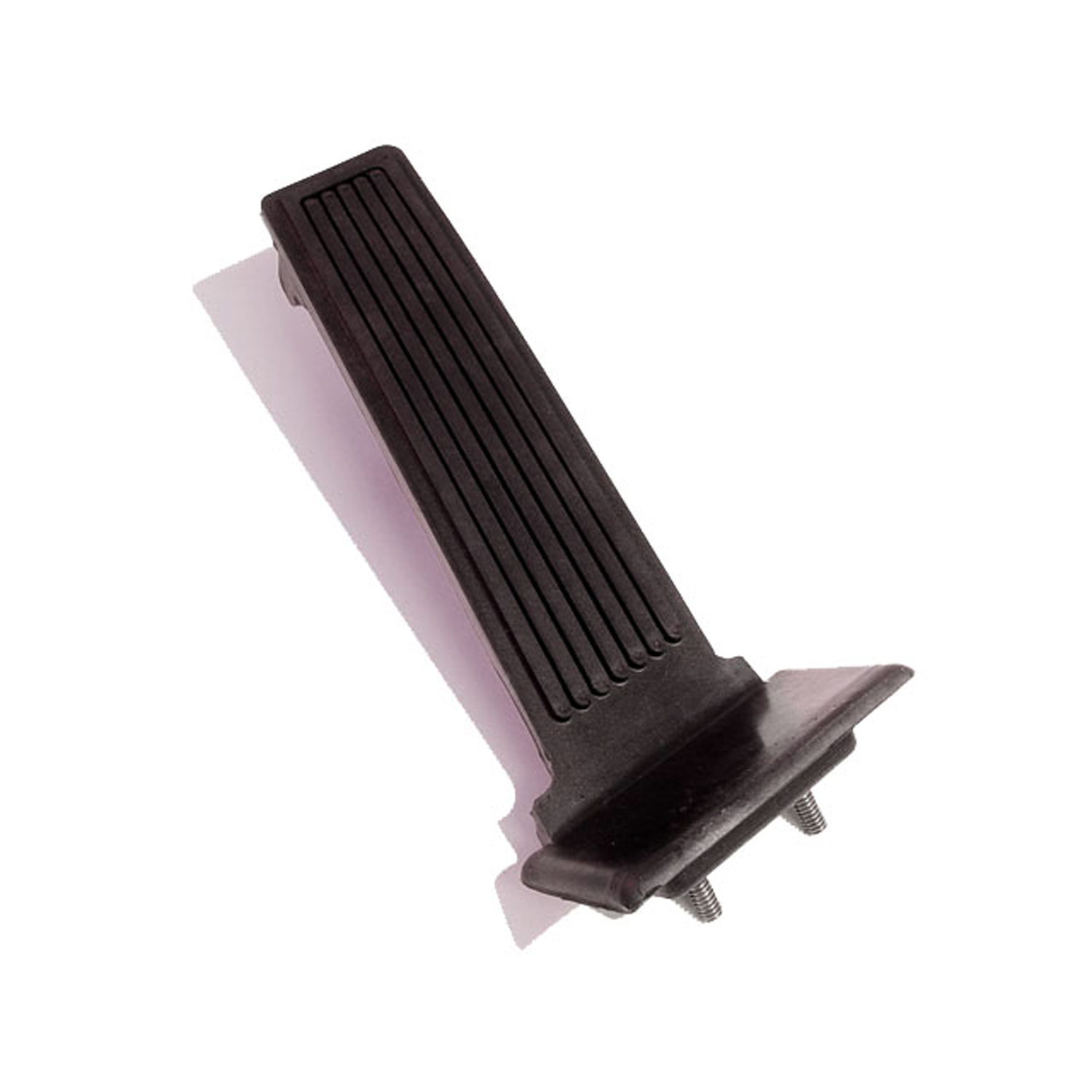 1970 Plymouth Road Runner Accelerator Pedal Pad. Made with steel cores and studs-AP 25-CAccelerator Pedal Pad. Made with steel cores and studs. Detailed reproduction. 2-1/4" X 9-1/4". Each
1970 Plymouth Road Runner Accelerator Pedal Pad. Made with steel cores and studs-AP 25-CAccelerator Pedal Pad. Made with steel cores and studs. Detailed reproduction. 2-1/4" X 9-1/4". Each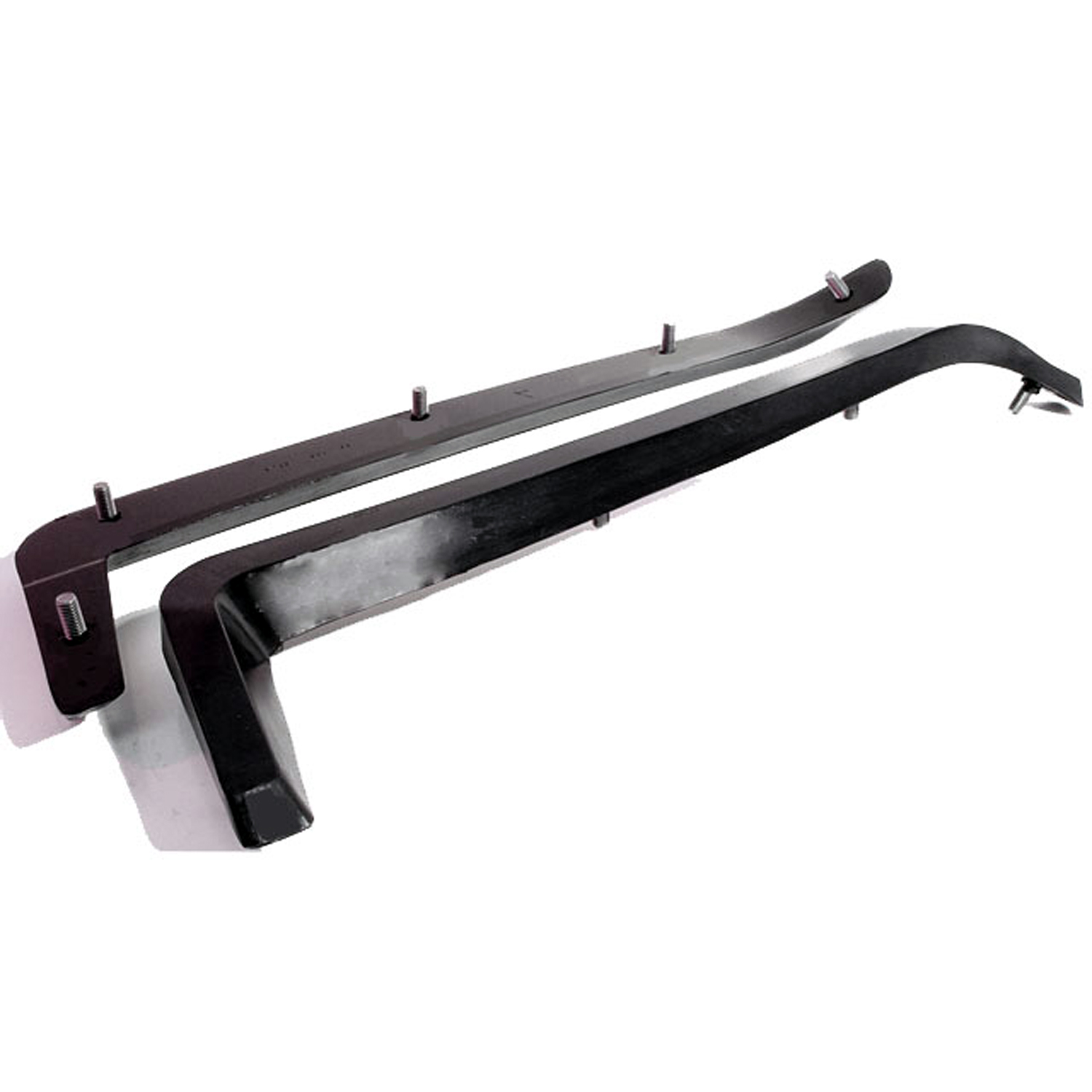 1970 Plymouth Road Runner Bumper Guards. Fits front only-BG 150Bumper Guards. Fits front only. Made with full steel cores and studs. Pair R&L
1970 Plymouth Road Runner Bumper Guards. Fits front only-BG 150Bumper Guards. Fits front only. Made with full steel cores and studs. Pair R&L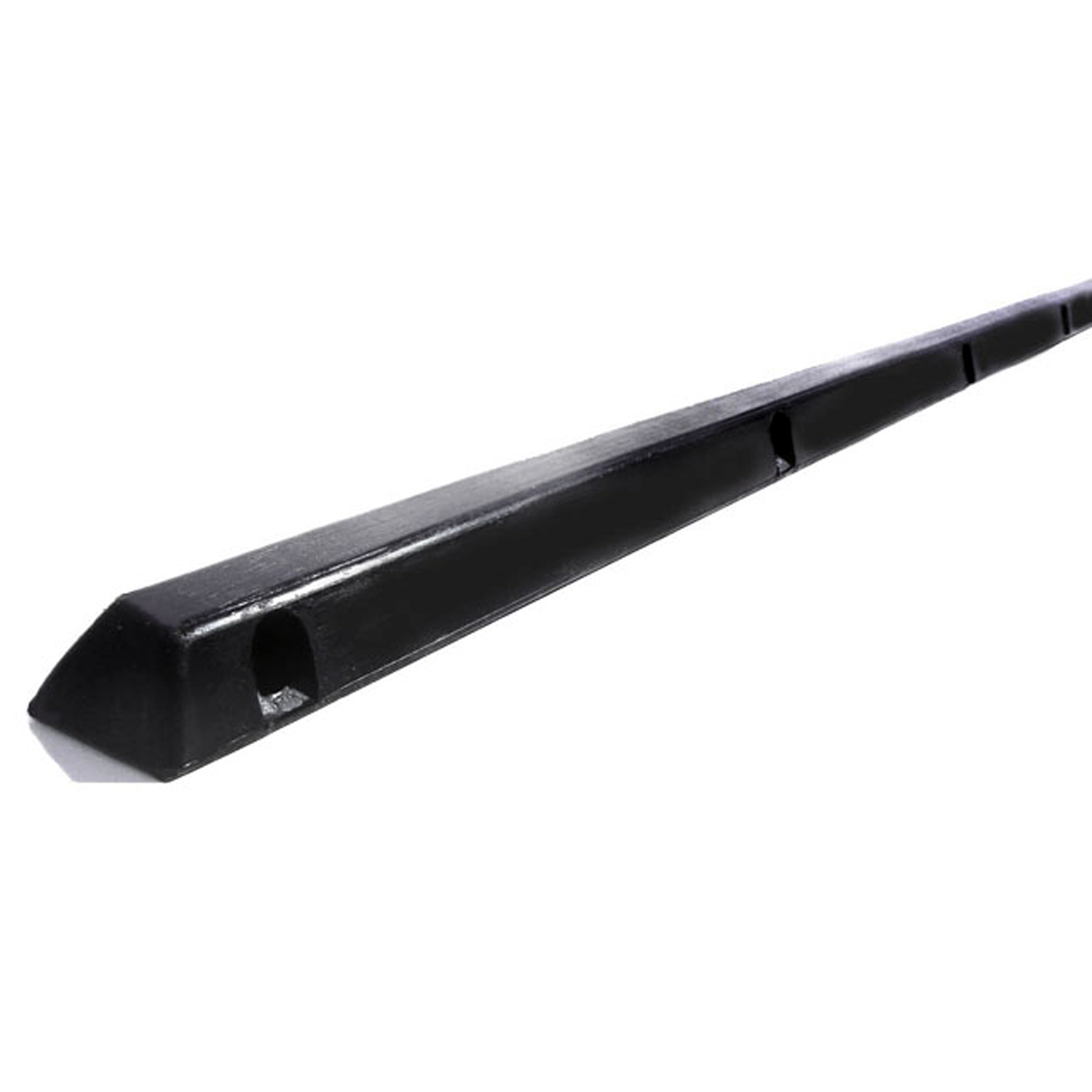 1970 Plymouth Road Runner Nose cone seal. Rubber strip with steel core-BG 300Nose cone seal. Rubber strip with steel core. Fits 1970 Plymouth Roadrunner Superbird. Each.
1970 Plymouth Road Runner Nose cone seal. Rubber strip with steel core-BG 300Nose cone seal. Rubber strip with steel core. Fits 1970 Plymouth Roadrunner Superbird. Each.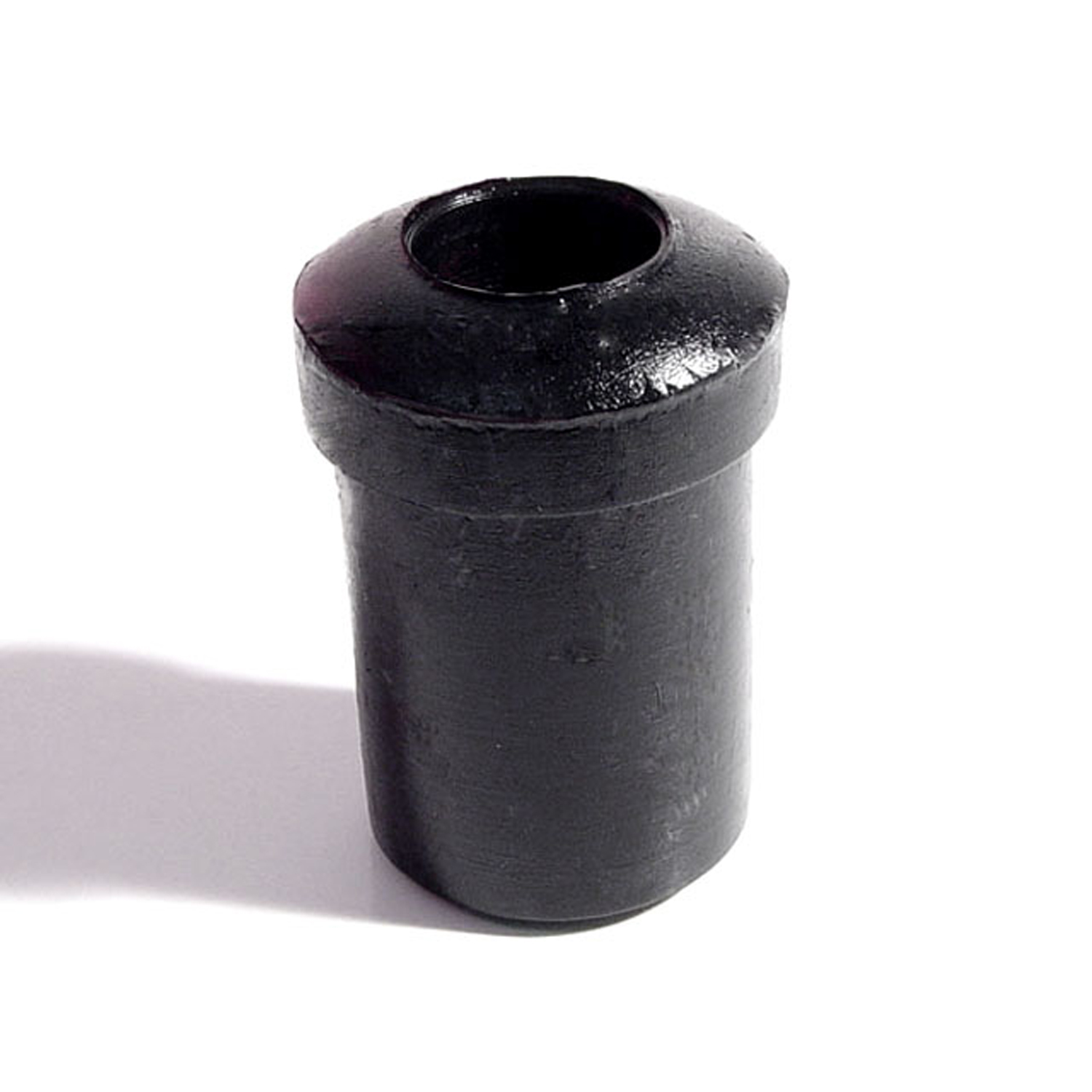 1970 Plymouth Road Runner Spring and Shackle Bushing. 1" bottom O.D-BN 20Spring and Shackle Bushing. 1" bottom O.D. X 1-5/8" high, with 9/16" I.D. Each
1970 Plymouth Road Runner Spring and Shackle Bushing. 1" bottom O.D-BN 20Spring and Shackle Bushing. 1" bottom O.D. X 1-5/8" high, with 9/16" I.D. Each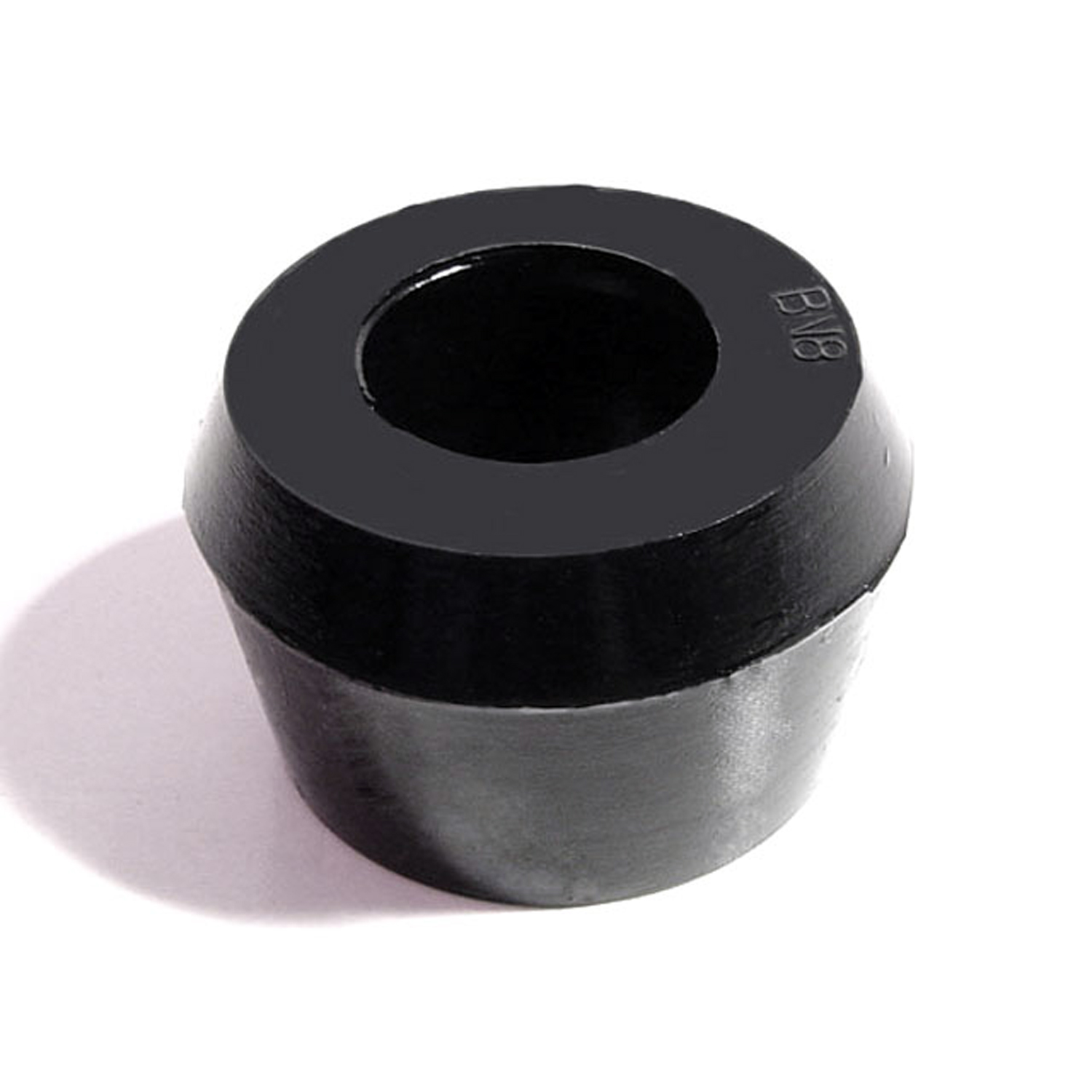 1970 Plymouth Road Runner Shock Absorber Grommet. 1-1/4" bottom O.D-BN 8Shock Absorber Grommet. 1-1/4" bottom O.D., 1" high, with 3/4" I.D. Each
1970 Plymouth Road Runner Shock Absorber Grommet. 1-1/4" bottom O.D-BN 8Shock Absorber Grommet. 1-1/4" bottom O.D., 1" high, with 3/4" I.D. Each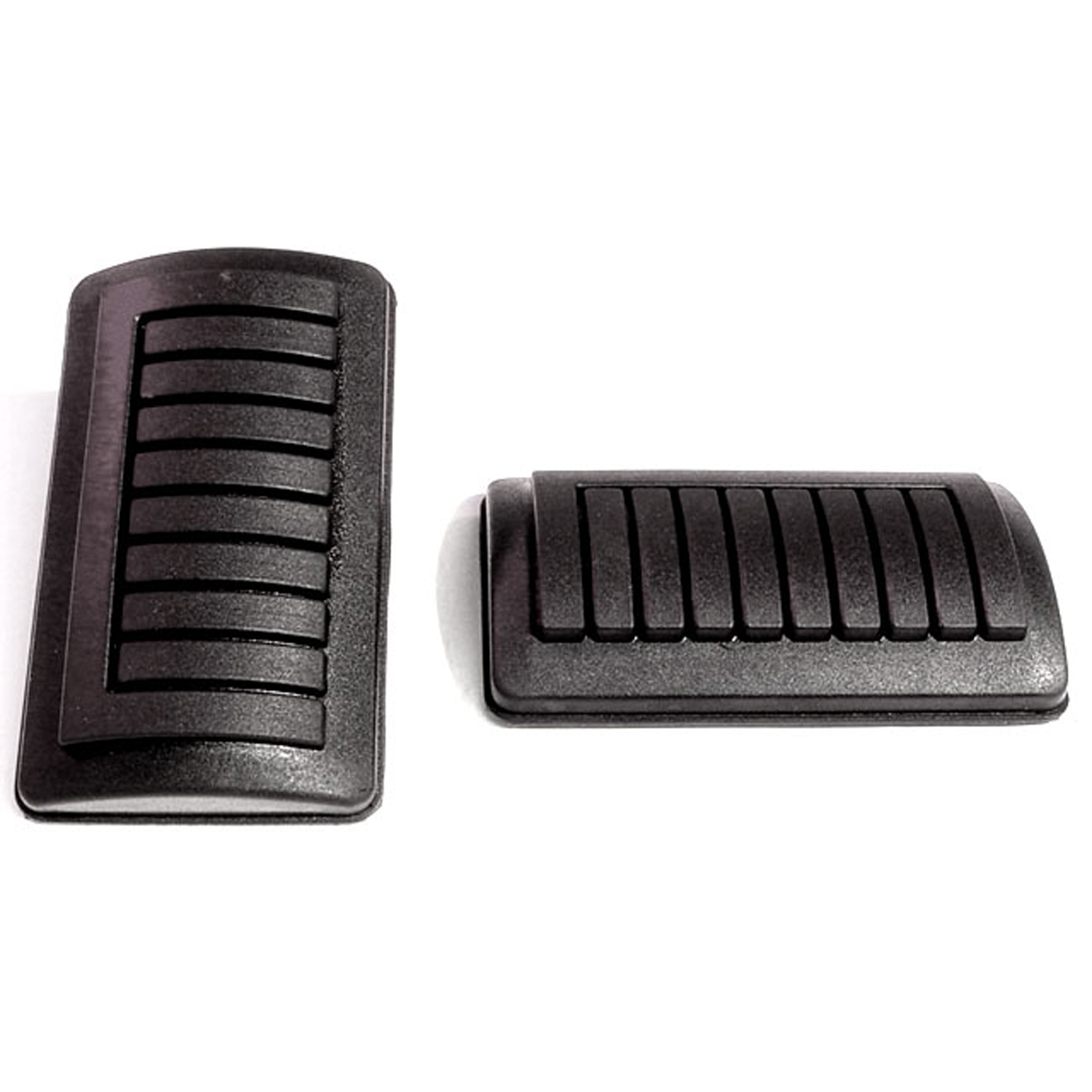 1970 Plymouth Road Runner Clutch and Brake Pedal Pads. 3-3/4" wide X 2-1/4" long-CB 198Clutch and Brake Pedal Pads. 3-3/4" wide X 2-1/4" long. Pair
1970 Plymouth Road Runner Clutch and Brake Pedal Pads. 3-3/4" wide X 2-1/4" long-CB 198Clutch and Brake Pedal Pads. 3-3/4" wide X 2-1/4" long. Pair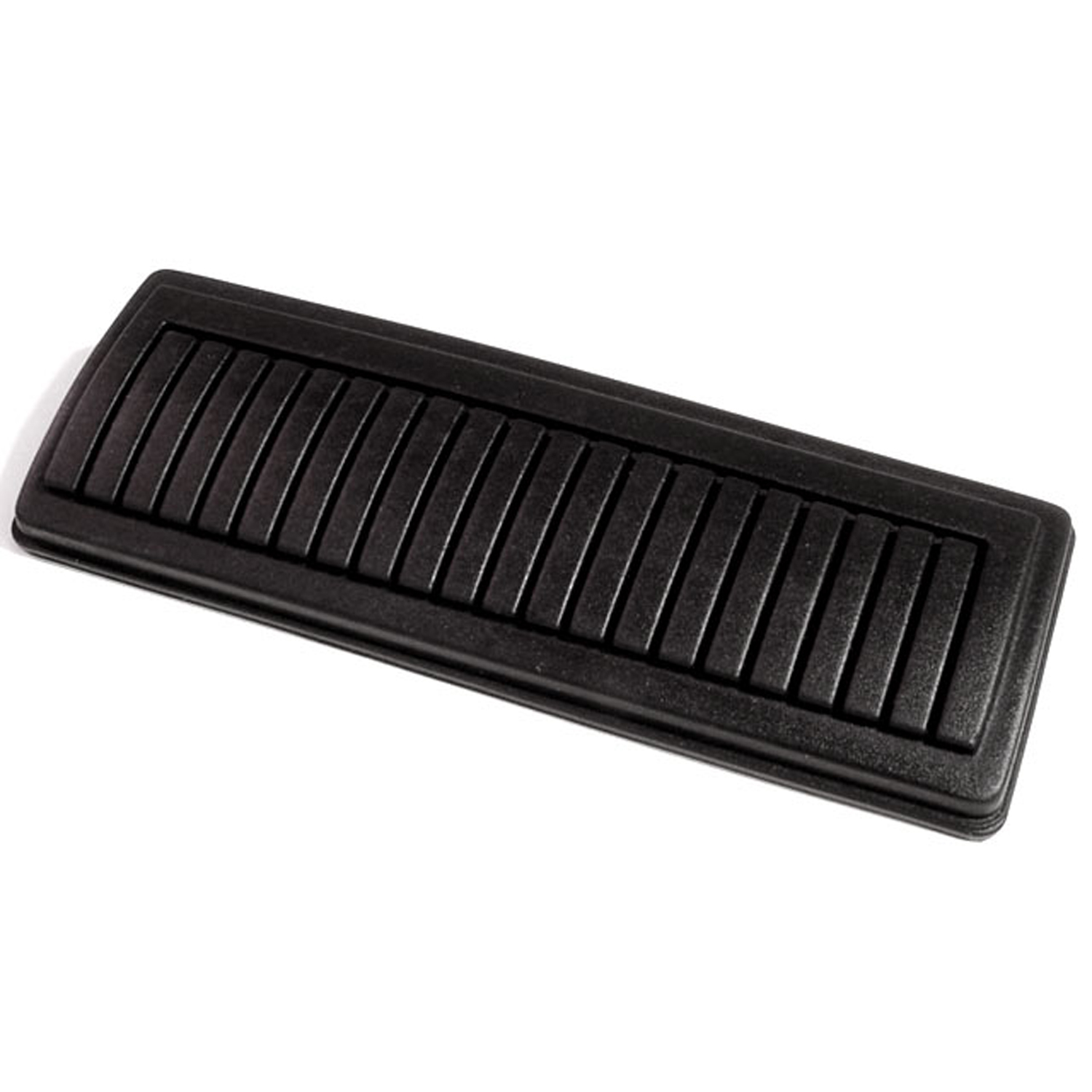 1970 Plymouth Road Runner Brake Pedal Pad, for models with automatic transmission-CB 200Brake Pedal Pad, for models with automatic transmission. 6-1/2" wide X 2-3/8" long. Each
1970 Plymouth Road Runner Brake Pedal Pad, for models with automatic transmission-CB 200Brake Pedal Pad, for models with automatic transmission. 6-1/2" wide X 2-3/8" long. Each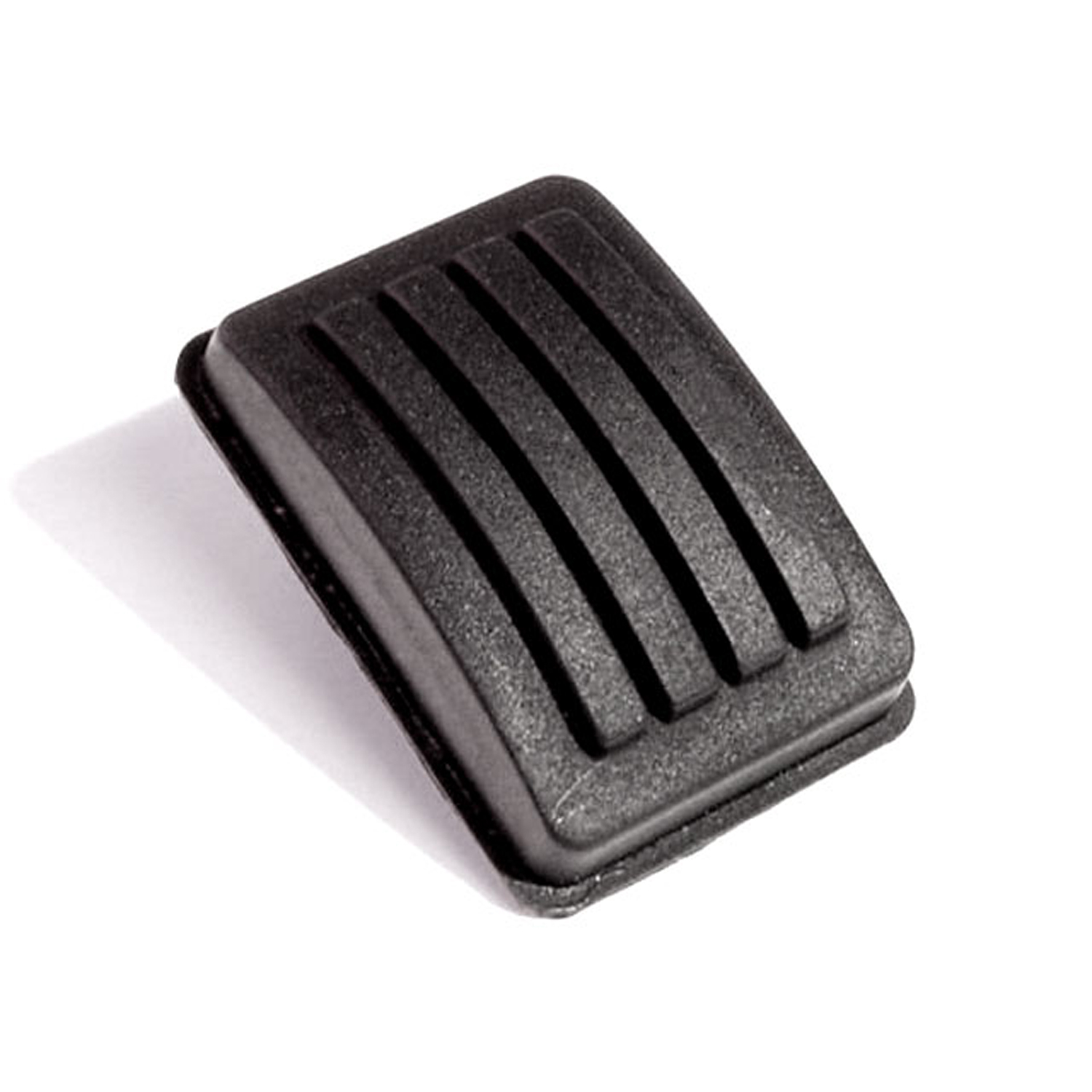 1970 Plymouth Road Runner Park Brake Pedal Pad-CB 200-BPark Brake Pedal Pad. Your stainless steel bezel fits over this new pad. 1-5/8" wide X 2-3/8" long. Each
1970 Plymouth Road Runner Park Brake Pedal Pad-CB 200-BPark Brake Pedal Pad. Your stainless steel bezel fits over this new pad. 1-5/8" wide X 2-3/8" long. Each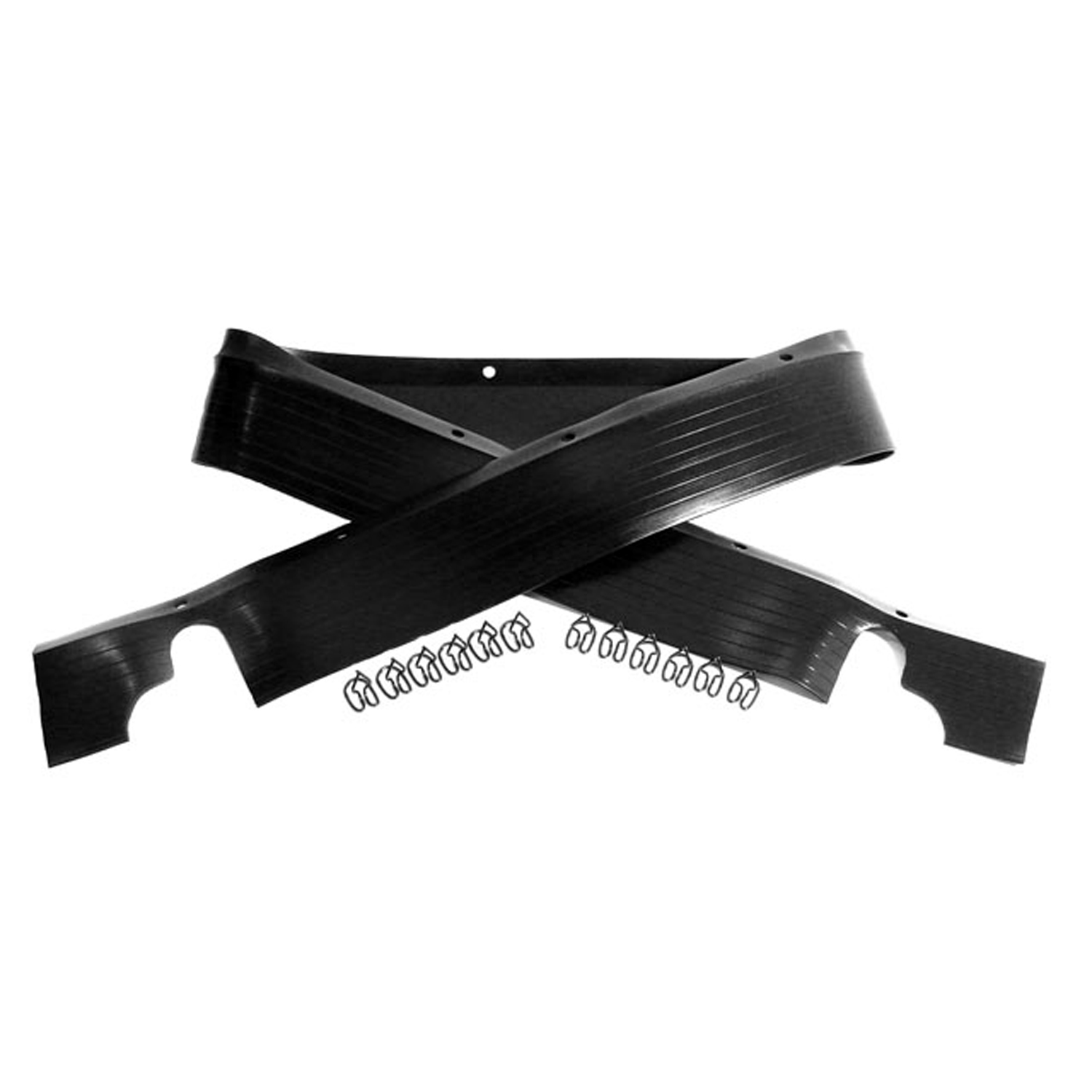 1970 Plymouth Road Runner Hood to Radiator Seal, 51-1/8" Long. Each-CS 20-FHood to Radiator Seal, 51-1/8" Long. Each
1970 Plymouth Road Runner Hood to Radiator Seal, 51-1/8" Long. Each-CS 20-FHood to Radiator Seal, 51-1/8" Long. Each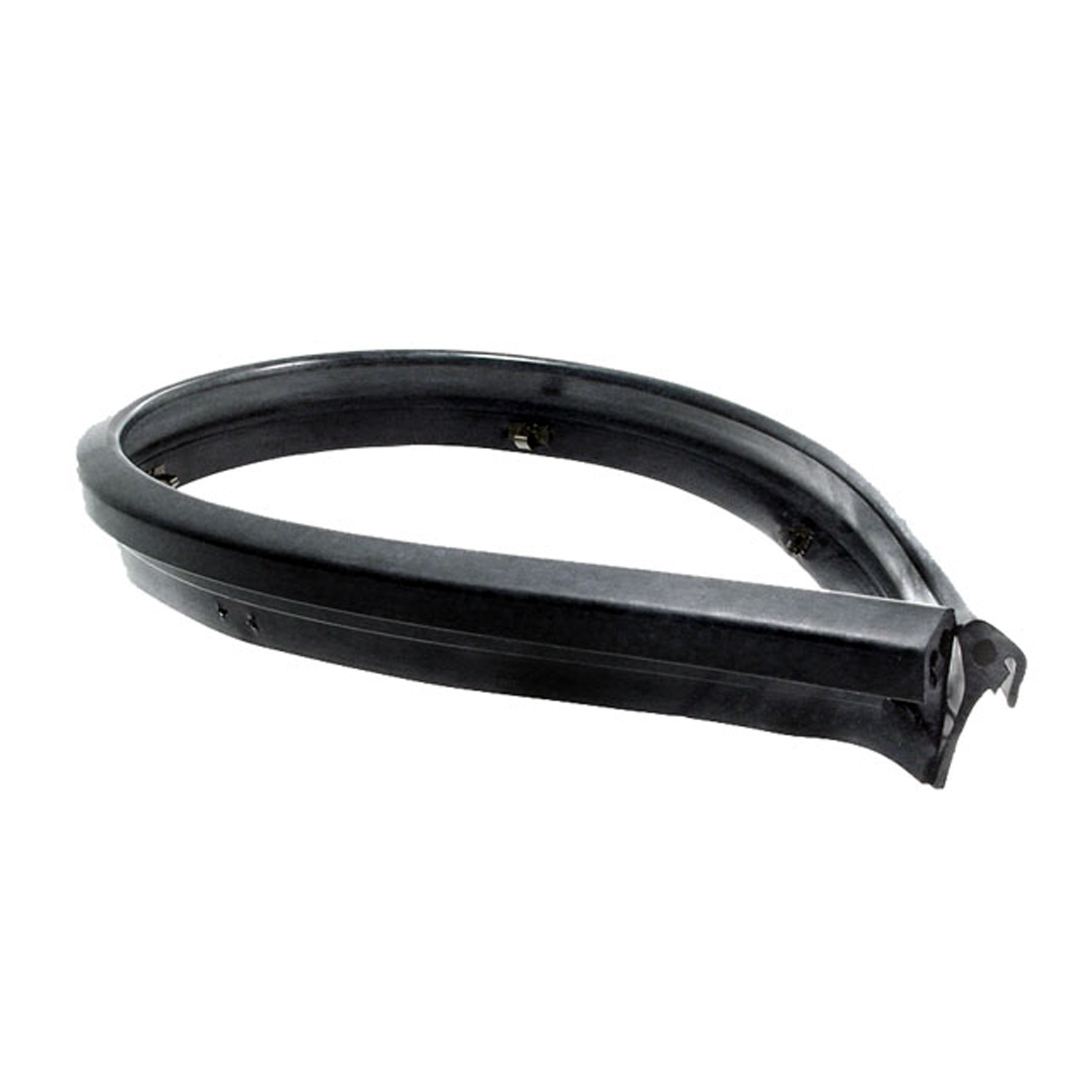 1970 Plymouth Road Runner Hood to Cowl Seal, 35" Long. Each-CS 20-XHood to Cowl Seal, 35" Long. Each
1970 Plymouth Road Runner Hood to Cowl Seal, 35" Long. Each-CS 20-XHood to Cowl Seal, 35" Long. Each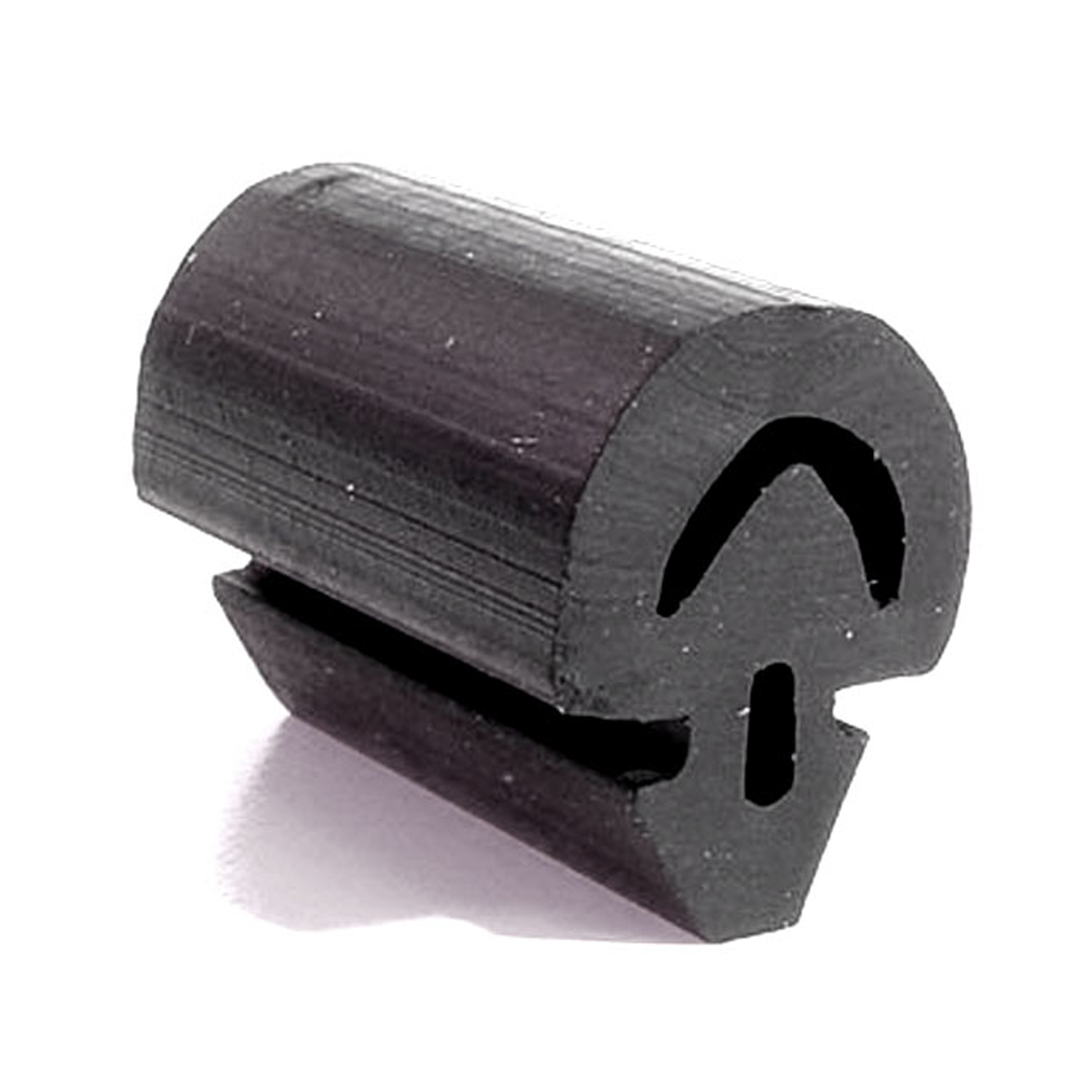 1970 Plymouth Road Runner Door Bumper. 3/4" high X 1/2" wide X 1" long-DB 50Door Bumper. 3/4" high X 1/2" wide X 1" long. Four used per car. Each
1970 Plymouth Road Runner Door Bumper. 3/4" high X 1/2" wide X 1" long-DB 50Door Bumper. 3/4" high X 1/2" wide X 1" long. Four used per car. Each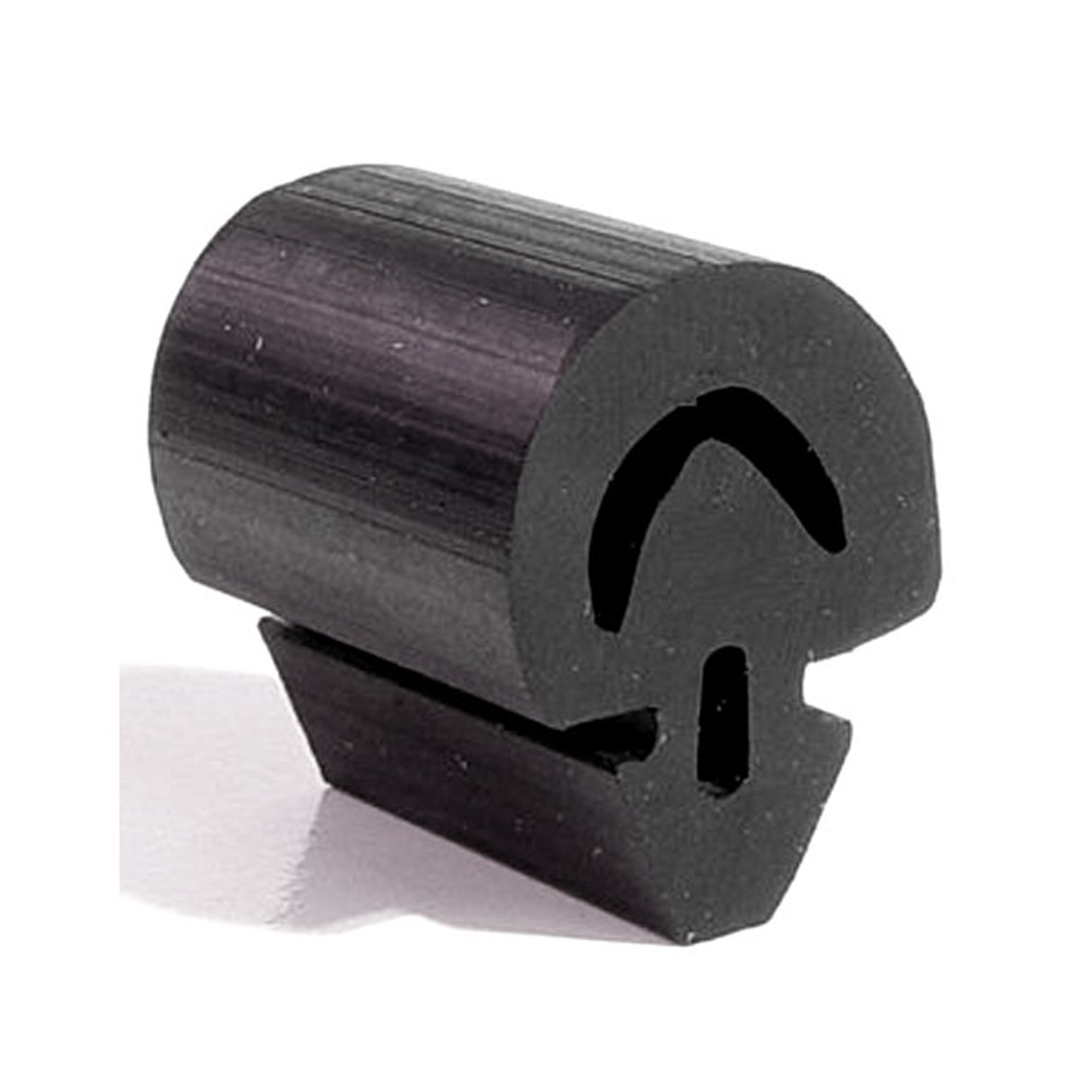 1970 Plymouth Road Runner Door Bumper. 3/4" high X 1/2" wide X 5/8" long-DB 50-MDoor Bumper. 3/4" high X 1/2" wide X 5/8" long. Four used per car. Each
1970 Plymouth Road Runner Door Bumper. 3/4" high X 1/2" wide X 5/8" long-DB 50-MDoor Bumper. 3/4" high X 1/2" wide X 5/8" long. Four used per car. Each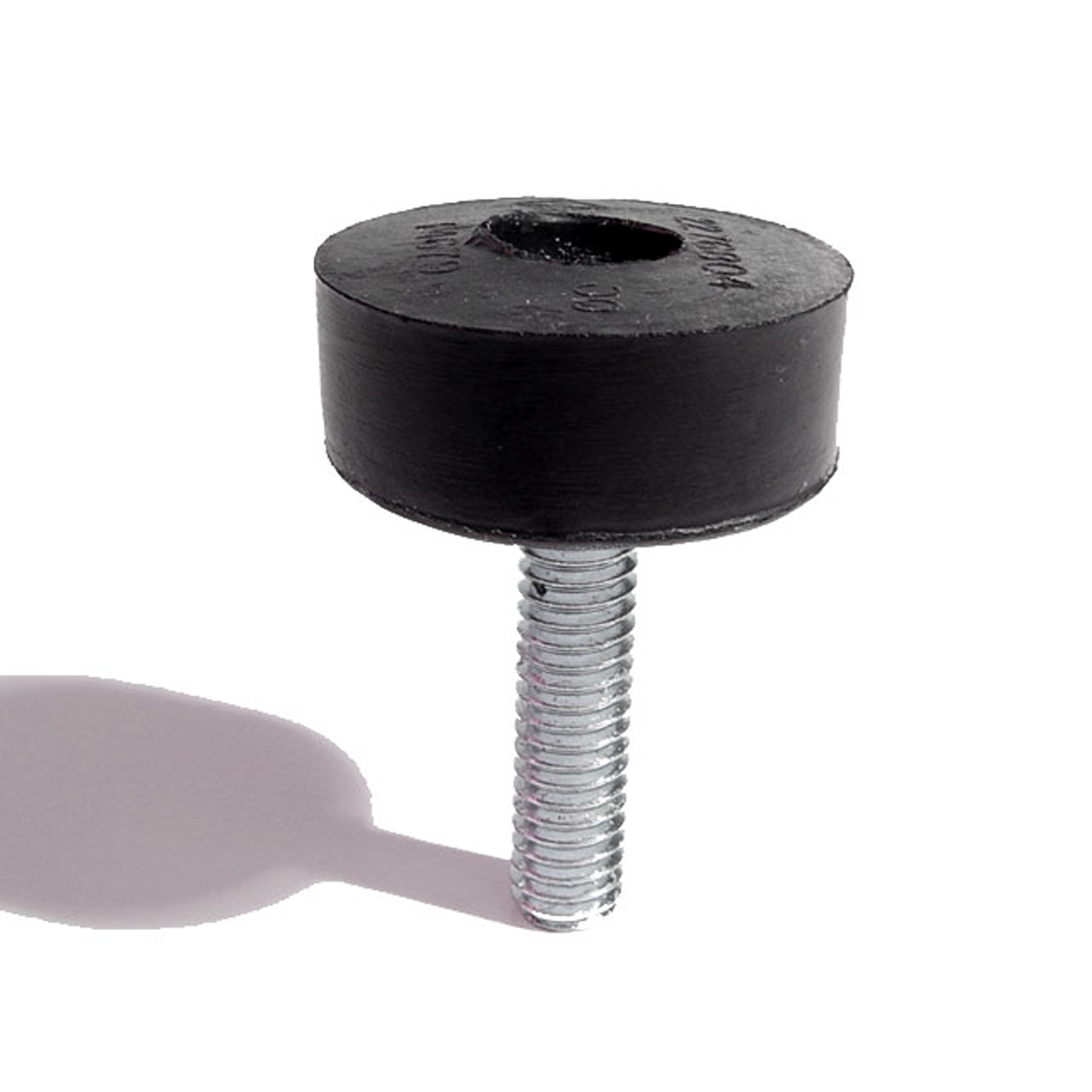 1970 Plymouth Road Runner Hood Adjustment Bolt and Bumper-HA 8Hood Adjustment Bolt and Bumper. 1-3/16" diameter rubber head. 5/16" thick X 18 threads/inch X 1-1/4" long bolt. Each
1970 Plymouth Road Runner Hood Adjustment Bolt and Bumper-HA 8Hood Adjustment Bolt and Bumper. 1-3/16" diameter rubber head. 5/16" thick X 18 threads/inch X 1-1/4" long bolt. Each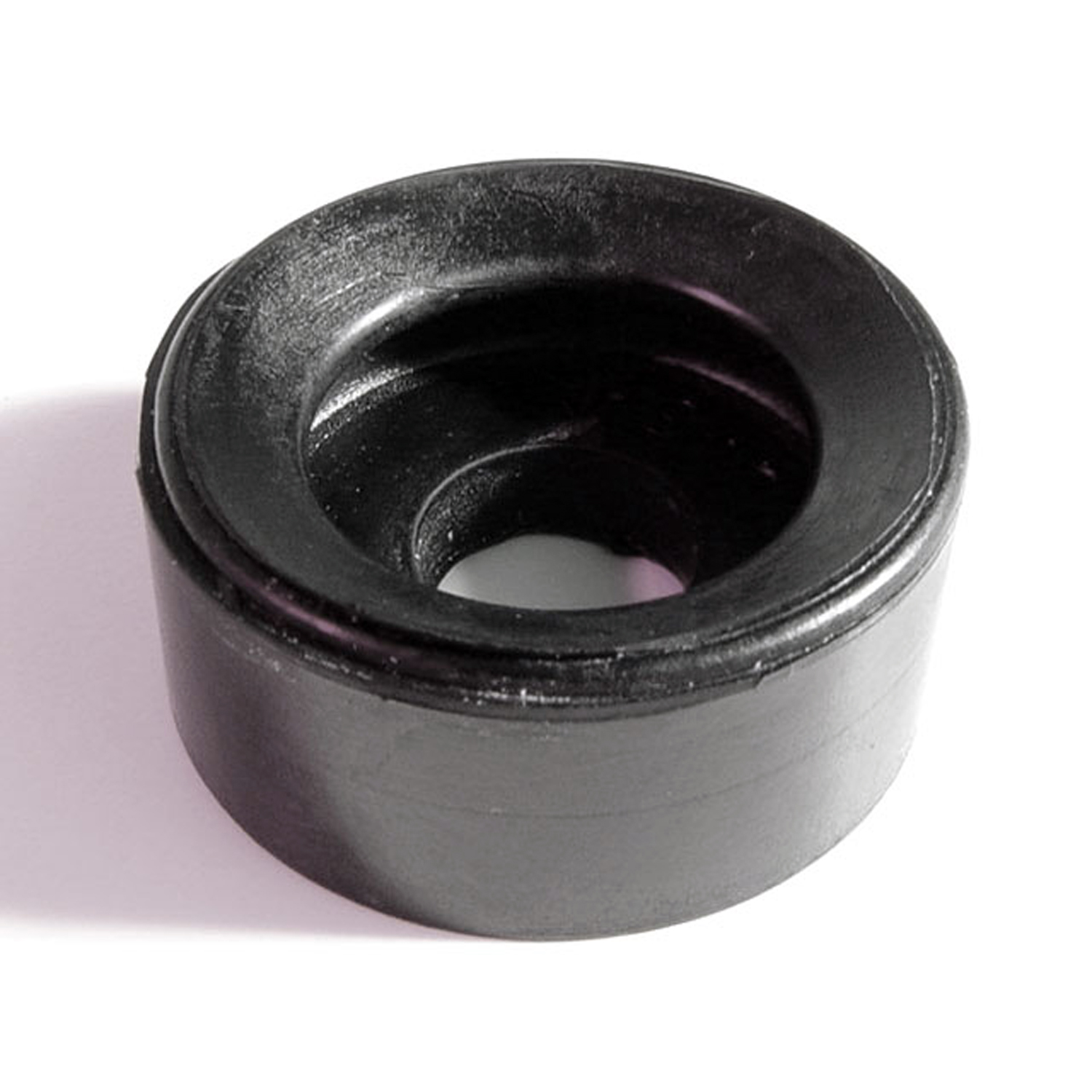 1970 Plymouth Road Runner Hood Adjustment Bumper. 1-1/4" O.D-HA 8-AHood Adjustment Bumper. 1-1/4" O.D., 3/4" large hole, 7/16" small hole, 1/2" thick. Each
1970 Plymouth Road Runner Hood Adjustment Bumper. 1-1/4" O.D-HA 8-AHood Adjustment Bumper. 1-1/4" O.D., 3/4" large hole, 7/16" small hole, 1/2" thick. Each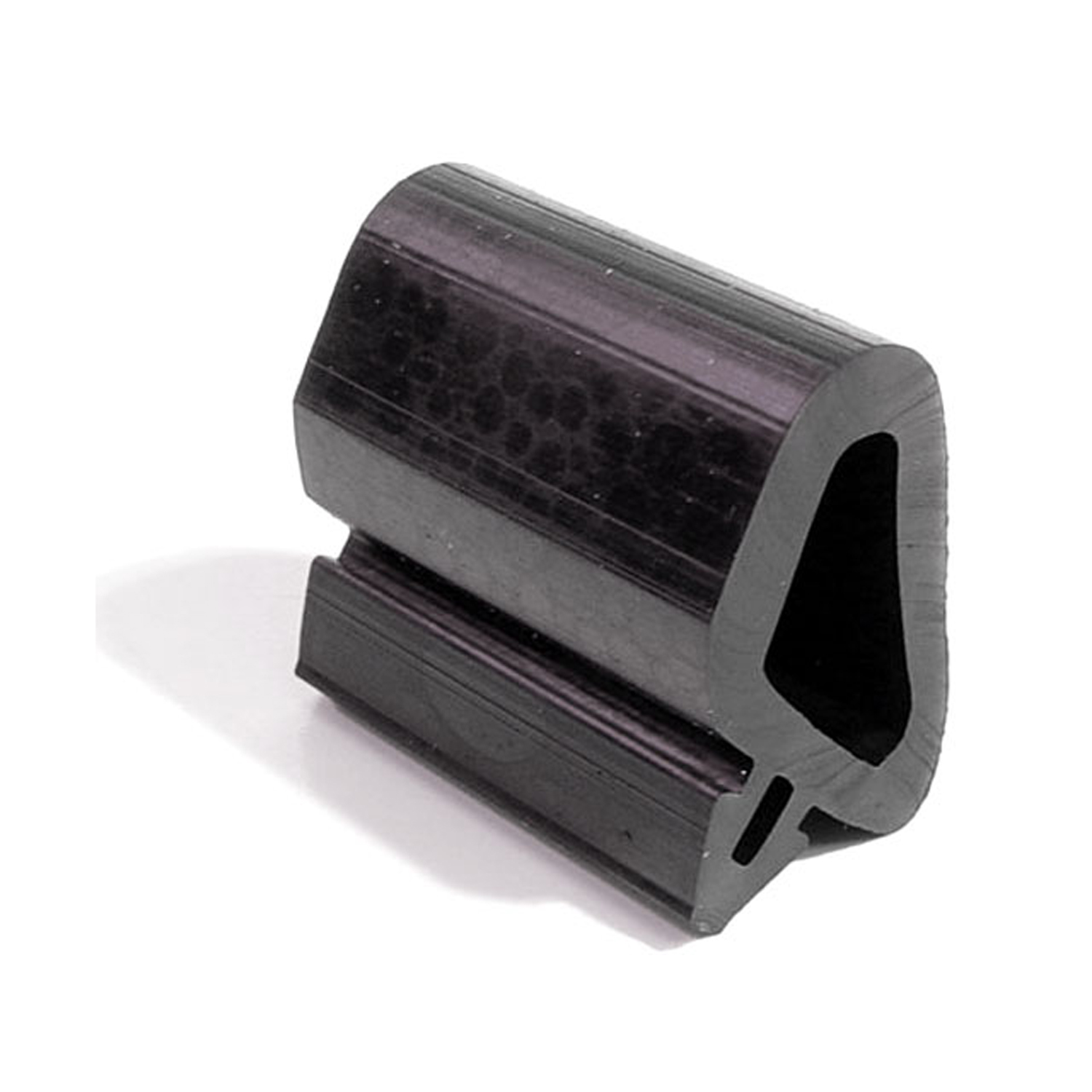 1970 Plymouth Road Runner Hood Side Bumper. Four used per car. Each-HF 19Hood Side Bumper. Measures 0.91" wide x 1.00" tall x 1.043" deep. Four used per car. Each
1970 Plymouth Road Runner Hood Side Bumper. Four used per car. Each-HF 19Hood Side Bumper. Measures 0.91" wide x 1.00" tall x 1.043" deep. Four used per car. Each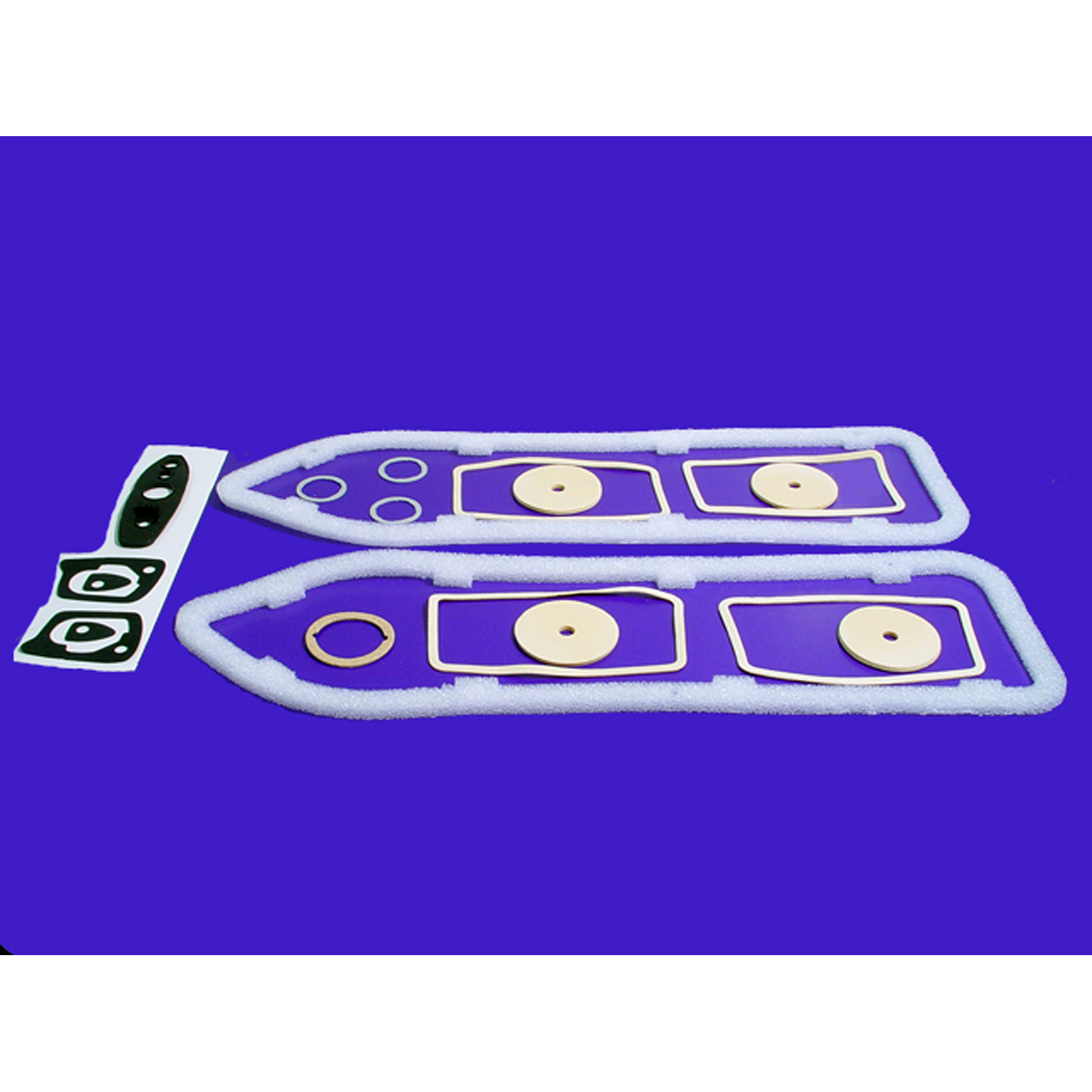 1970 Plymouth Road Runner Lens Gasket Kit.-LGK 7727-100Lens Gasket Kit.
1970 Plymouth Road Runner Lens Gasket Kit.-LGK 7727-100Lens Gasket Kit.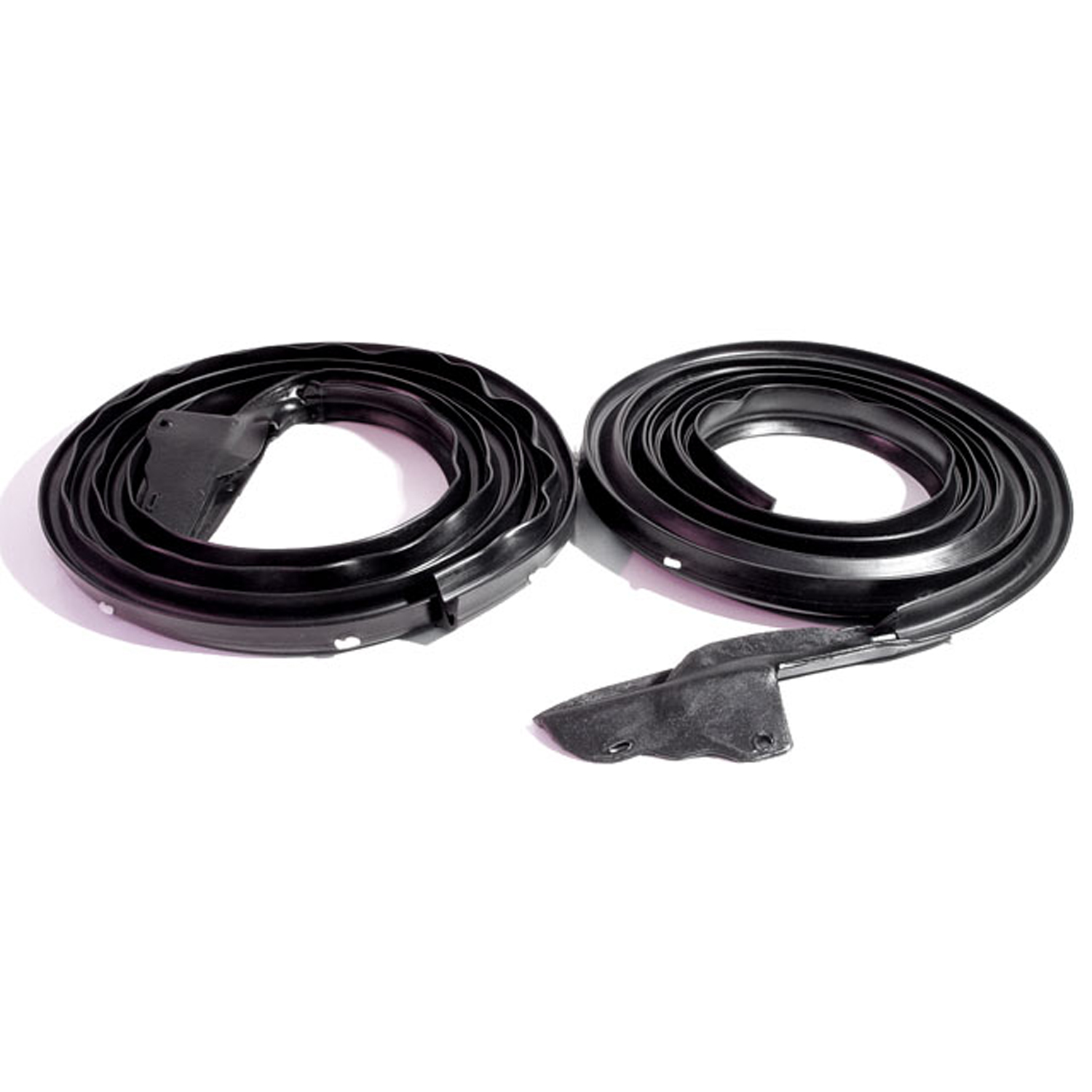 1970 Plymouth Road Runner Molded Door Seals with Steel Core and White Clips-LM 23Molded Door Seals with Steel Core and White Clips. For 2-door hardtop. Replaces OEM #2860400/1. Pair R&L
1970 Plymouth Road Runner Molded Door Seals with Steel Core and White Clips-LM 23Molded Door Seals with Steel Core and White Clips. For 2-door hardtop. Replaces OEM #2860400/1. Pair R&L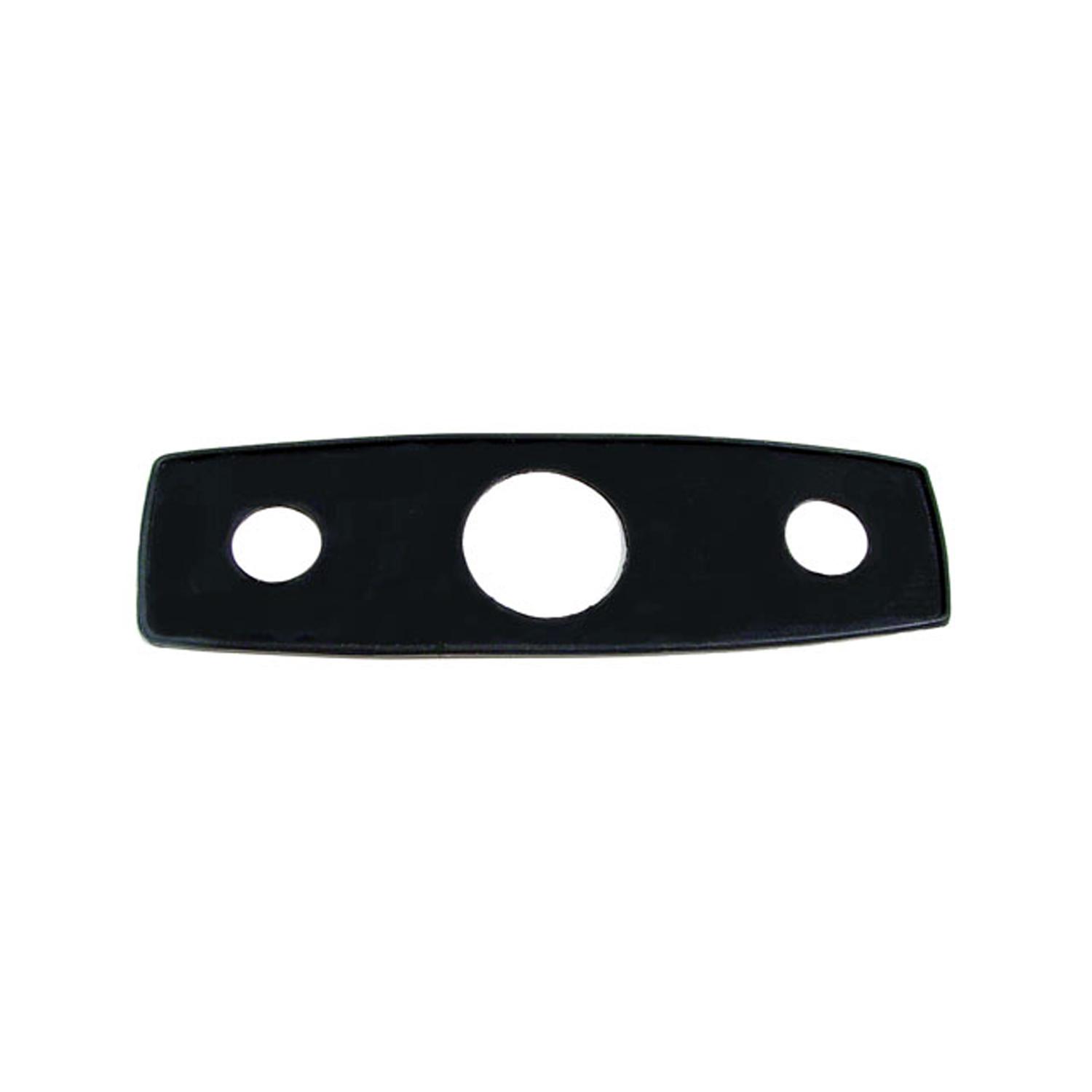 1970 Plymouth Road Runner Racing Style Outside Mirror Pad. 1-3/8" wide X 4-1/2" long-MP 622-DRacing Style Outside Mirror Pad. 1-3/8" wide X 4-1/2" long. Replaces OEM #345-4052-63806 Each
1970 Plymouth Road Runner Racing Style Outside Mirror Pad. 1-3/8" wide X 4-1/2" long-MP 622-DRacing Style Outside Mirror Pad. 1-3/8" wide X 4-1/2" long. Replaces OEM #345-4052-63806 Each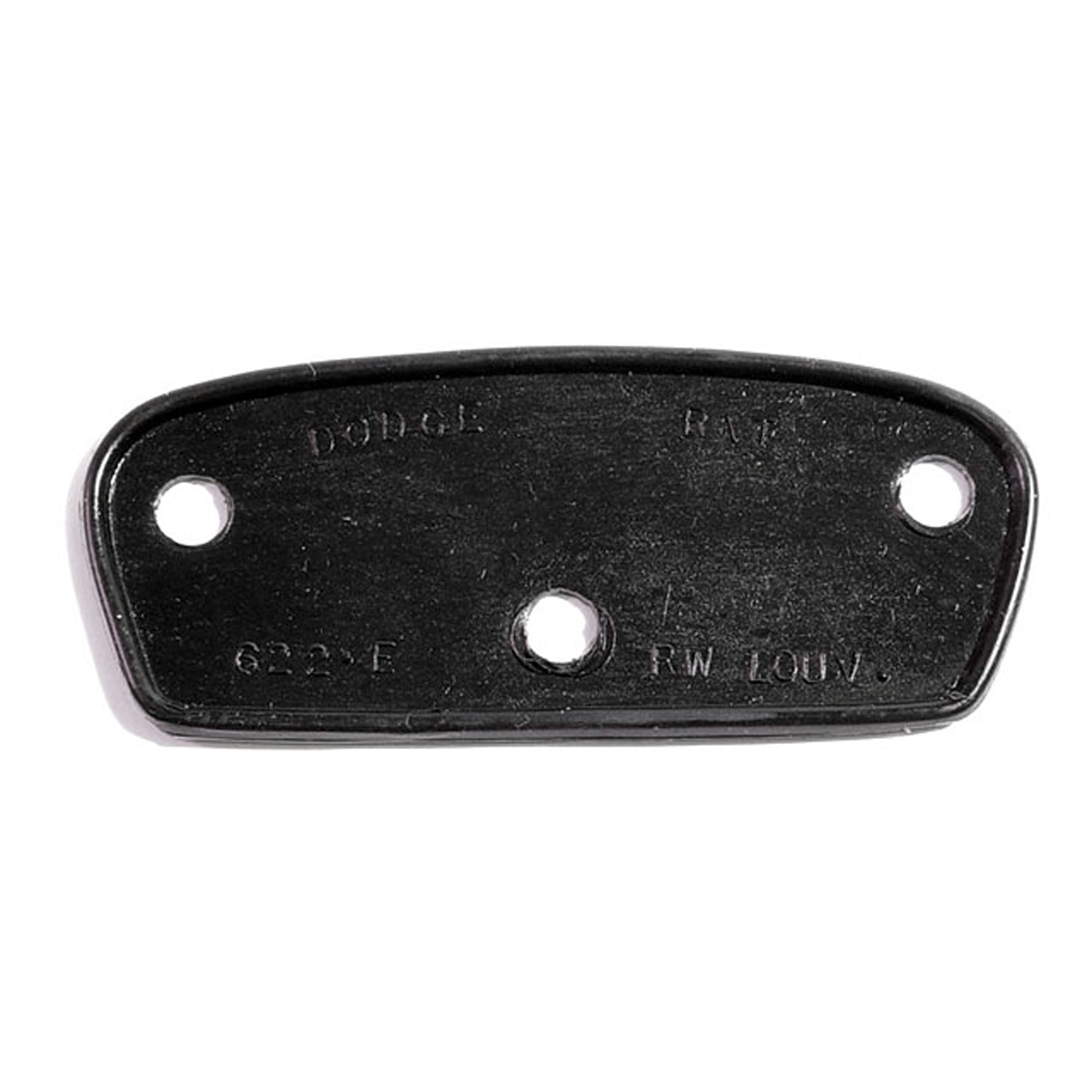 1970 Plymouth Road Runner Rear Window Louver Hinge Pad-MP 622-ERear Window Louver Hinge Pad. For 2-door coupe with rear louvers. 3-3/8" wide X 1-1/2" long. Each
1970 Plymouth Road Runner Rear Window Louver Hinge Pad-MP 622-ERear Window Louver Hinge Pad. For 2-door coupe with rear louvers. 3-3/8" wide X 1-1/2" long. Each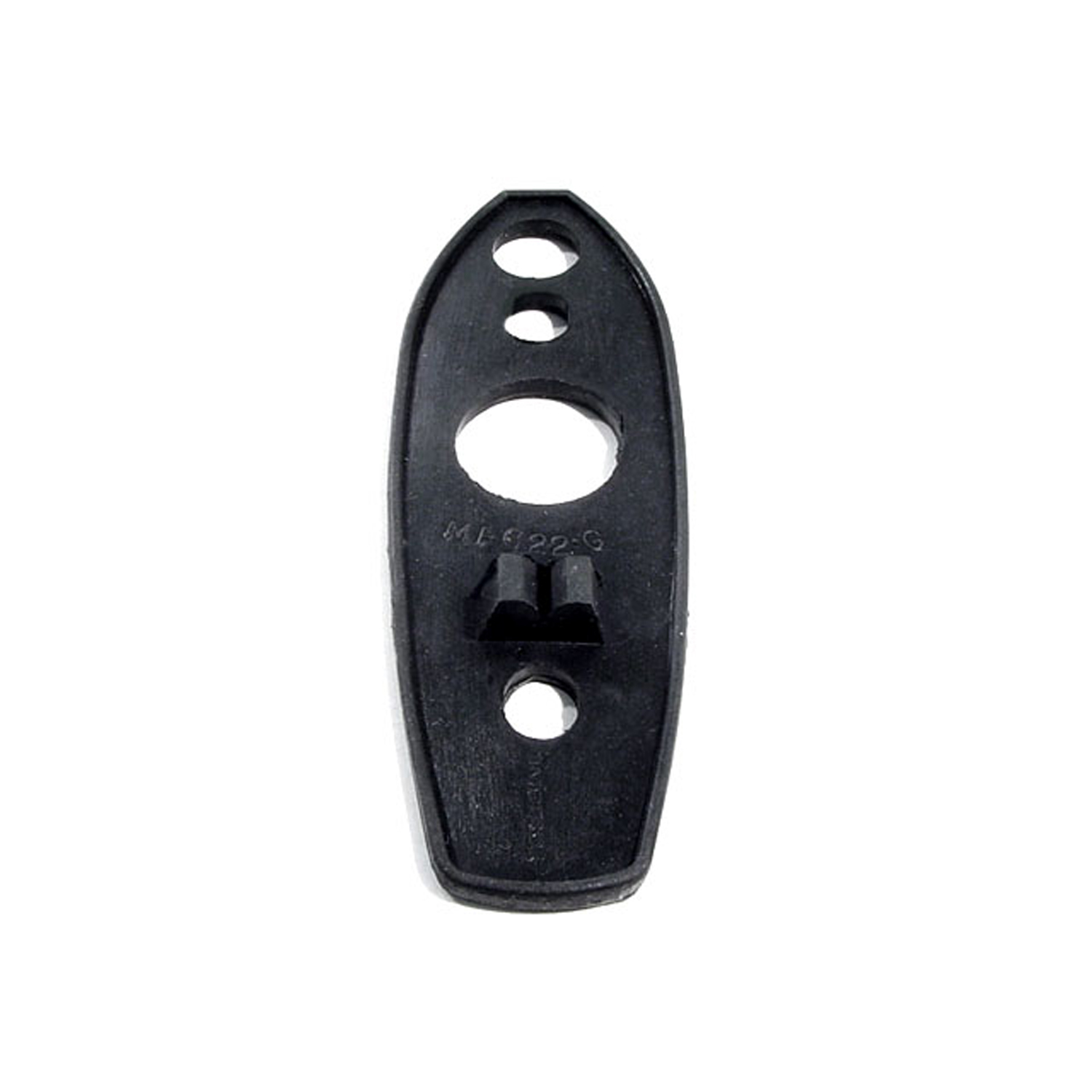 1970 Plymouth Road Runner Remote Mirror Pad. Each-MP 622-GRemote Mirror Pad. Each
1970 Plymouth Road Runner Remote Mirror Pad. Each-MP 622-GRemote Mirror Pad. Each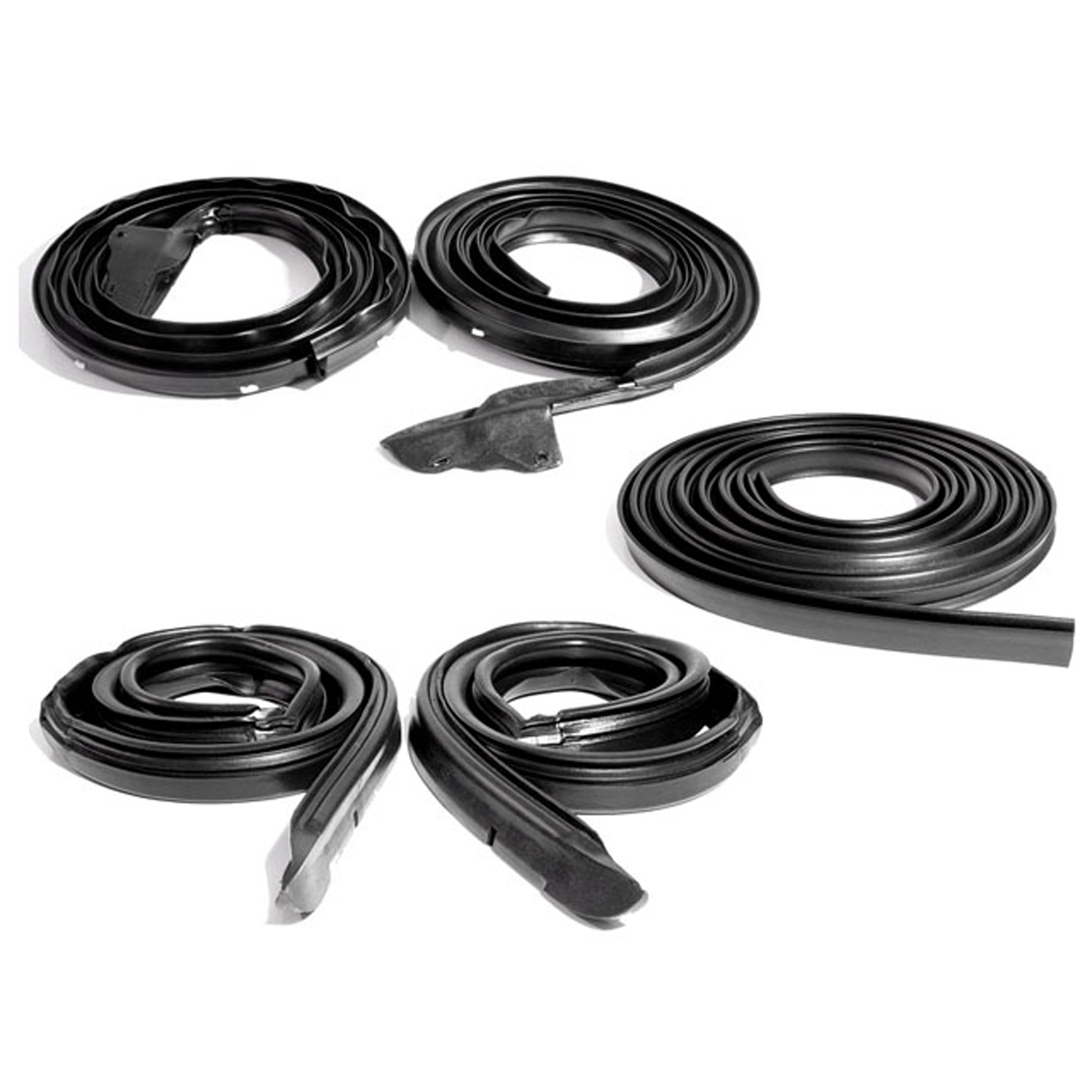 1970 Plymouth Road Runner Basic Kit, for 2-Door Coupe-RKB 4005-105Basic Kit, for 2-Door Coupe. Door (LM 23) Roof Rail (RR 4001) Trunk (TK 2327), Seals.
1970 Plymouth Road Runner Basic Kit, for 2-Door Coupe-RKB 4005-105Basic Kit, for 2-Door Coupe. Door (LM 23) Roof Rail (RR 4001) Trunk (TK 2327), Seals.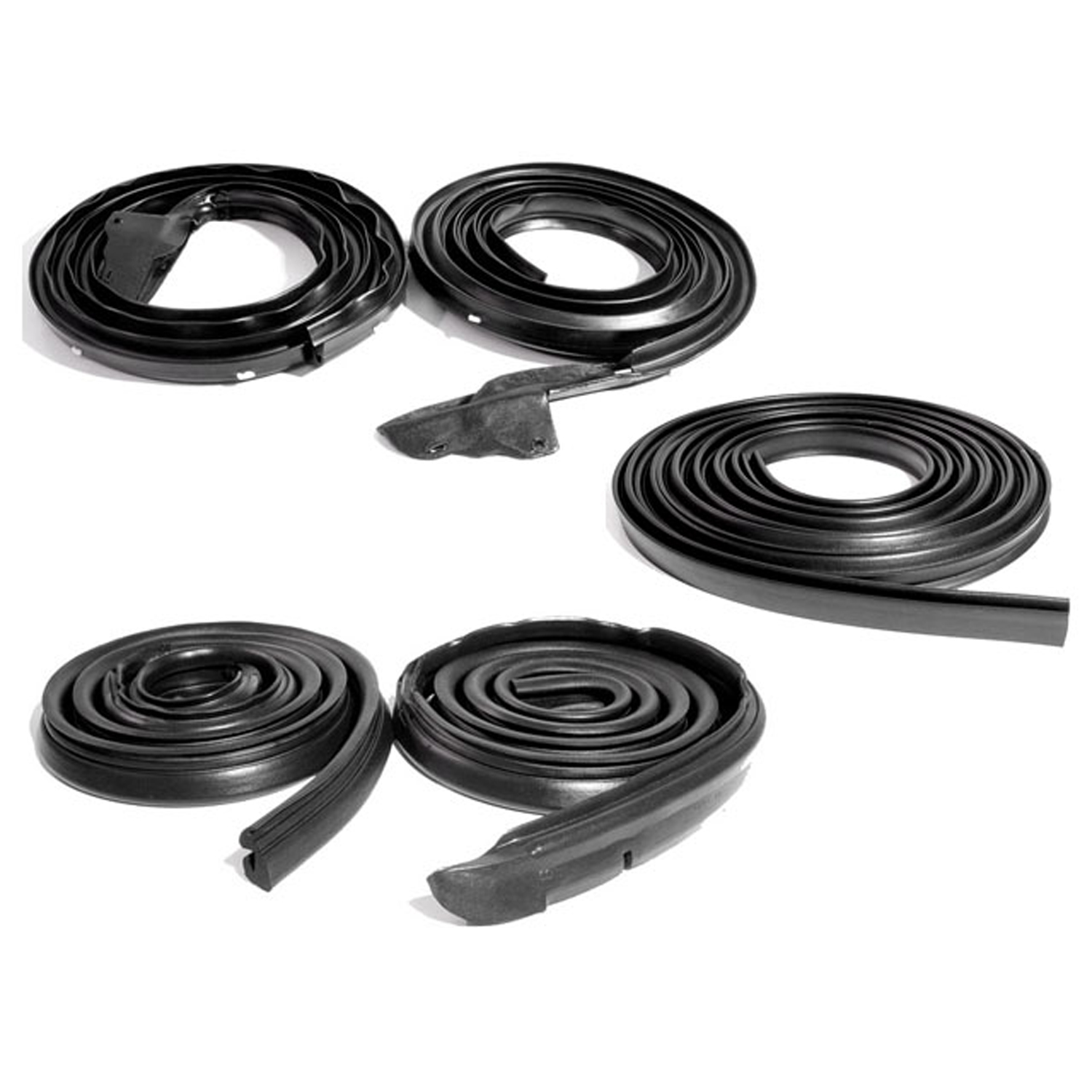 1970 Plymouth Road Runner Basic Kit, for 2-Door Hardtop-RKB 4005-110Basic Kit, for 2-Door Hardtop. Door (LM 23) Roof Rail (RR 4001-A) Trunk (TK 2327), Seals.
1970 Plymouth Road Runner Basic Kit, for 2-Door Hardtop-RKB 4005-110Basic Kit, for 2-Door Hardtop. Door (LM 23) Roof Rail (RR 4001-A) Trunk (TK 2327), Seals.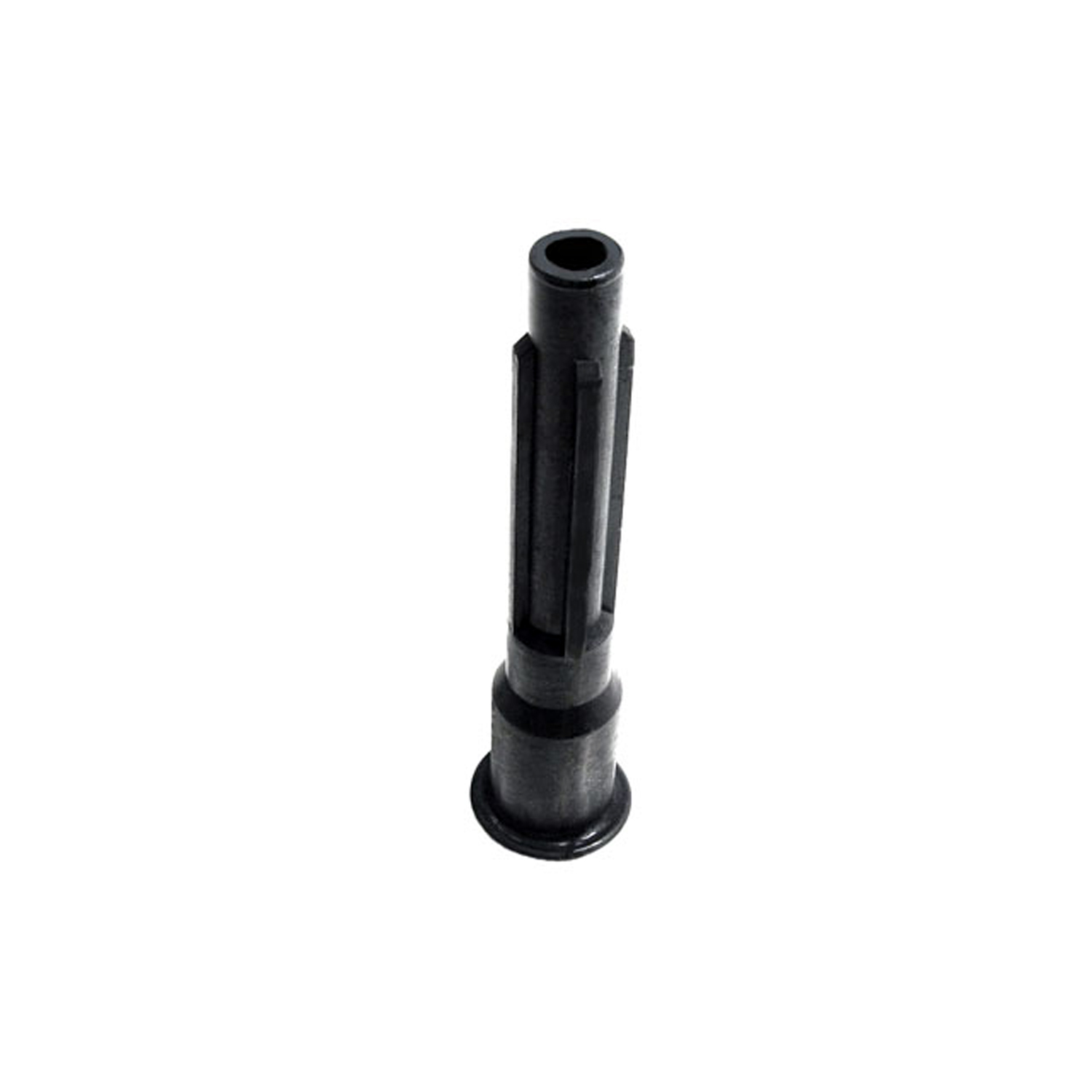 1970 Plymouth Road Runner Flexible Spark Plug Boot, used on Hemi's with power brakes-RP 1-MFlexible Spark Plug Boot, used on Hemi's with power brakes. 4" long, 5/16" upper i.d., 5/8" lower i.d. Each
1970 Plymouth Road Runner Flexible Spark Plug Boot, used on Hemi's with power brakes-RP 1-MFlexible Spark Plug Boot, used on Hemi's with power brakes. 4" long, 5/16" upper i.d., 5/8" lower i.d. Each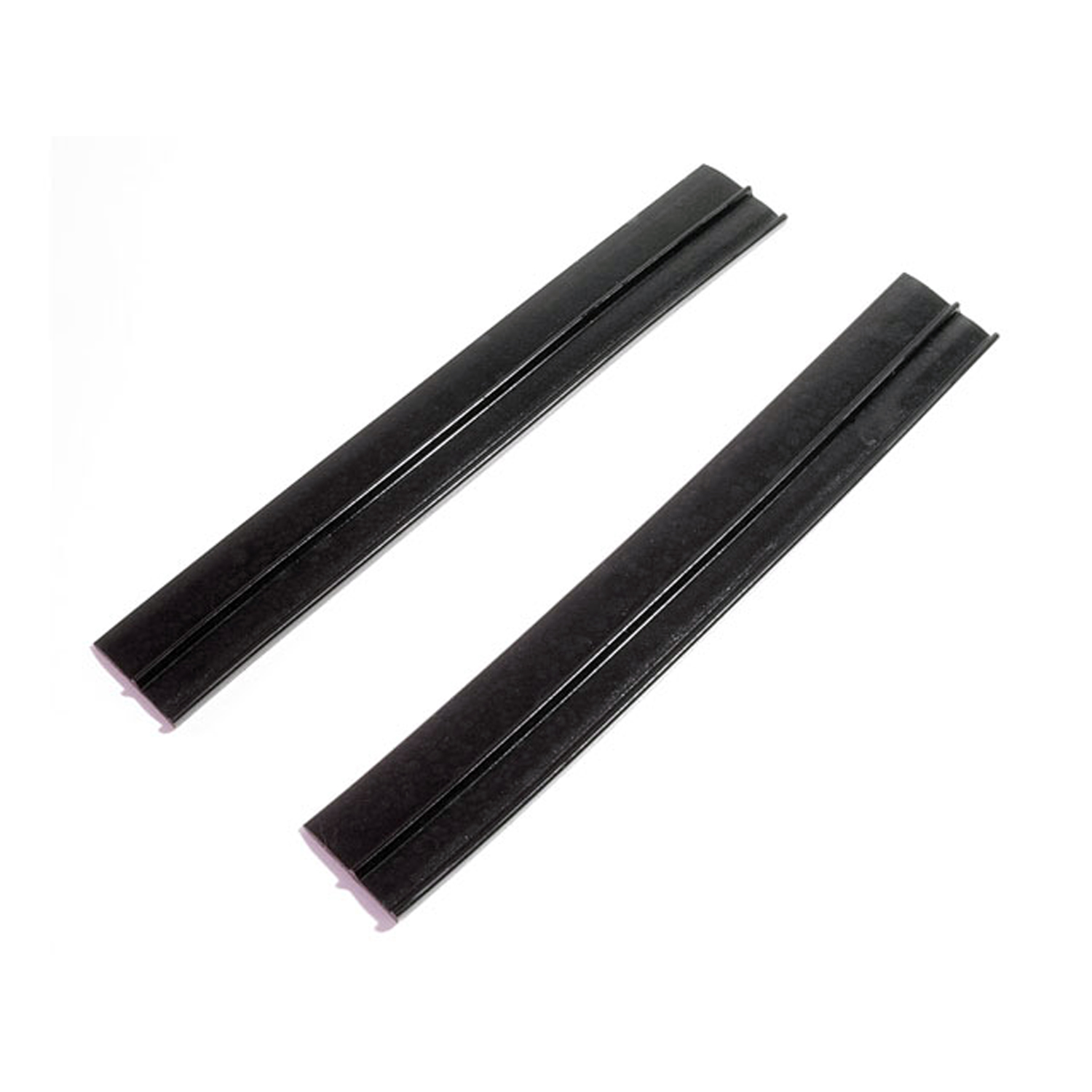 1970 Plymouth Road Runner Trap Door Seals. Pair-RP 300-RTrap Door Seals. Pair
1970 Plymouth Road Runner Trap Door Seals. Pair-RP 300-RTrap Door Seals. Pair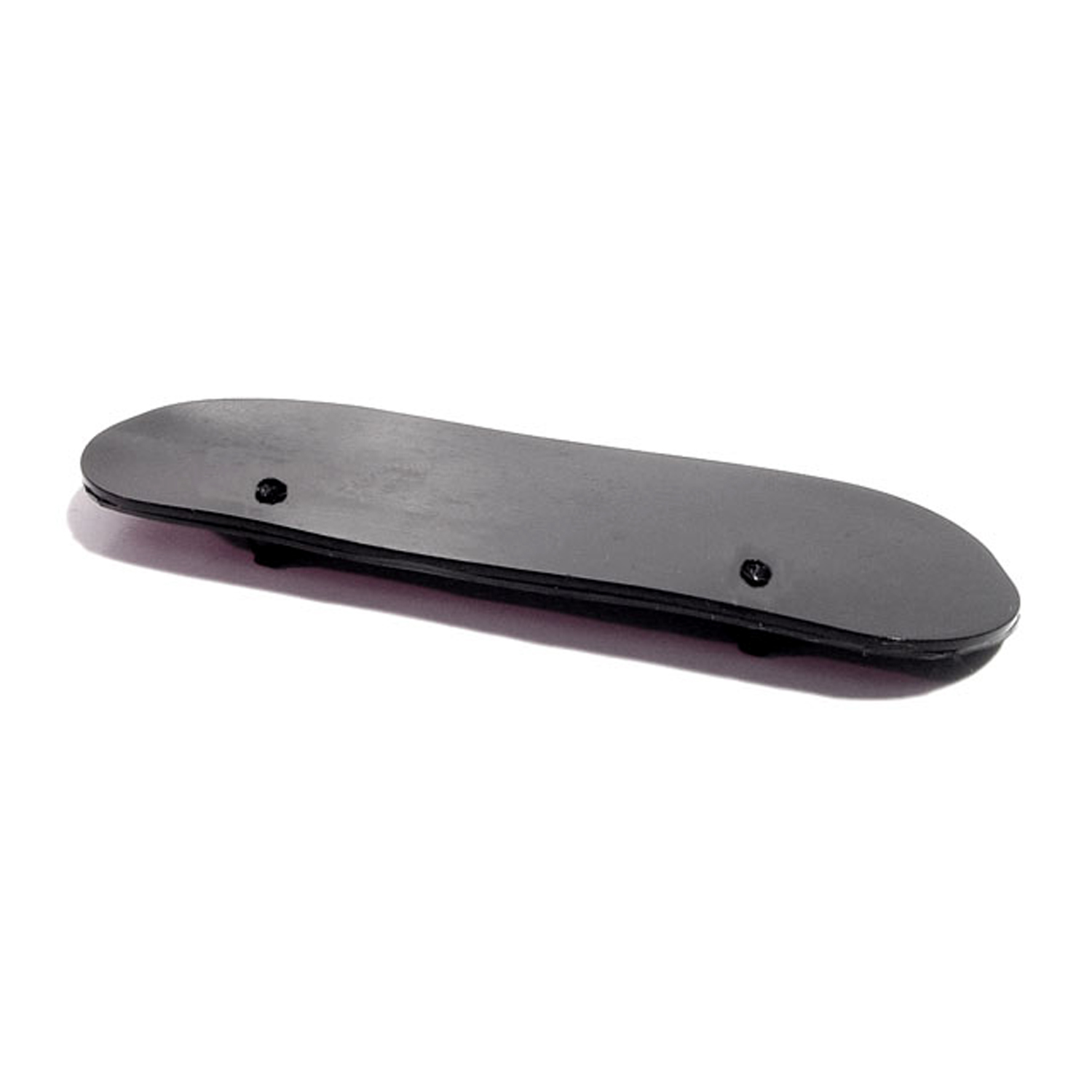 1970 Plymouth Road Runner Drain Flap on Cowl. Each-RP 900-ADrain Flap on Cowl. Each
1970 Plymouth Road Runner Drain Flap on Cowl. Each-RP 900-ADrain Flap on Cowl. Each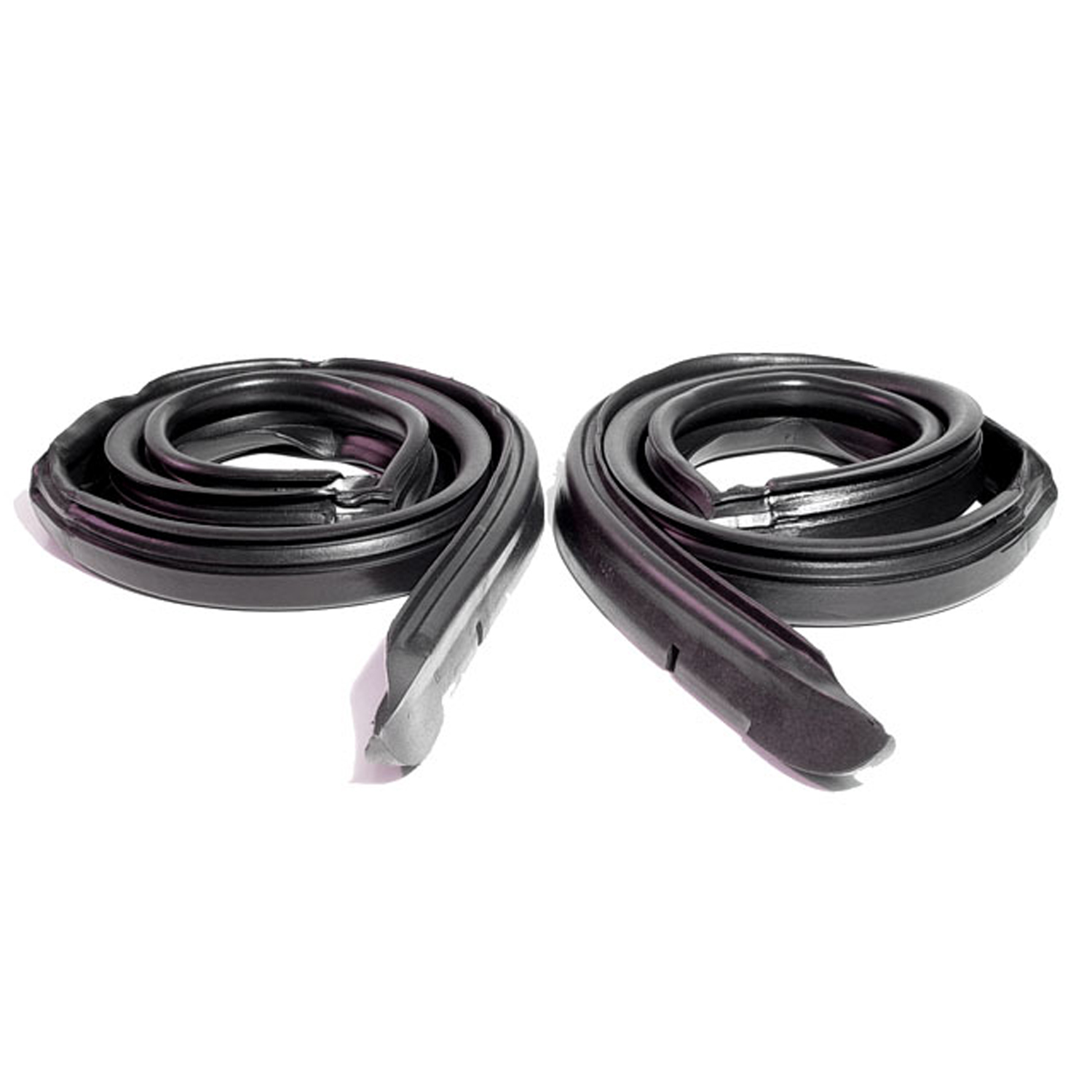 1970 Plymouth Road Runner Molded Roof Rail Seals, for 2-Door Hardtop with Post-RR 4001Molded Roof Rail Seals, for 2-Door Hardtop with Post. Pair R&L
1970 Plymouth Road Runner Molded Roof Rail Seals, for 2-Door Hardtop with Post-RR 4001Molded Roof Rail Seals, for 2-Door Hardtop with Post. Pair R&L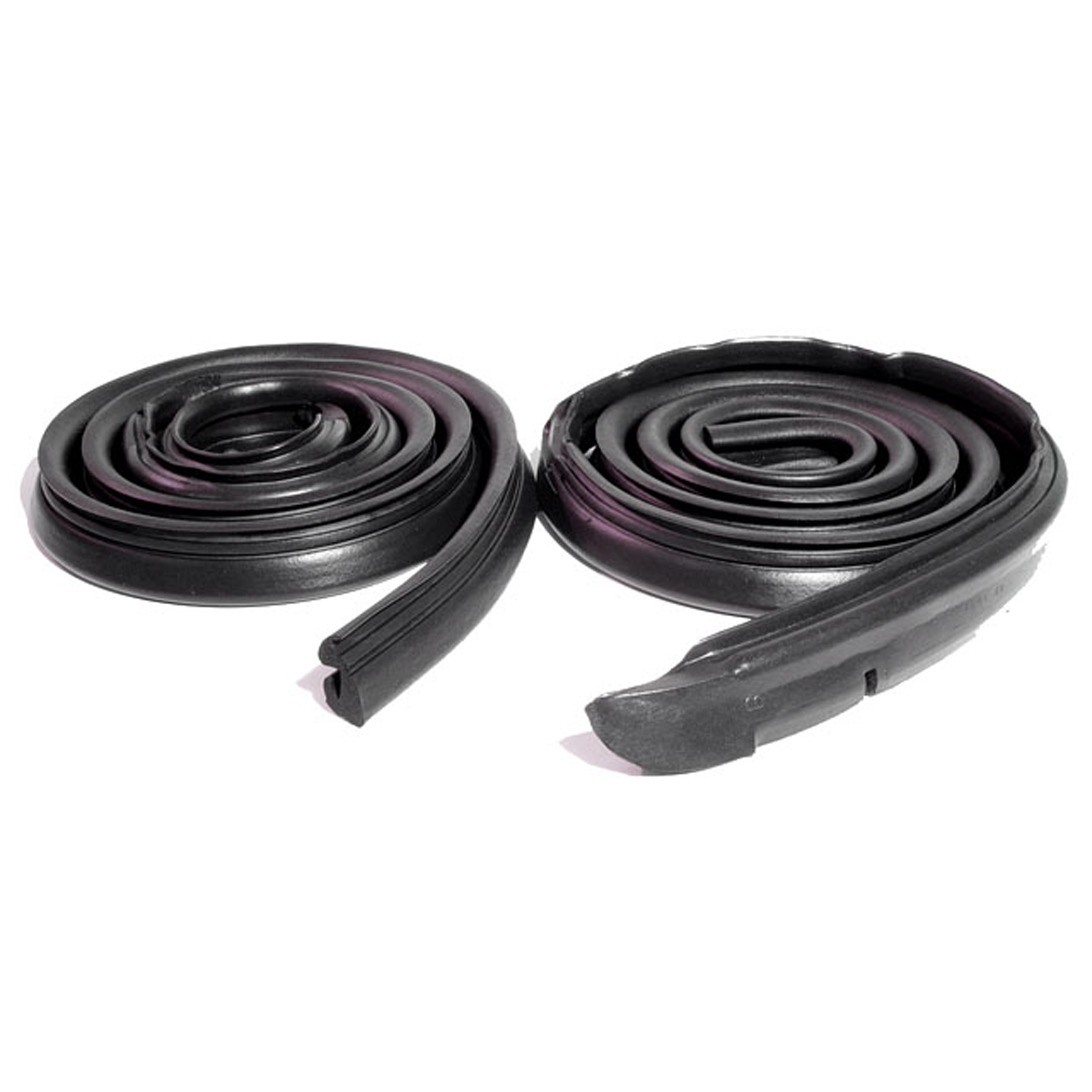 1970 Plymouth Road Runner Molded Roof Rail Seals, for 2-Door Hardtop without Post-RR 4001-AMolded Roof Rail Seals, for 2-Door Hardtop without Post. Pair R&L
1970 Plymouth Road Runner Molded Roof Rail Seals, for 2-Door Hardtop without Post-RR 4001-AMolded Roof Rail Seals, for 2-Door Hardtop without Post. Pair R&L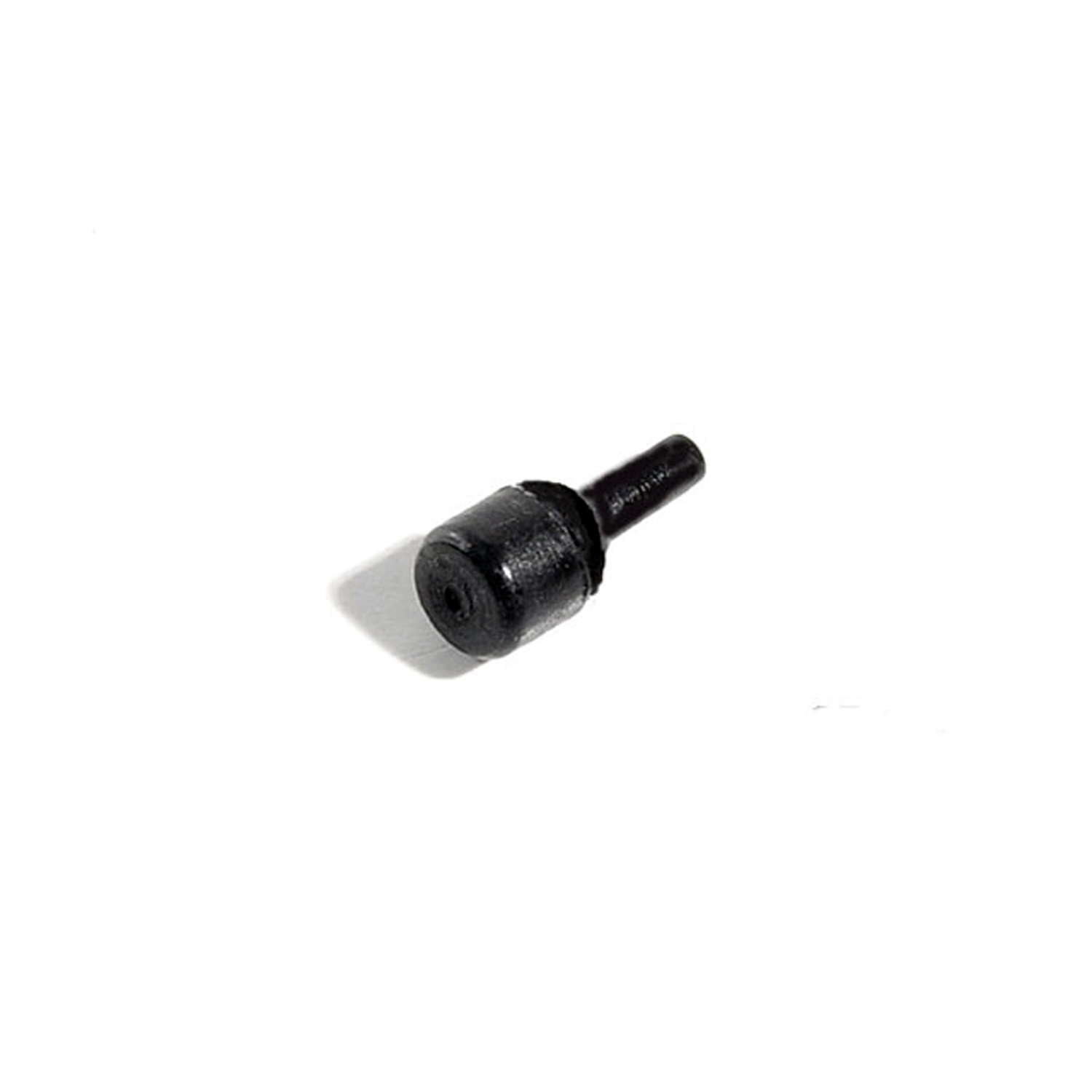 1970 Plymouth Road Runner Ashtray Bumper. 9/16" Long. Each-SB 120Ashtray Bumper. 9/16" Long. Each
1970 Plymouth Road Runner Ashtray Bumper. 9/16" Long. Each-SB 120Ashtray Bumper. 9/16" Long. Each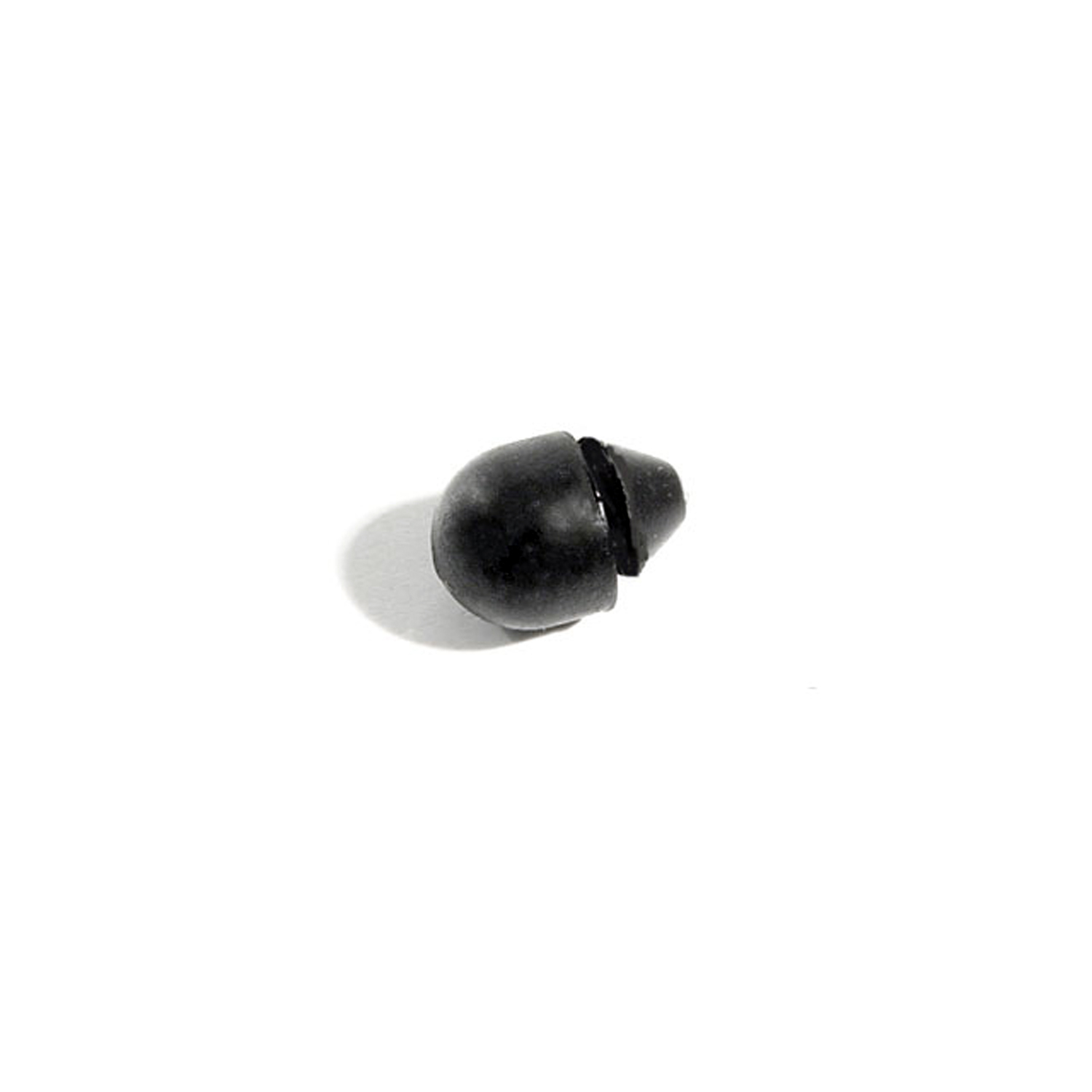 1970 Plymouth Road Runner Glove Box Bumper. 1/2" Long. Each-SB 121Glove Box Bumper. 1/2" Long. Each
1970 Plymouth Road Runner Glove Box Bumper. 1/2" Long. Each-SB 121Glove Box Bumper. 1/2" Long. Each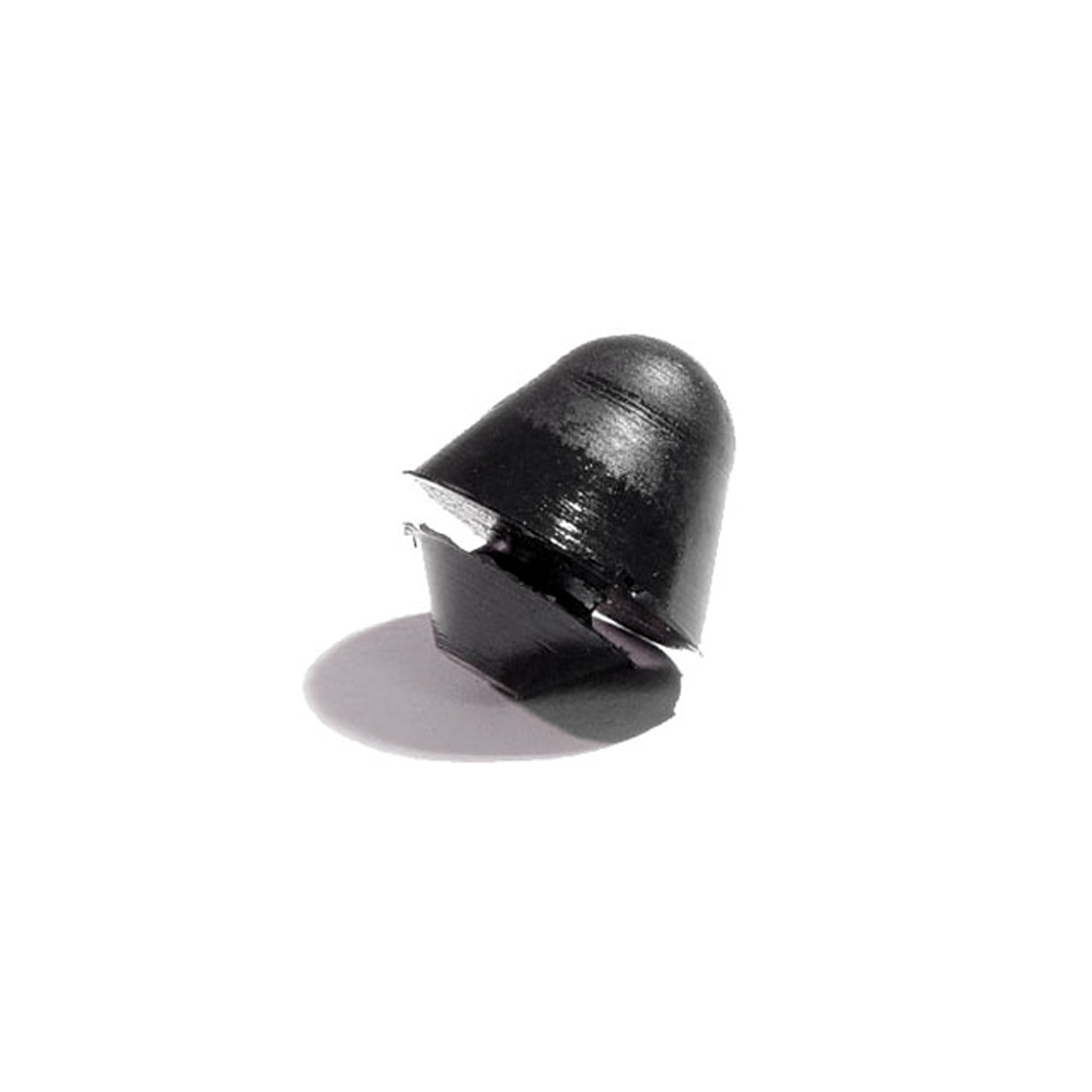 1970 Plymouth Road Runner Glove Box Bumper. Each-SB 121-AGlove Box Bumper. Each
1970 Plymouth Road Runner Glove Box Bumper. Each-SB 121-AGlove Box Bumper. Each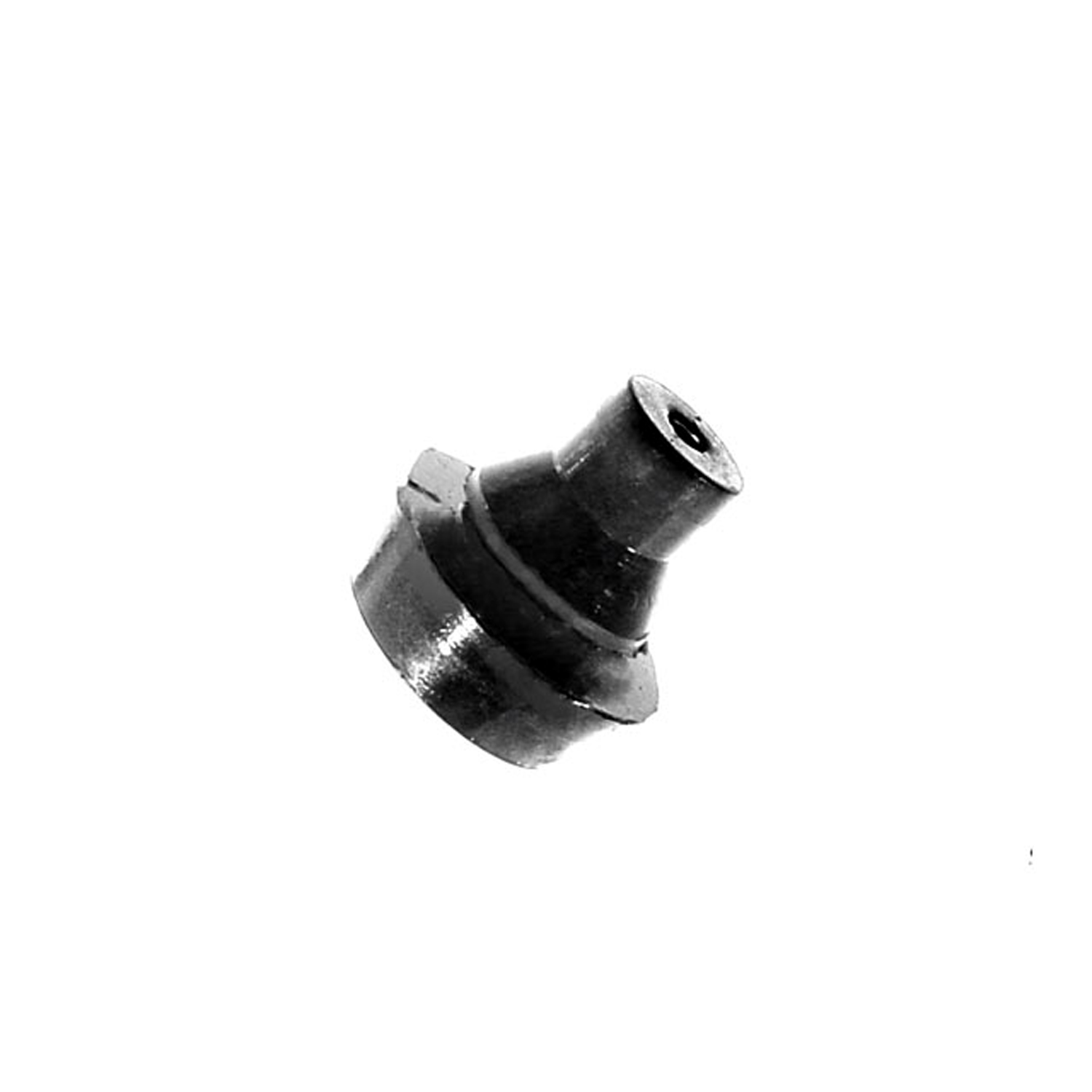 1970 Plymouth Road Runner License Plate Bumper. Replaces OEM #2094618-SB 123License Plate Bumper. Replaces OEM #2094618. 5/8" high, 5/8" O.D. Each
1970 Plymouth Road Runner License Plate Bumper. Replaces OEM #2094618-SB 123License Plate Bumper. Replaces OEM #2094618. 5/8" high, 5/8" O.D. Each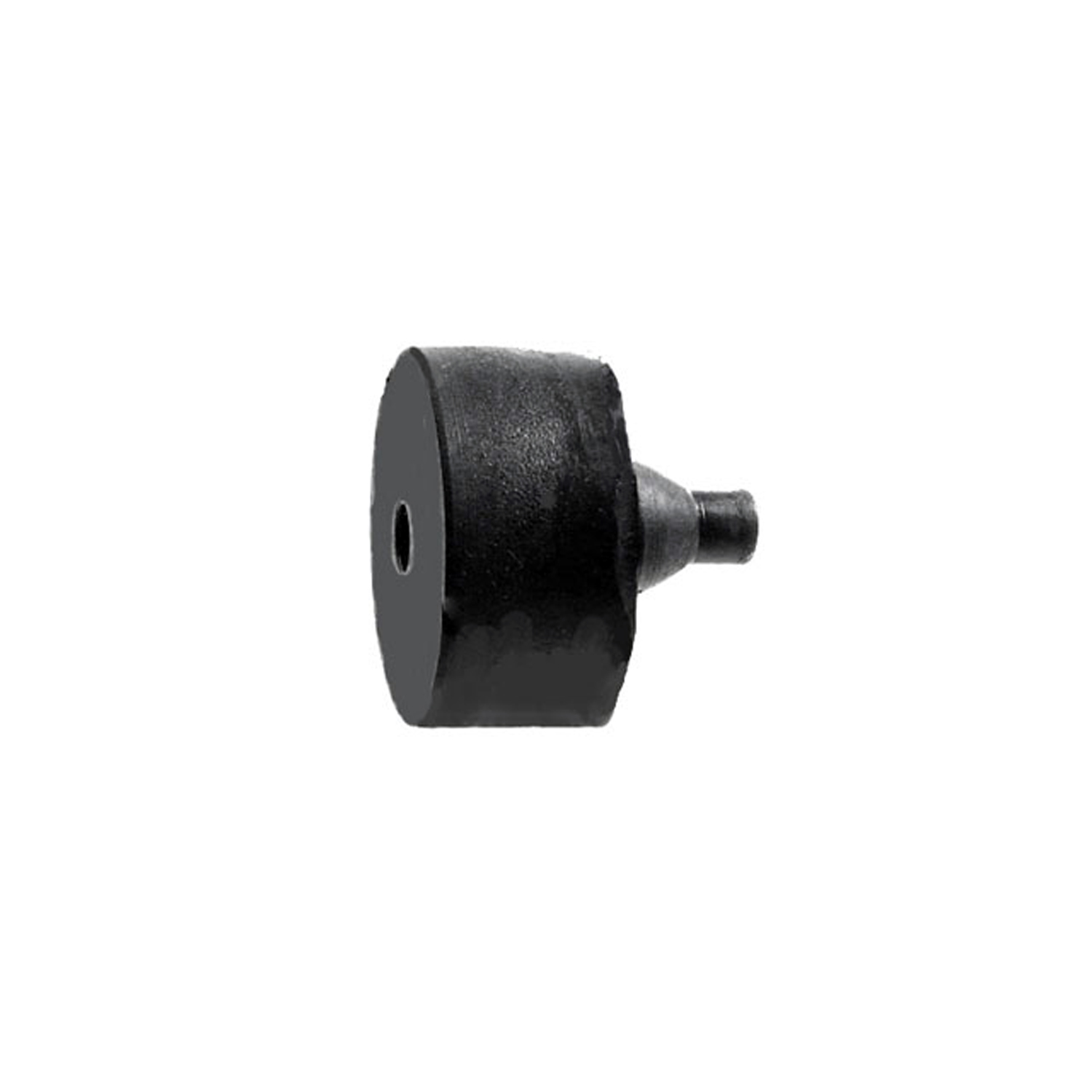 1970 Plymouth Road Runner Hood and Trunk Bumper. Replaces OEM #2785714. Each-SB 124Hood and Trunk Bumper. Replaces OEM #2785714. Each
1970 Plymouth Road Runner Hood and Trunk Bumper. Replaces OEM #2785714. Each-SB 124Hood and Trunk Bumper. Replaces OEM #2785714. Each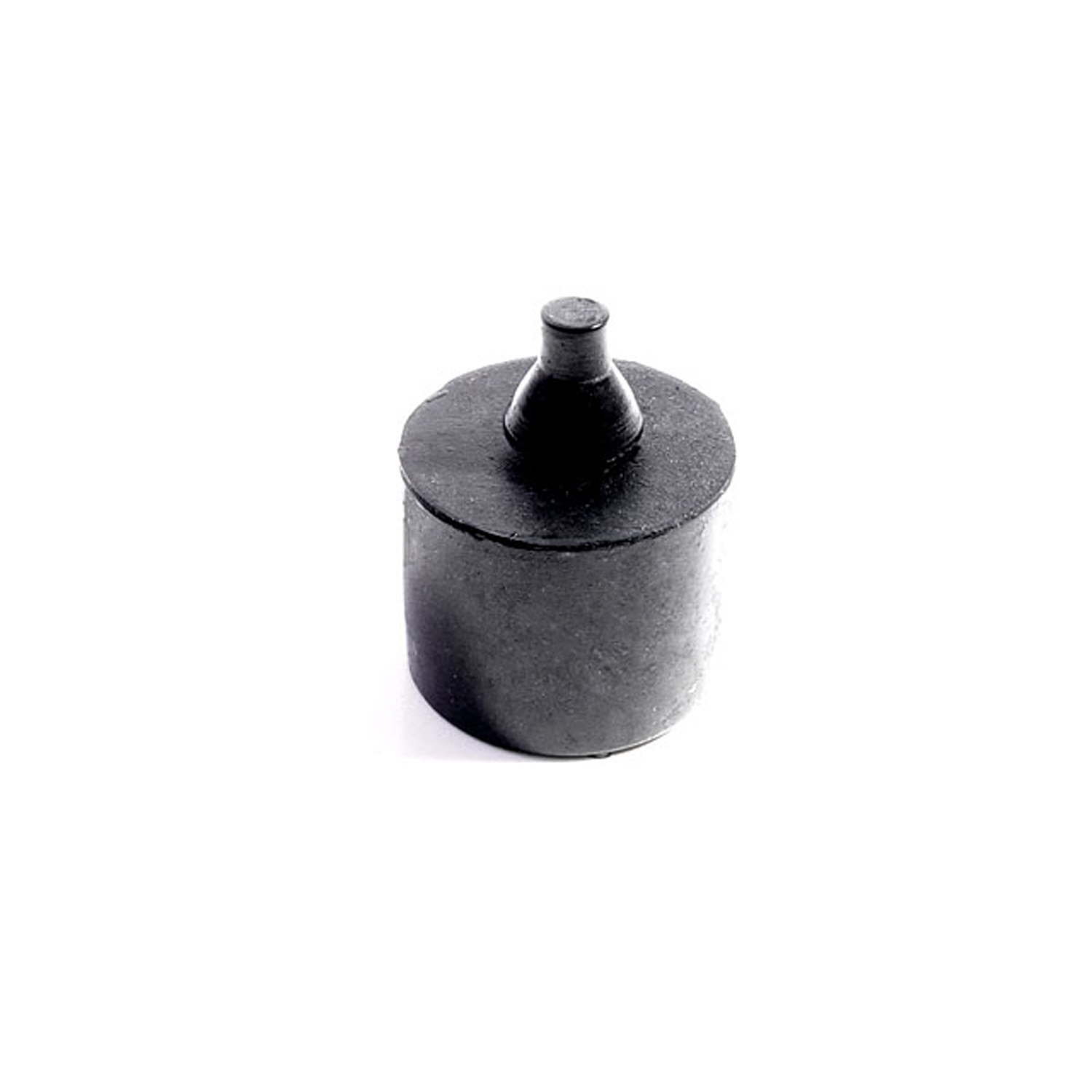 1970 Plymouth Road Runner Rear Center Hood & Trunk Bumper ('68: Trunk '70-'74: Hood)-SB 125Rear Center Hood & Trunk Bumper ('68: Trunk '70-'74: Hood). 1-1/8" high, 15/16" O.D. Each
1970 Plymouth Road Runner Rear Center Hood & Trunk Bumper ('68: Trunk '70-'74: Hood)-SB 125Rear Center Hood & Trunk Bumper ('68: Trunk '70-'74: Hood). 1-1/8" high, 15/16" O.D. Each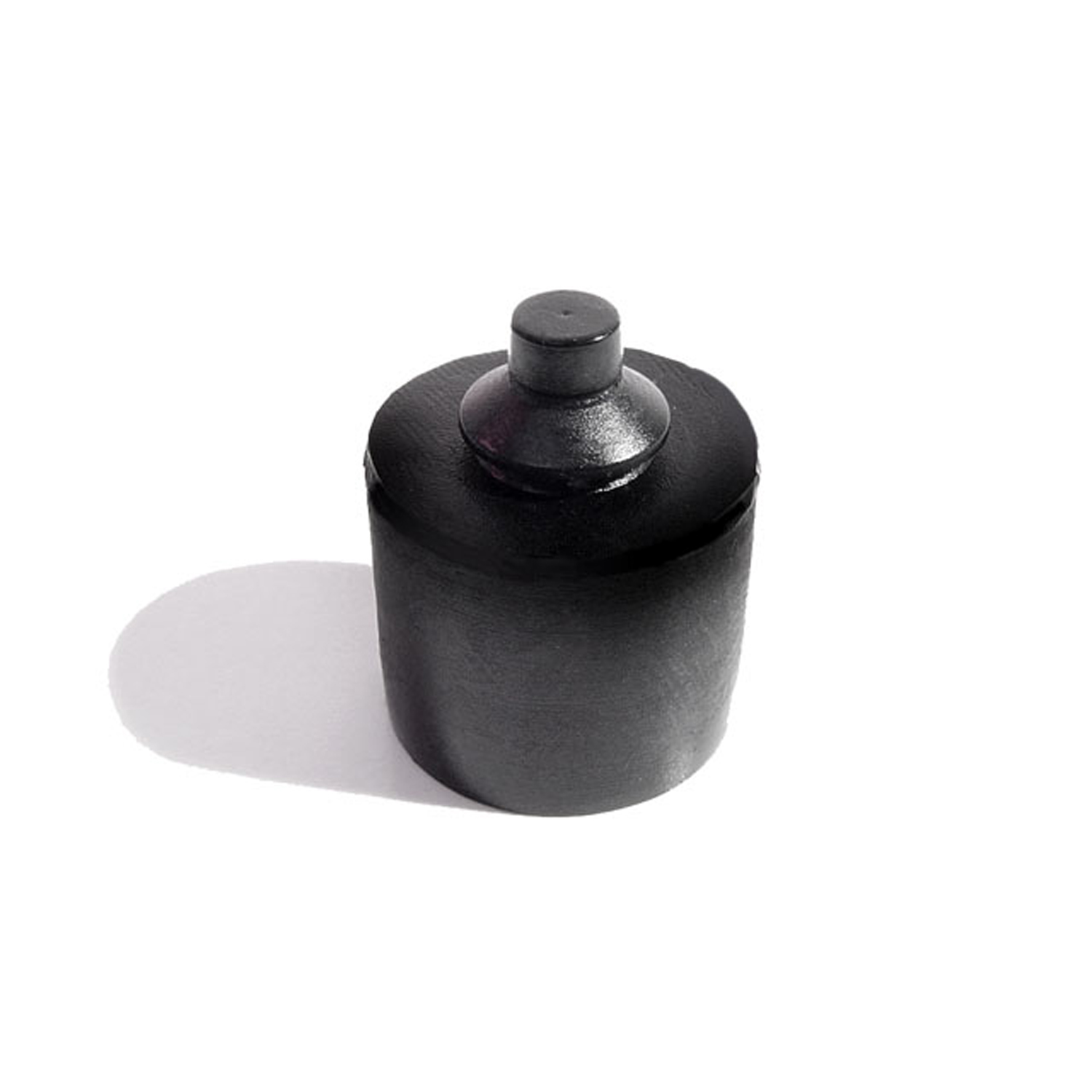 1970 Plymouth Road Runner Trunk Bumper. Each-SB 125-ATrunk Bumper. Each Width side to side 7/8". Height of bumper head 3/4 tall. Stem width is 3/8 Width of step 1/2. Hole at the top 1/8 diameter.
1970 Plymouth Road Runner Trunk Bumper. Each-SB 125-ATrunk Bumper. Each Width side to side 7/8". Height of bumper head 3/4 tall. Stem width is 3/8 Width of step 1/2. Hole at the top 1/8 diameter.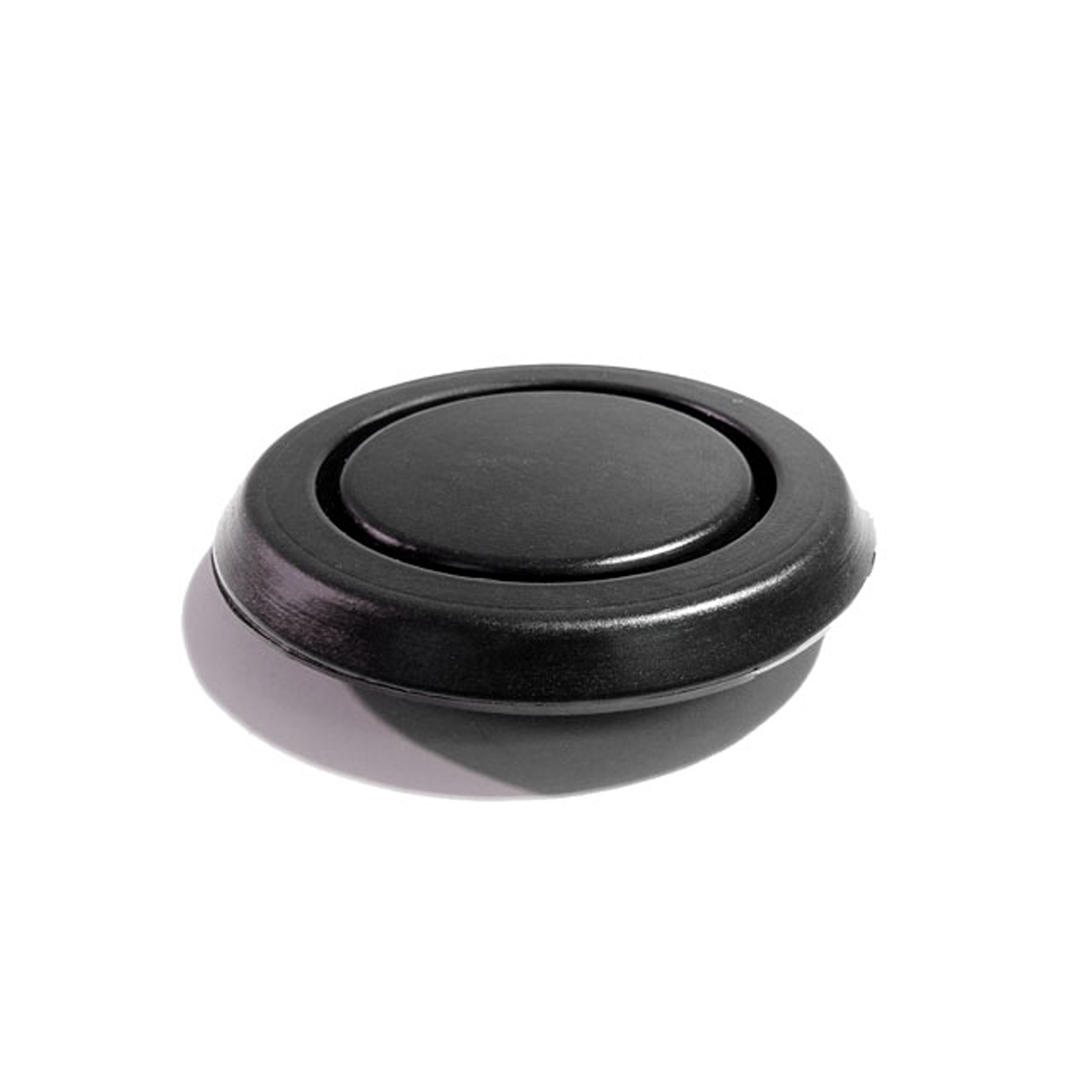 1970 Plymouth Road Runner Trunk Floor Plug. 2-1/8" O.D. Fits 1-3/4" hole-SB 127Trunk Floor Plug. 2-1/8" O.D. Fits 1-3/4" hole. Replaces OEM #2189375. Each
1970 Plymouth Road Runner Trunk Floor Plug. 2-1/8" O.D. Fits 1-3/4" hole-SB 127Trunk Floor Plug. 2-1/8" O.D. Fits 1-3/4" hole. Replaces OEM #2189375. Each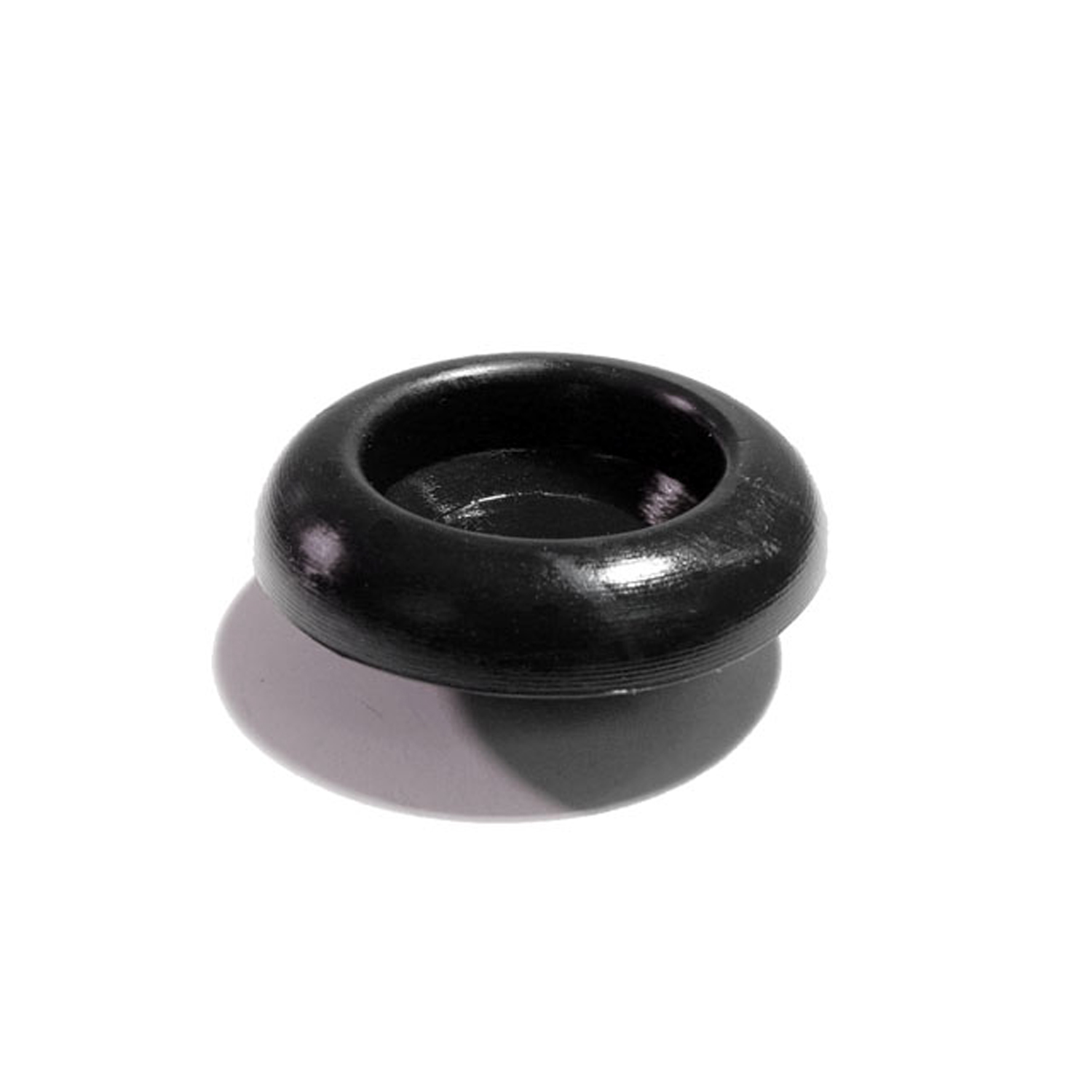 1970 Plymouth Road Runner Trunk and Body Plug. Fits 1-1/8" hole. Each-SB 127-DTrunk and Body Plug. Fits 1-1/8" hole. Each
1970 Plymouth Road Runner Trunk and Body Plug. Fits 1-1/8" hole. Each-SB 127-DTrunk and Body Plug. Fits 1-1/8" hole. Each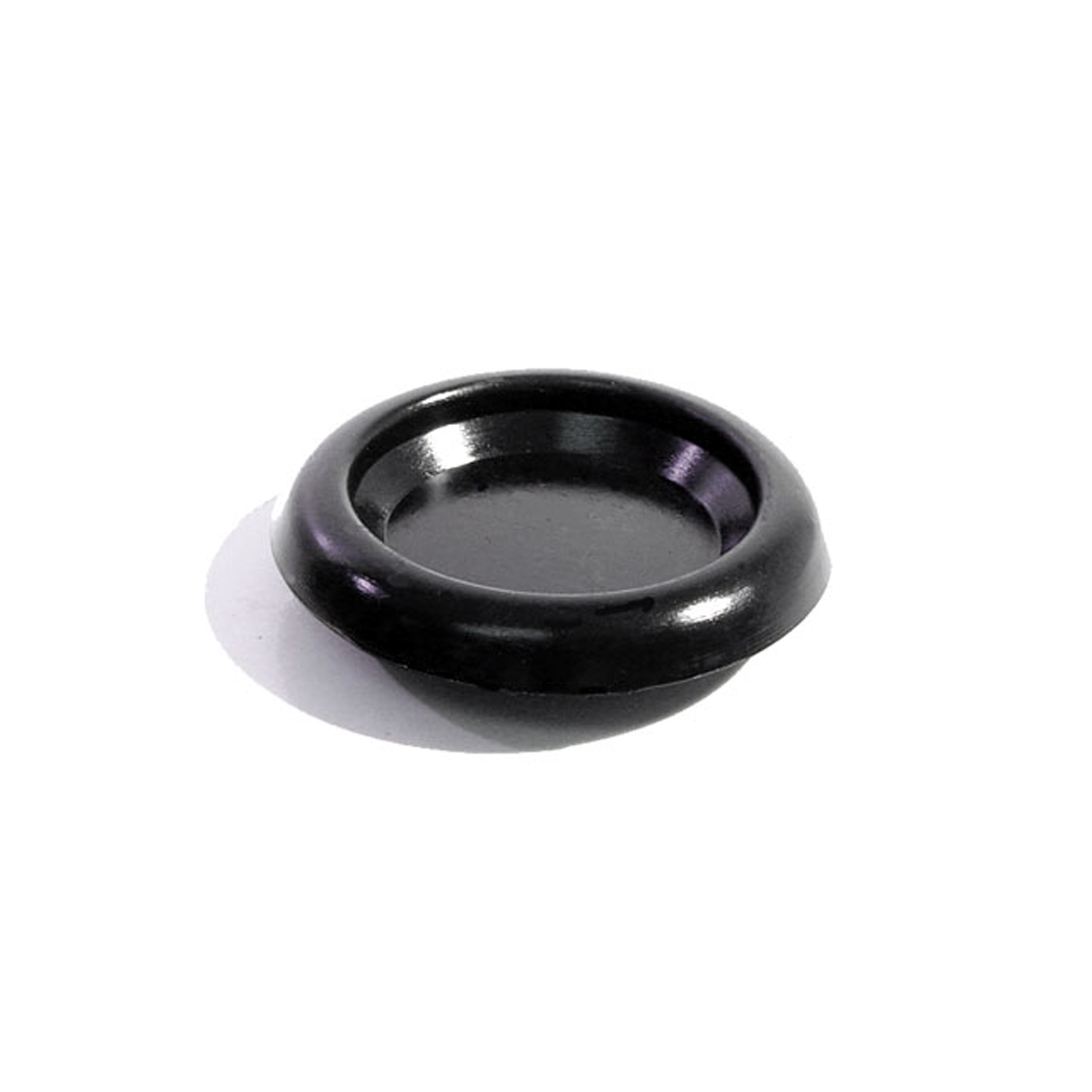 1970 Plymouth Road Runner Trunk and Body Plug. Fits 1-15/16" hole. Each-SB 127-ETrunk and Body Plug. Fits 1-15/16" hole. Each
1970 Plymouth Road Runner Trunk and Body Plug. Fits 1-15/16" hole. Each-SB 127-ETrunk and Body Plug. Fits 1-15/16" hole. Each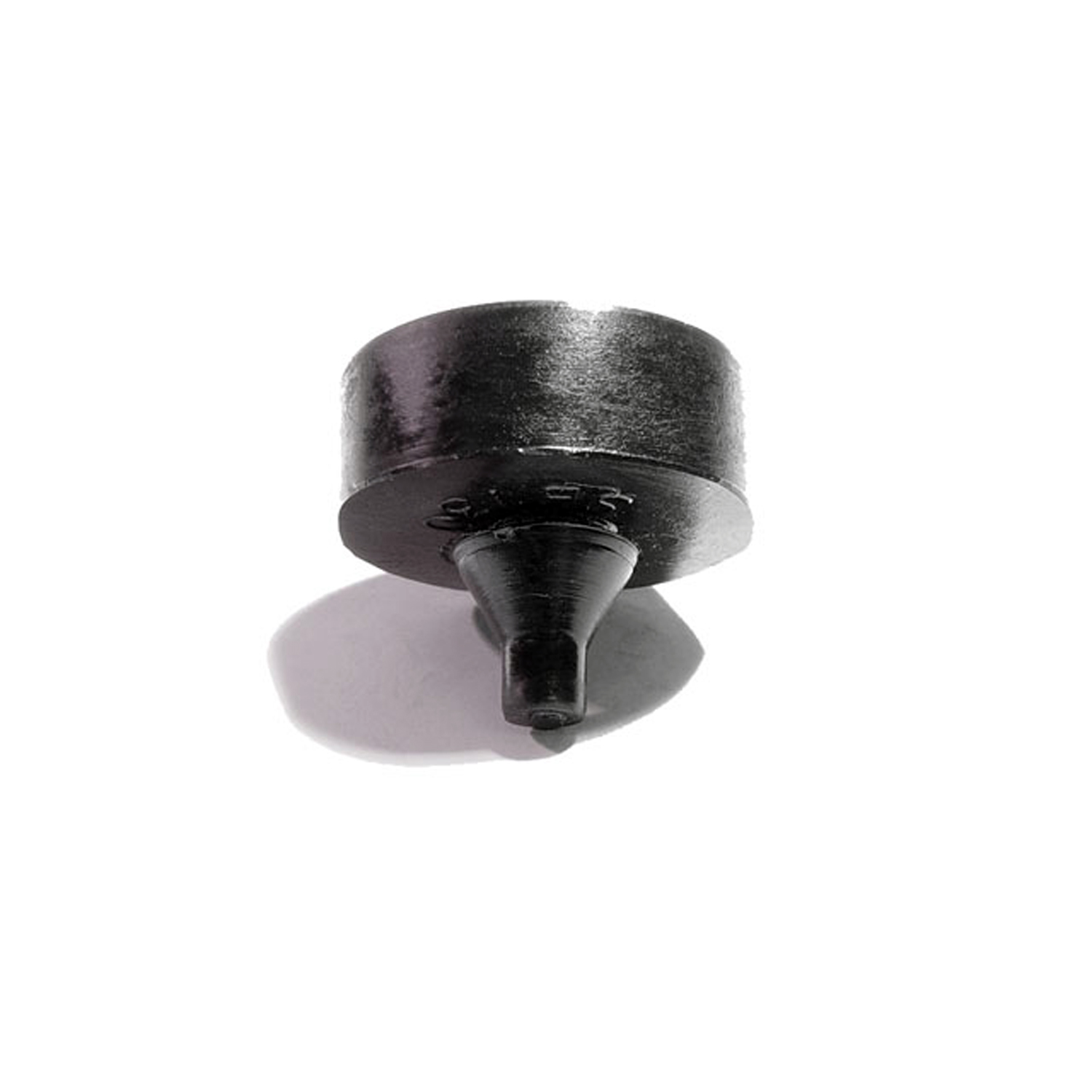 1970 Plymouth Road Runner Hood and Trunk Bumper. Each-SB 130Hood and Trunk Bumper. Each
1970 Plymouth Road Runner Hood and Trunk Bumper. Each-SB 130Hood and Trunk Bumper. Each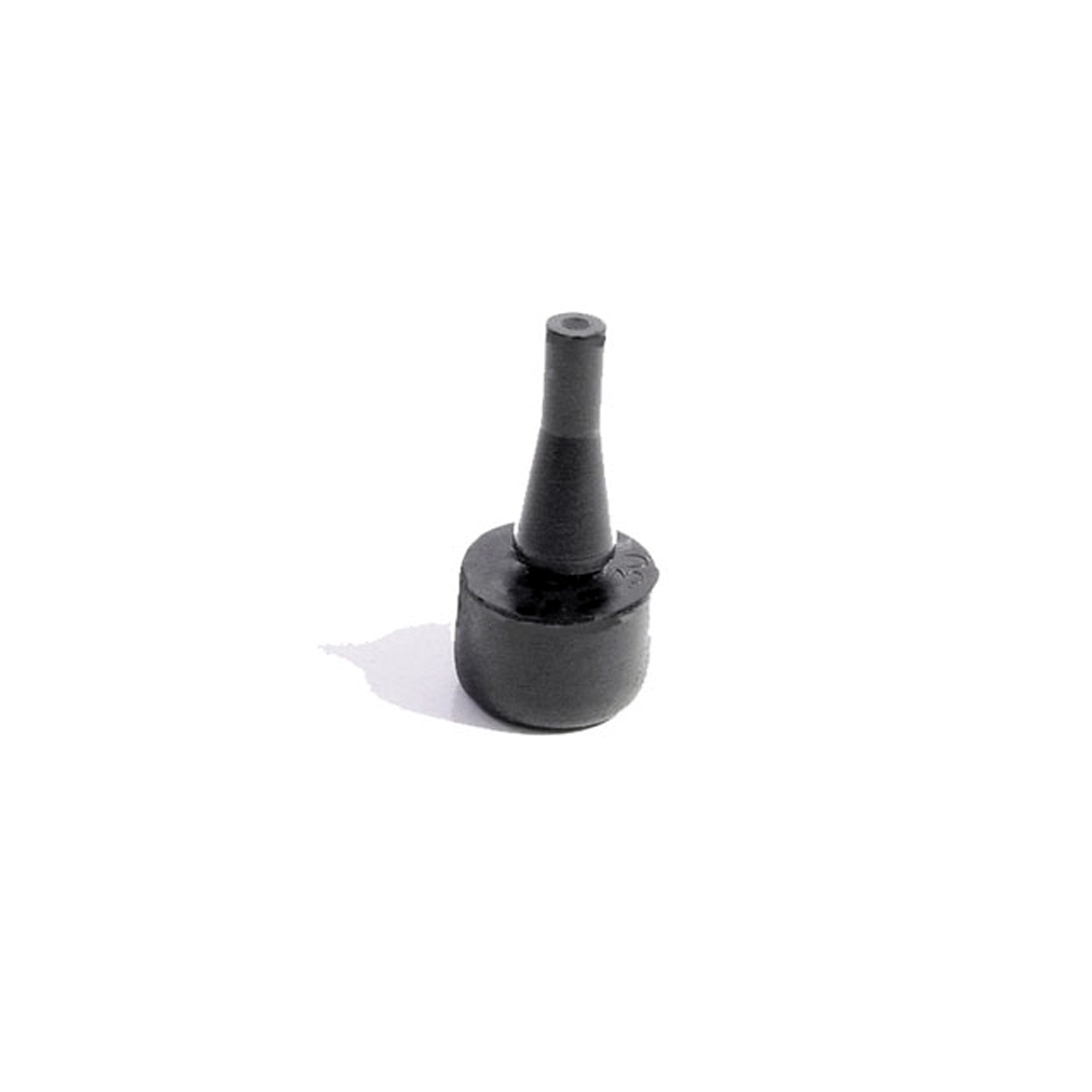 1970 Plymouth Road Runner Rear Cowl Bumper. 5/8" O.D., 1" high. Each-SB 30-MRear Cowl Bumper. 5/8" O.D., 1" high. Each
1970 Plymouth Road Runner Rear Cowl Bumper. 5/8" O.D., 1" high. Each-SB 30-MRear Cowl Bumper. 5/8" O.D., 1" high. Each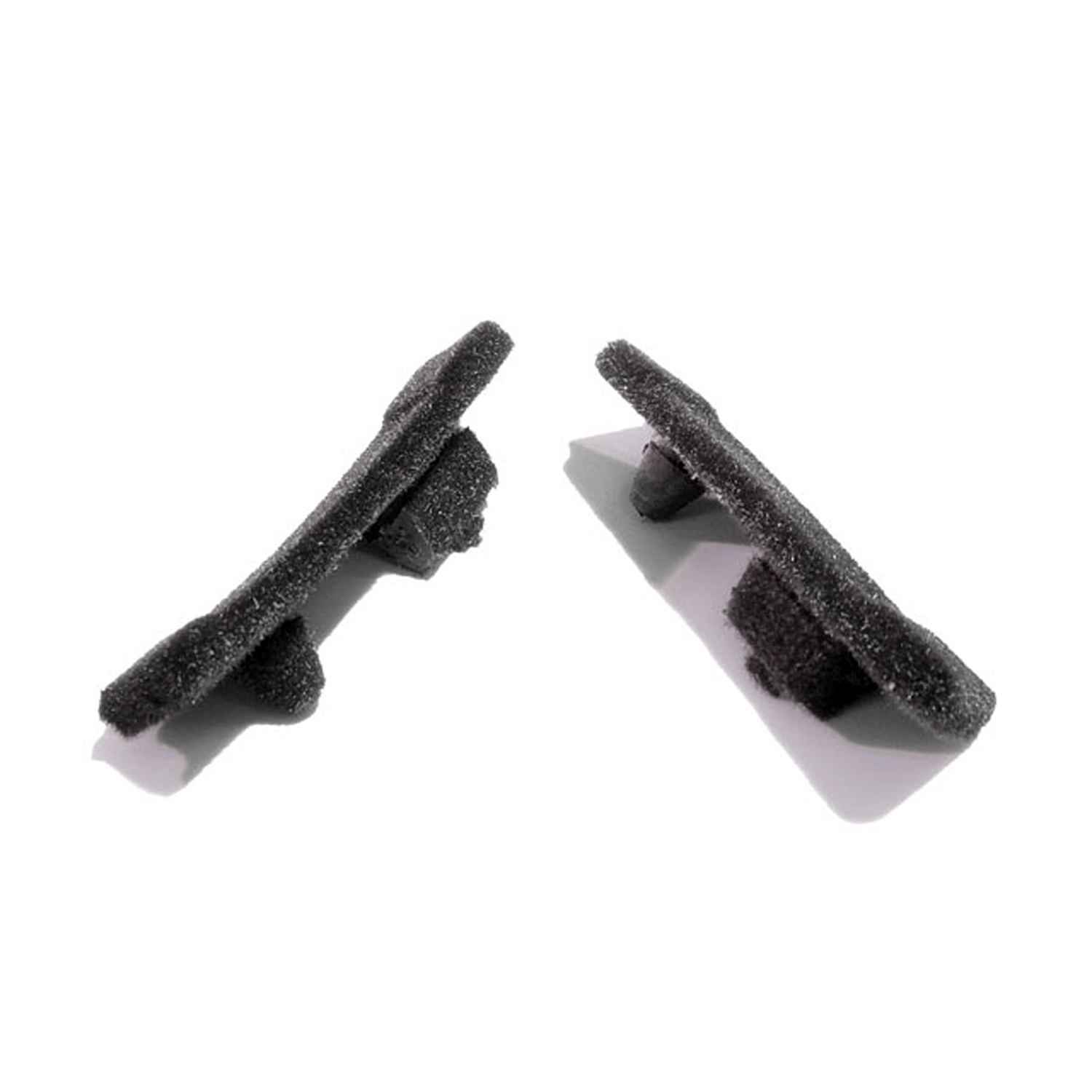 1970 Plymouth Road Runner Door Window Weatherstrip Plug-SB 73-BDoor Window Weatherstrip Plug. Fits at the end of outer window wipe cat whiskers. Fuzzy outer side. Pair R&L
1970 Plymouth Road Runner Door Window Weatherstrip Plug-SB 73-BDoor Window Weatherstrip Plug. Fits at the end of outer window wipe cat whiskers. Fuzzy outer side. Pair R&L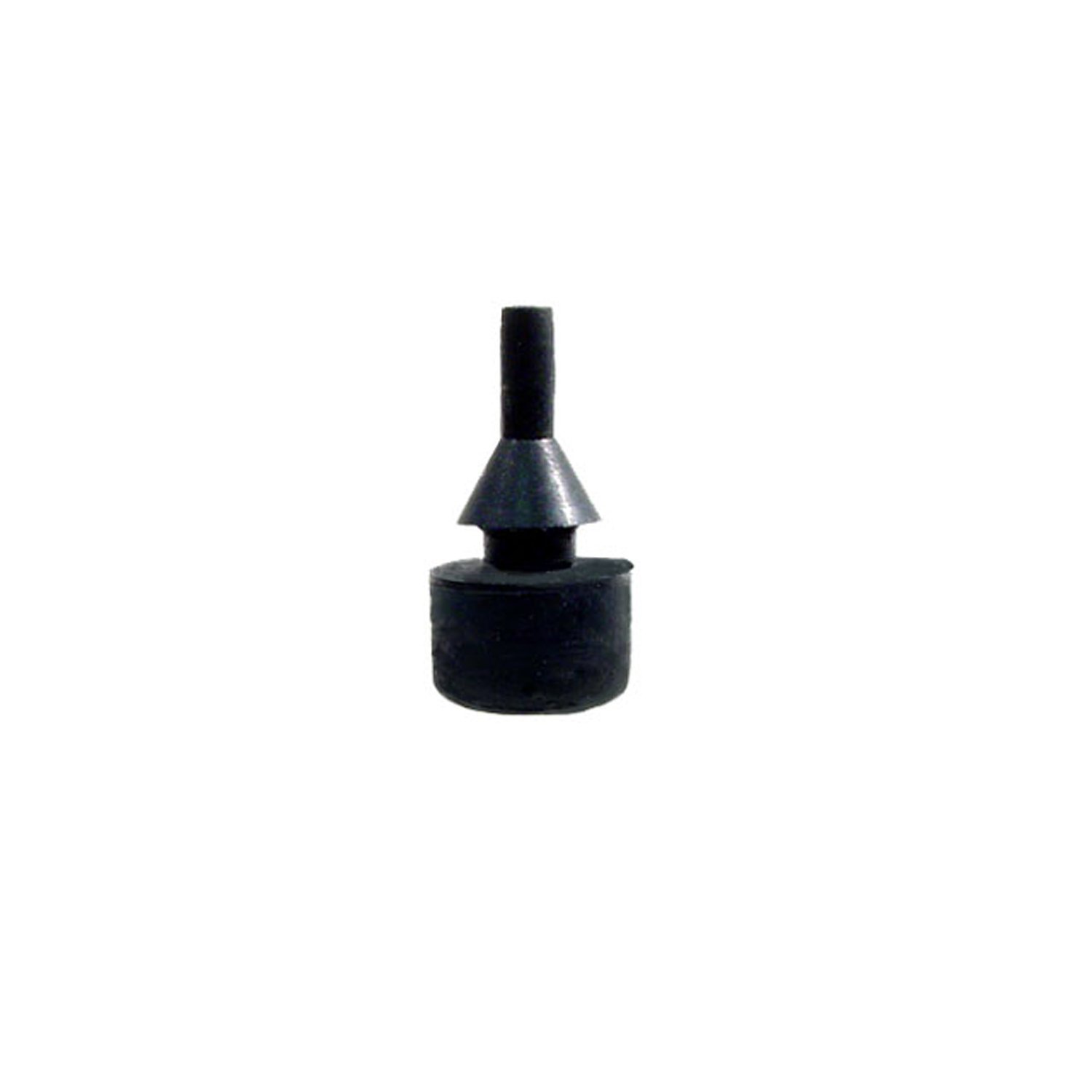 1970 Plymouth Road Runner License Plate Bumper. 7/16" O.D., fits a 1/4" hole. Each-SB 86License Plate Bumper. 7/16" O.D., fits a 1/4" hole. Each
1970 Plymouth Road Runner License Plate Bumper. 7/16" O.D., fits a 1/4" hole. Each-SB 86License Plate Bumper. 7/16" O.D., fits a 1/4" hole. Each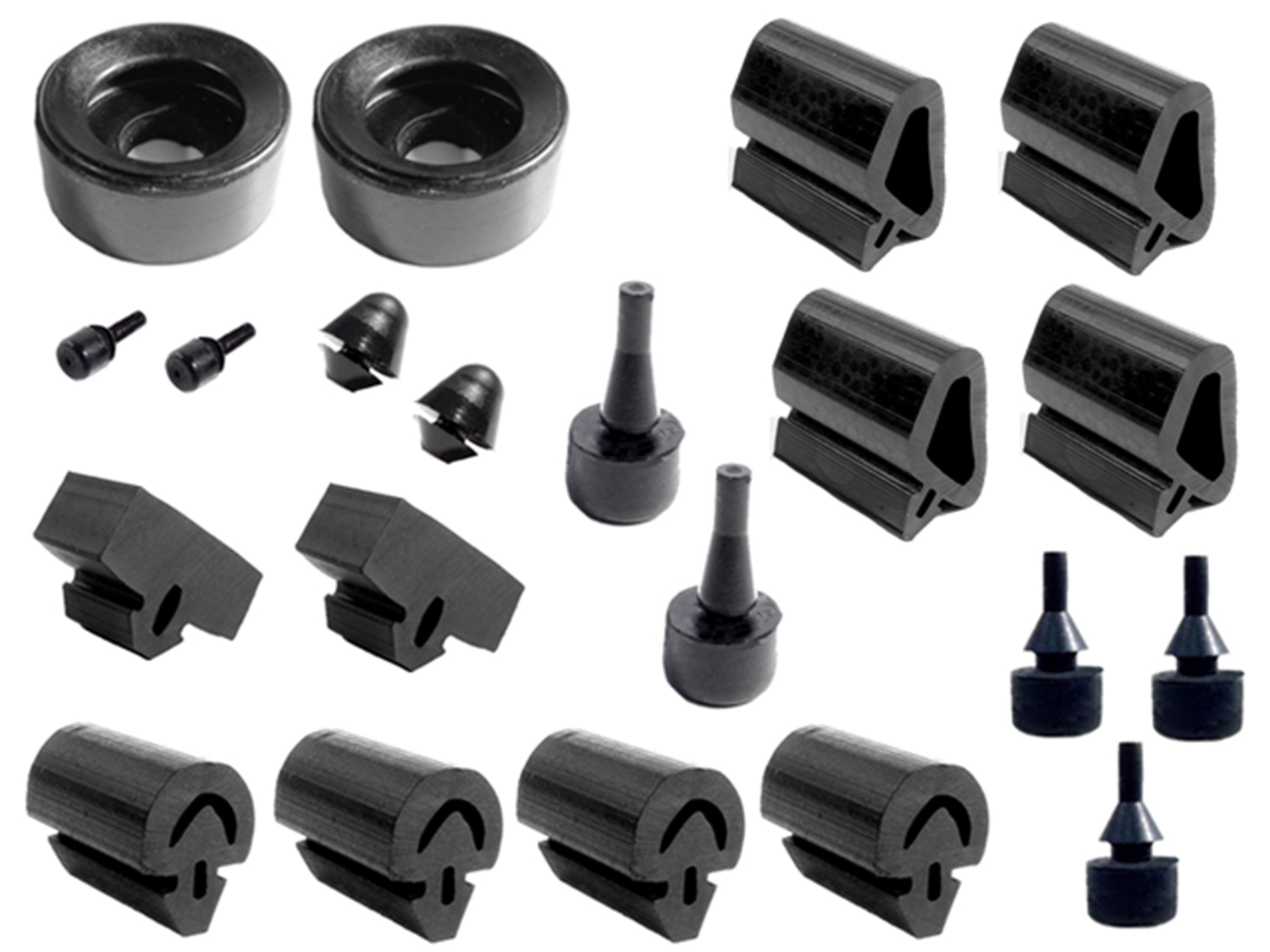 1970 Plymouth Road Runner Snap-in-bumper kit-SBK 2321Snap-in-bumper kit. 21-piece set includes: (4) DB 50-M, (2) HA 8-A, (4) HF 19, (2) HF 62, (2) SB 120, (2) SB 121, (2) SB 30-M, (3) SB 86.
1970 Plymouth Road Runner Snap-in-bumper kit-SBK 2321Snap-in-bumper kit. 21-piece set includes: (4) DB 50-M, (2) HA 8-A, (4) HF 19, (2) HF 62, (2) SB 120, (2) SB 121, (2) SB 30-M, (3) SB 86.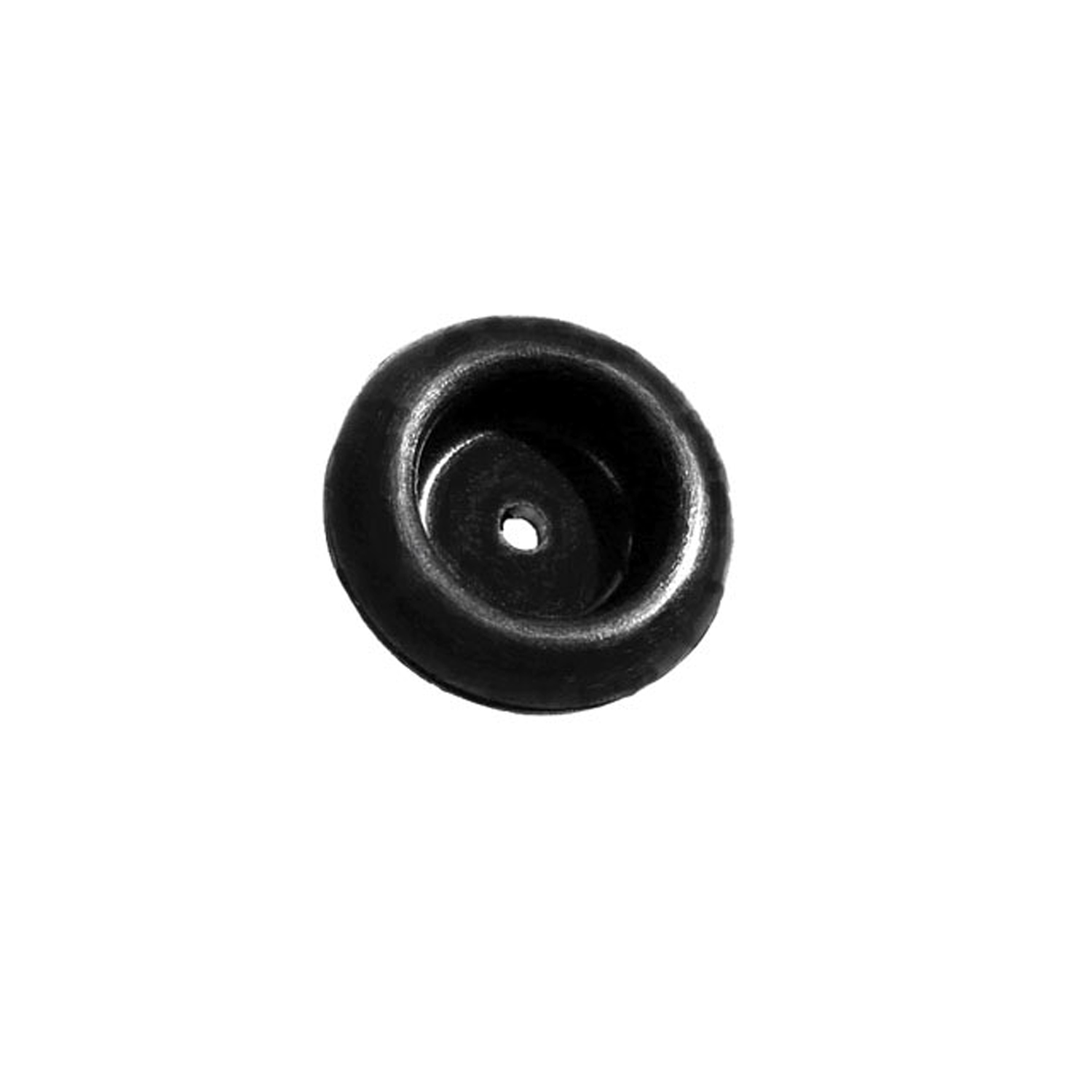 1970 Plymouth Road Runner Floor Panel Wire Grommet. Fits 3/4" hole. Each-SM 49Floor Panel Wire Grommet. Fits 3/4" hole. Each
1970 Plymouth Road Runner Floor Panel Wire Grommet. Fits 3/4" hole. Each-SM 49Floor Panel Wire Grommet. Fits 3/4" hole. Each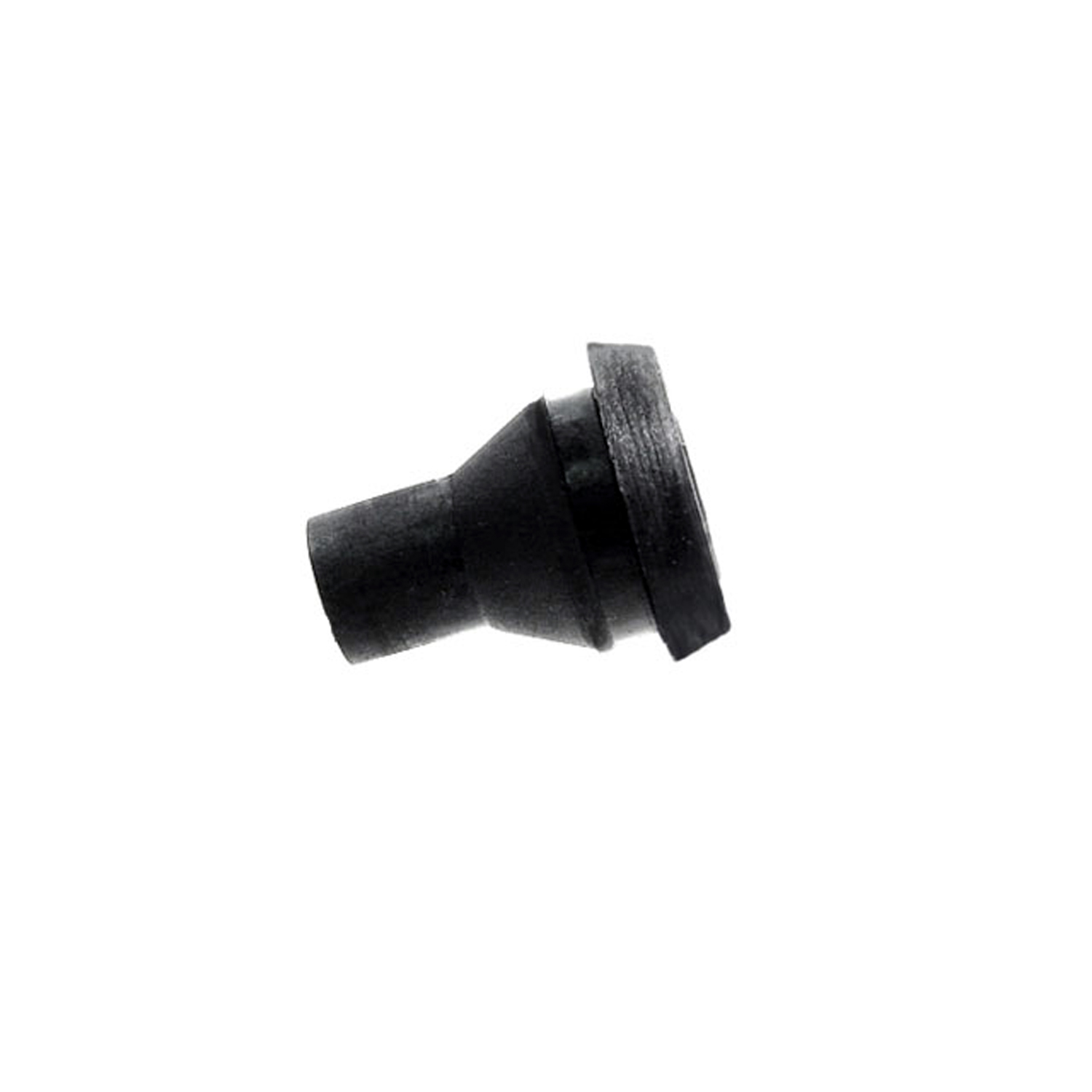 1970 Plymouth Road Runner License Light Wire Grommet. Each-SM 72License Light Wire Grommet. Each
1970 Plymouth Road Runner License Light Wire Grommet. Each-SM 72License Light Wire Grommet. Each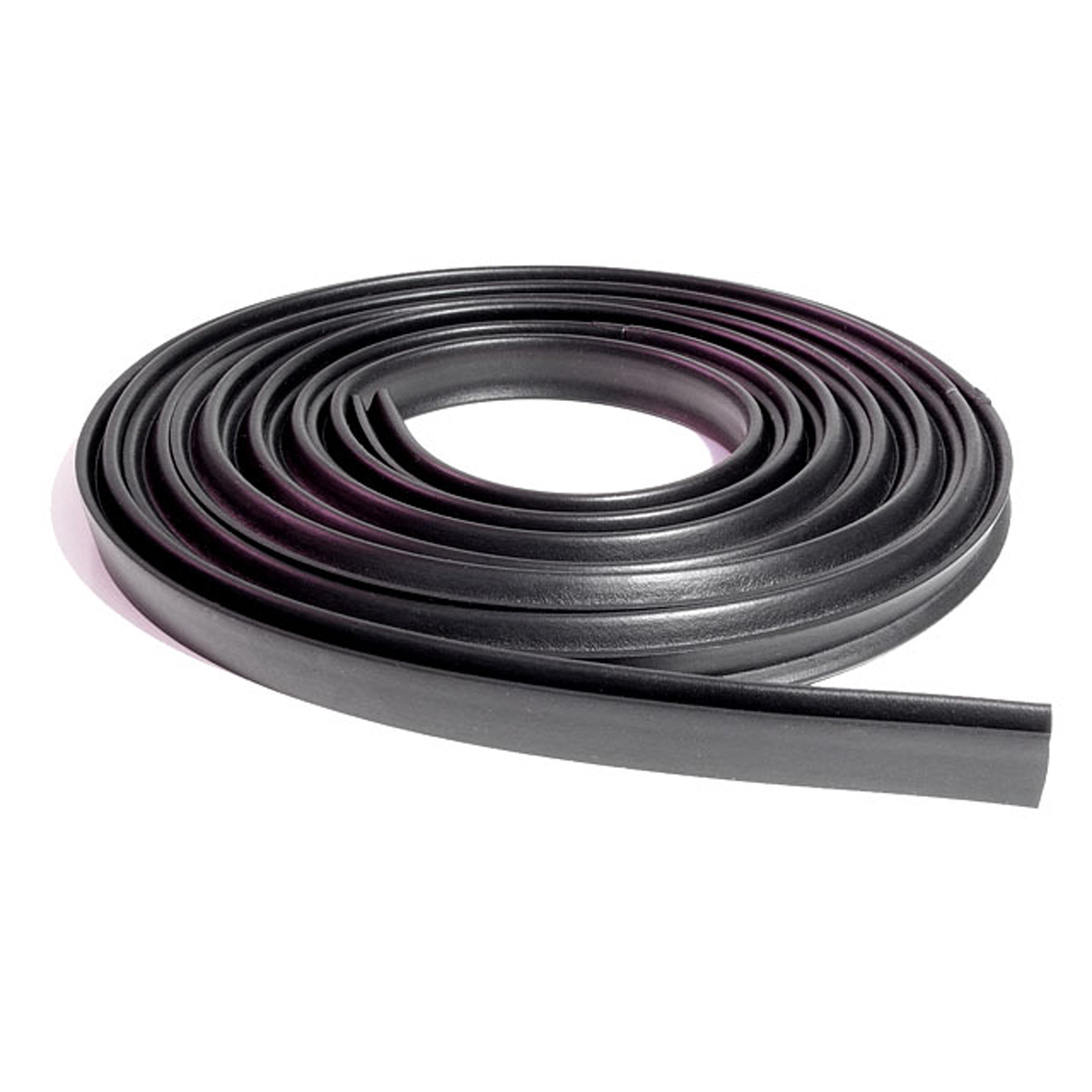 1970 Plymouth Road Runner Trunk Seal. Each-TK 2327Trunk Seal. Each
1970 Plymouth Road Runner Trunk Seal. Each-TK 2327Trunk Seal. Each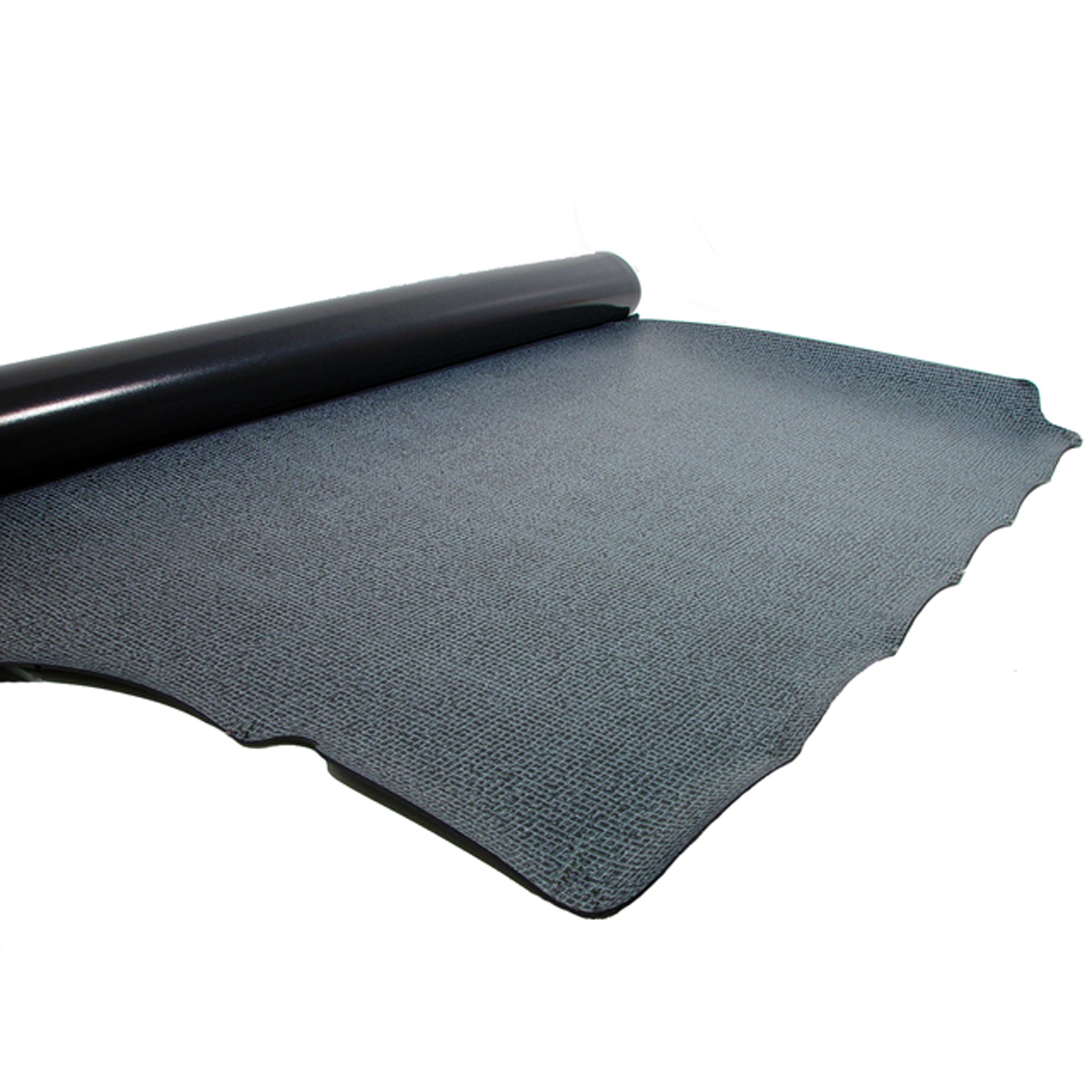 1970 Plymouth Road Runner Trunk Mat-TM 2713Trunk Mat. High quality reproduction, made specific for vehicle. Print on rubber. Each
1970 Plymouth Road Runner Trunk Mat-TM 2713Trunk Mat. High quality reproduction, made specific for vehicle. Print on rubber. Each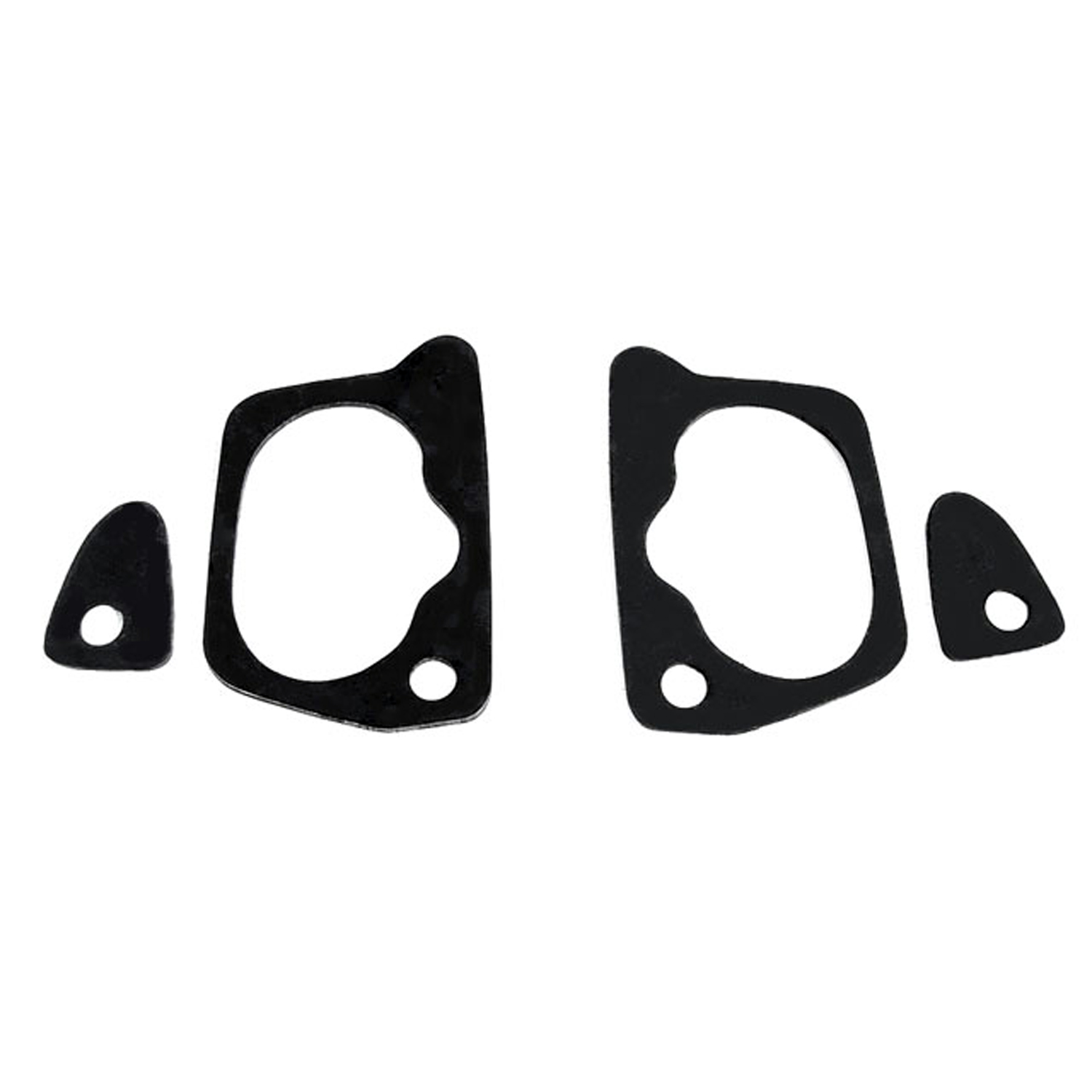 1970 Plymouth Road Runner Unbeaded Door Handle Mounting Pads. Set of 4-UM 2700-100Unbeaded Door Handle Mounting Pads. Set of 4
1970 Plymouth Road Runner Unbeaded Door Handle Mounting Pads. Set of 4-UM 2700-100Unbeaded Door Handle Mounting Pads. Set of 4 1970 Plymouth Road Runner Nylon Lock Cylinder Gasket. 1-1/4" O.D., 7/8" I.D. Each-UM 2700-104Nylon Lock Cylinder Gasket. 1-1/4" O.D., 7/8" I.D. Each
1970 Plymouth Road Runner Nylon Lock Cylinder Gasket. 1-1/4" O.D., 7/8" I.D. Each-UM 2700-104Nylon Lock Cylinder Gasket. 1-1/4" O.D., 7/8" I.D. Each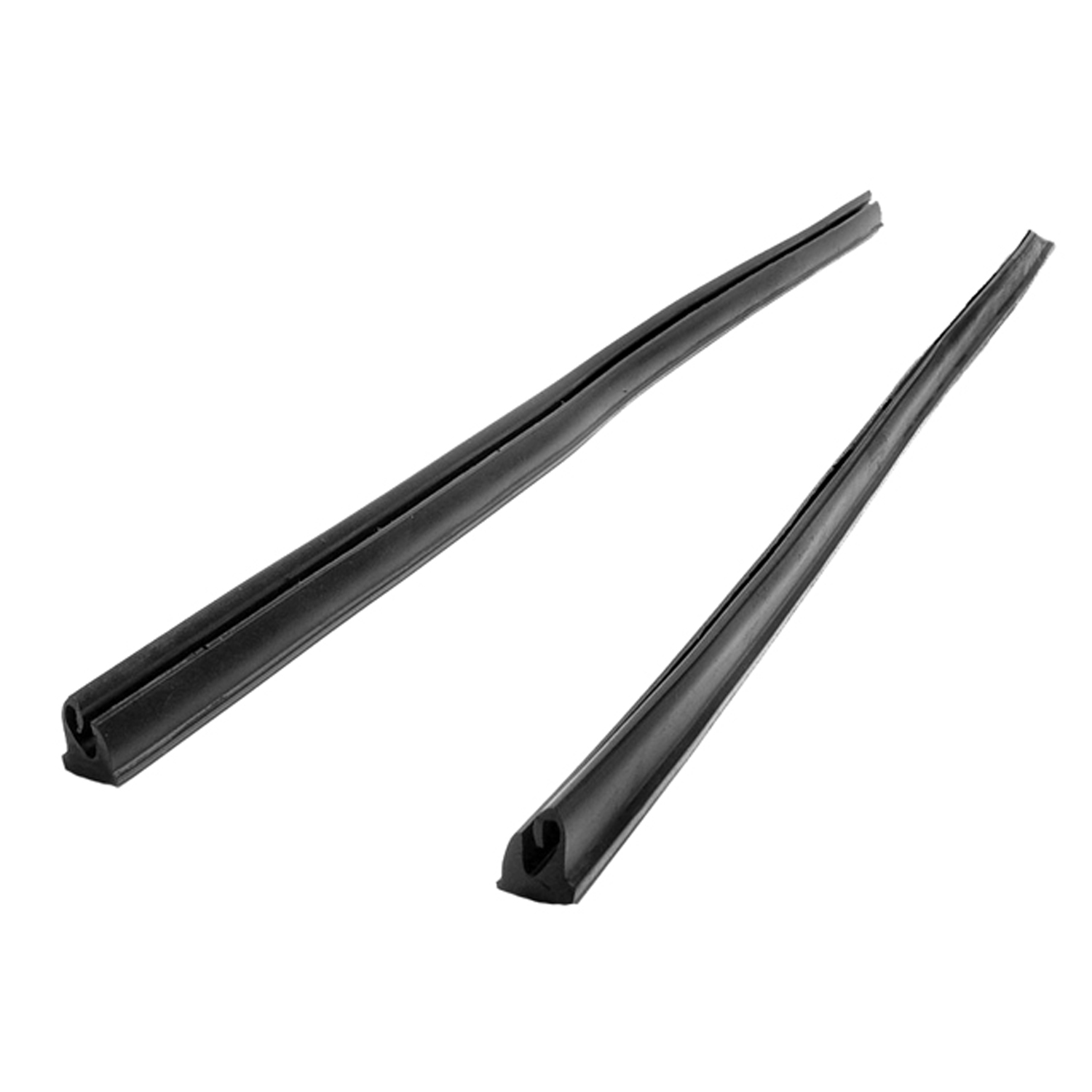 1970 Plymouth Road Runner Rear Roll-Up Quarter Window Seals, for 2-Door Hardtops-VS 7-ERear Roll-Up Quarter Window Seals, for 2-Door Hardtops. Replaces OEM #2811623/622. Pair
1970 Plymouth Road Runner Rear Roll-Up Quarter Window Seals, for 2-Door Hardtops-VS 7-ERear Roll-Up Quarter Window Seals, for 2-Door Hardtops. Replaces OEM #2811623/622. Pair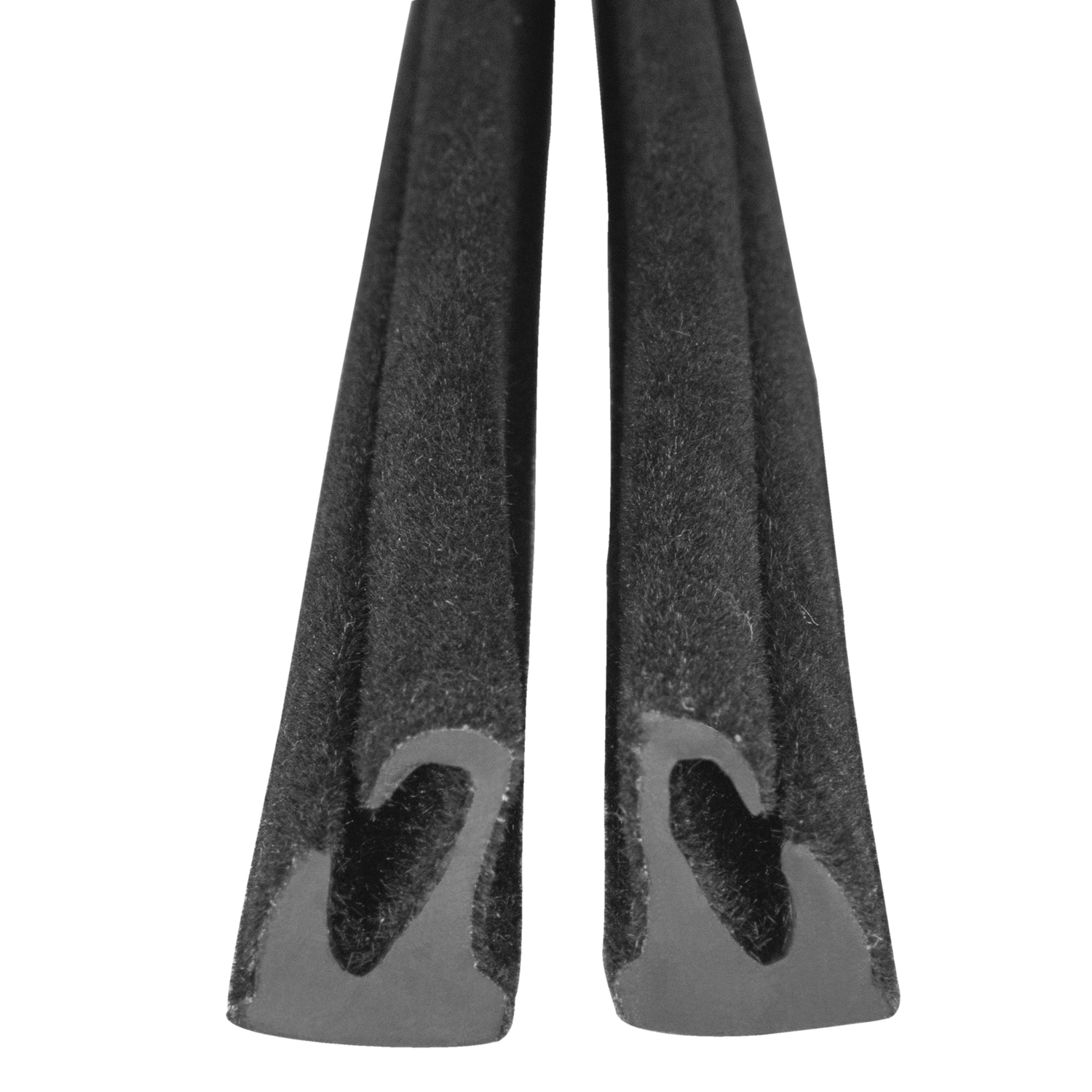 1970 Plymouth Road Runner Quarter window seals. Rear roll-up, flocked channels-VS 7-E/FLQuarter window seals. Rear roll-up, flocked channels. Fits '64-'66 Dart 270 GT hardtops, '64-'66 Barracuda, '68-'70 Charger and Coronet, '69-'70 Roadrunner and more. for 2-Door Hardtops. Pair. R&L.
1970 Plymouth Road Runner Quarter window seals. Rear roll-up, flocked channels-VS 7-E/FLQuarter window seals. Rear roll-up, flocked channels. Fits '64-'66 Dart 270 GT hardtops, '64-'66 Barracuda, '68-'70 Charger and Coronet, '69-'70 Roadrunner and more. for 2-Door Hardtops. Pair. R&L.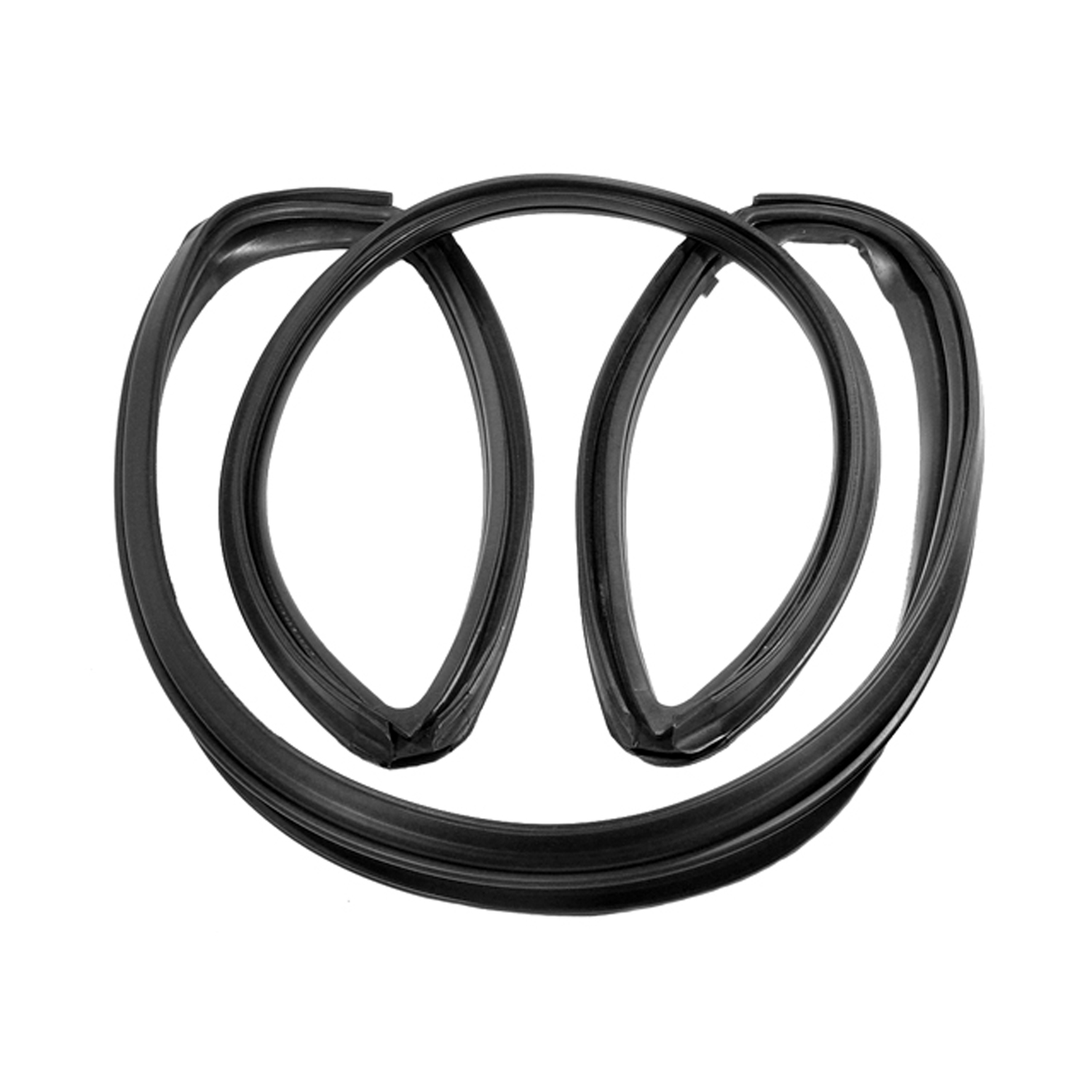 1970 Plymouth Road Runner Vulcanized Windshield Seal. Fits 2-door sedans and hardtops-VWS 2701Vulcanized Windshield Seal. Fits 2-door sedans and hardtops. Each
1970 Plymouth Road Runner Vulcanized Windshield Seal. Fits 2-door sedans and hardtops-VWS 2701Vulcanized Windshield Seal. Fits 2-door sedans and hardtops. Each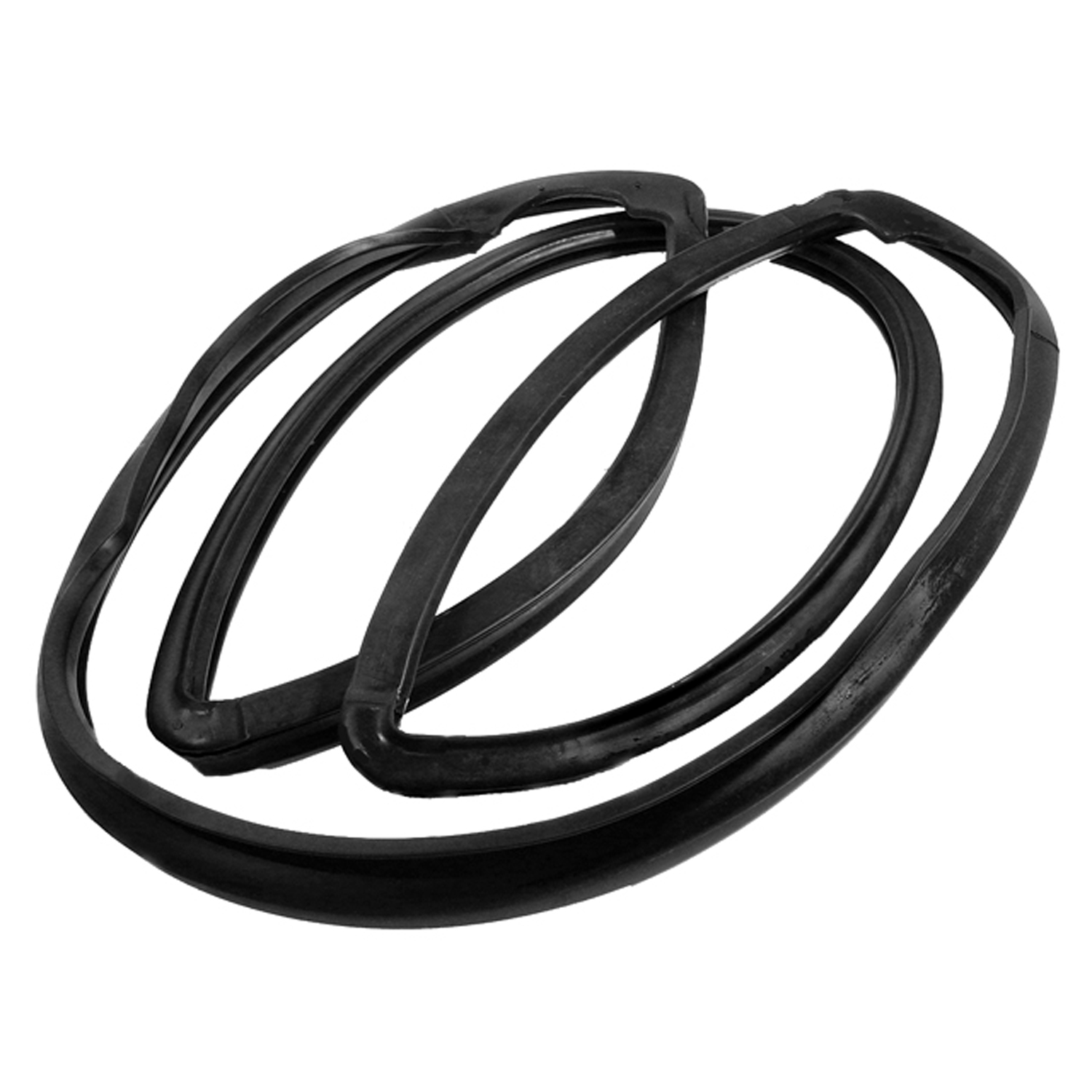 1970 Plymouth Road Runner Vulcanized Windshield Seal, for Convertibles. Each-VWS 2704Vulcanized Windshield Seal, for Convertibles. Each
1970 Plymouth Road Runner Vulcanized Windshield Seal, for Convertibles. Each-VWS 2704Vulcanized Windshield Seal, for Convertibles. Each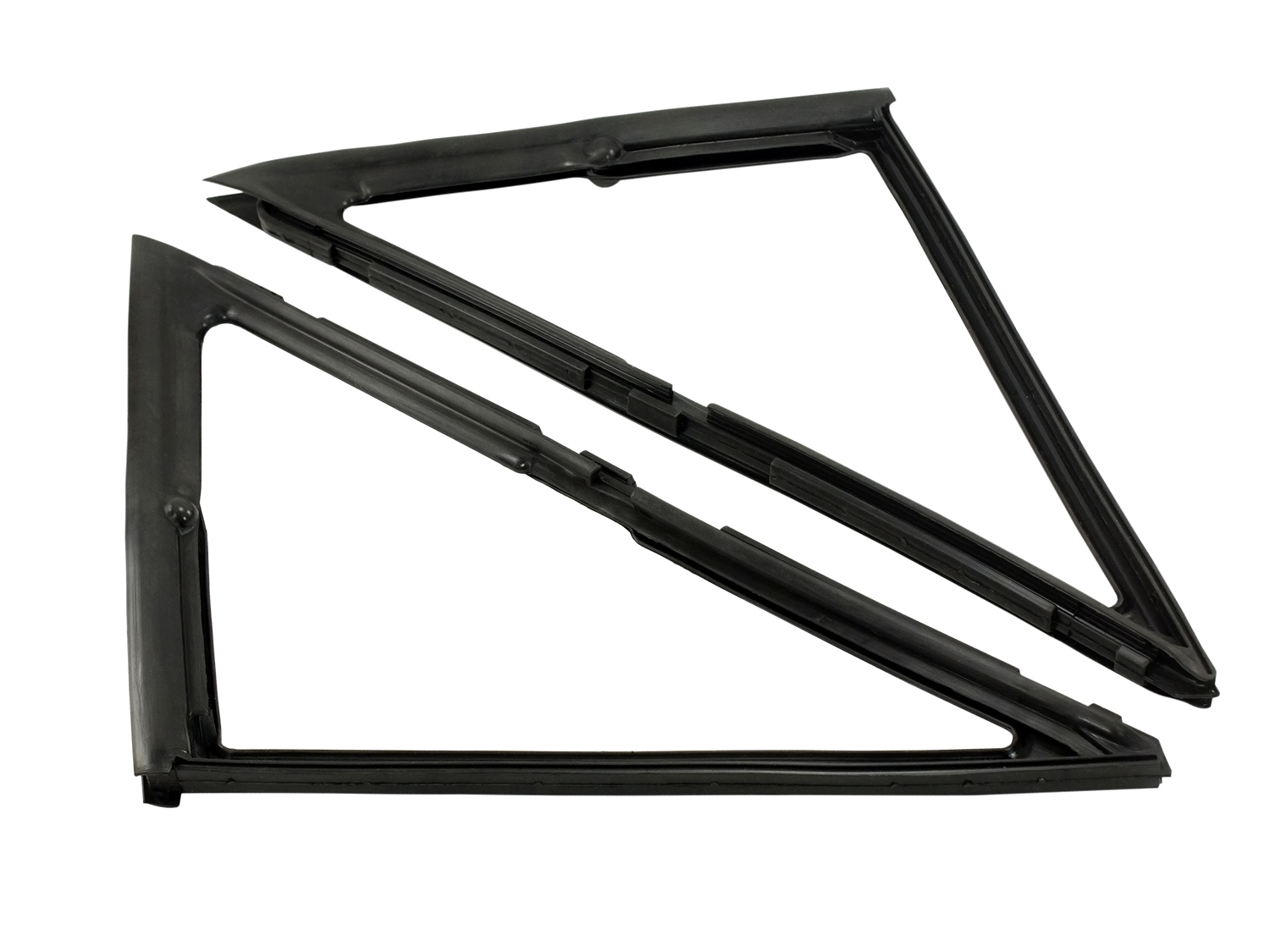 1970 Plymouth Road Runner REISSUE. Vent window seals-WR 2306REISSUE. Vent window seals. Completely re-designed and re-tooled 2013 molds for improved looks, fit and function. Fits '66-'67 Mopar B-body 2-door hardtop and '66-'70 B-body convertible. Replaces OEM#'s 2570786 & 2570787. Pair. R&L.
1970 Plymouth Road Runner REISSUE. Vent window seals-WR 2306REISSUE. Vent window seals. Completely re-designed and re-tooled 2013 molds for improved looks, fit and function. Fits '66-'67 Mopar B-body 2-door hardtop and '66-'70 B-body convertible. Replaces OEM#'s 2570786 & 2570787. Pair. R&L.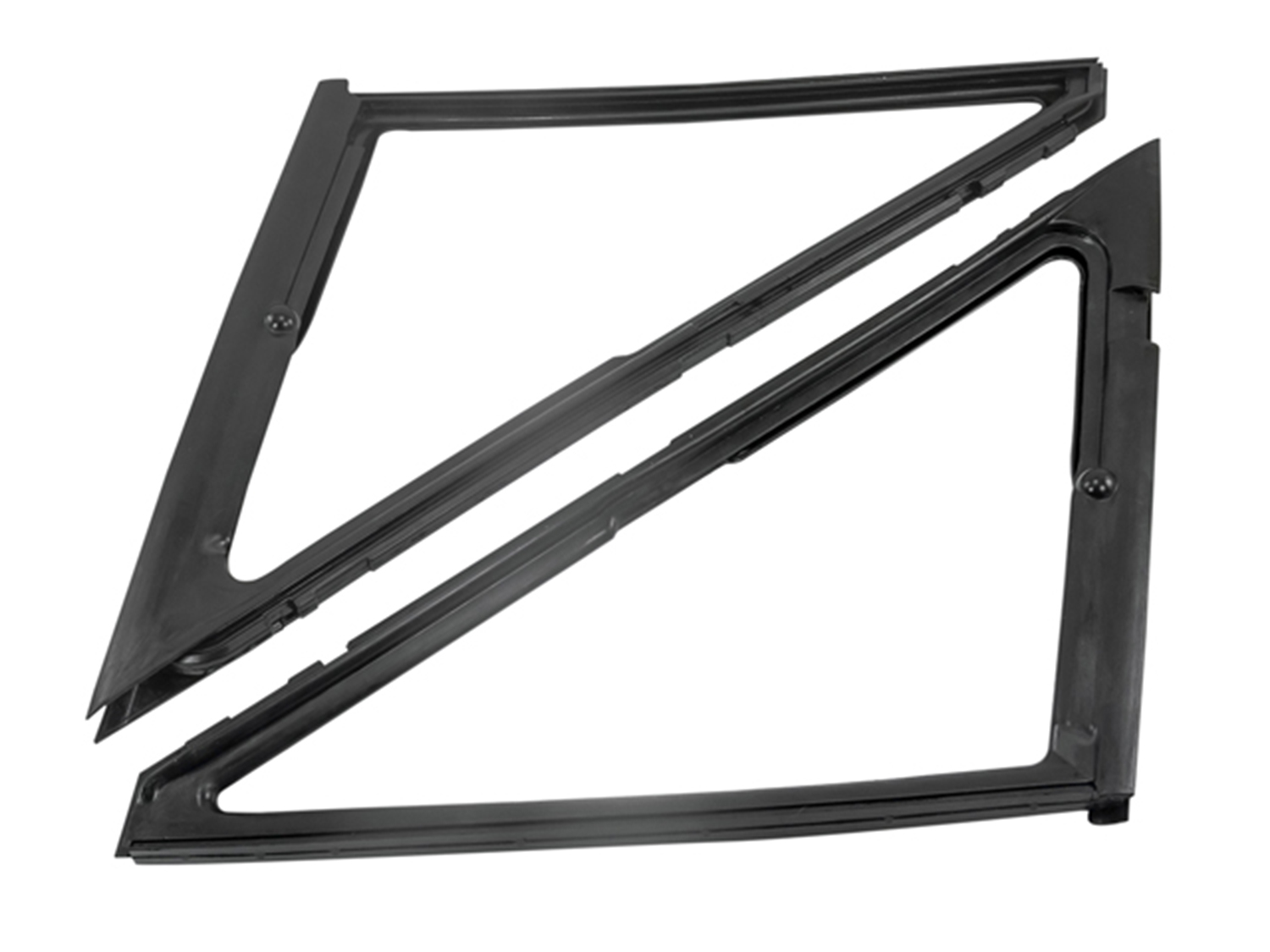 1970 Plymouth Road Runner Vent window seals-WR 2308Vent window seals. '68-'70 Dodge-Plymouth B-body 2-door hardtop and coupes with pillar-post and swing-out quarter-windows. Completely retooled for improved fit and function. Replaces OEM#'s 2811306/07. Pair. R&L.
1970 Plymouth Road Runner Vent window seals-WR 2308Vent window seals. '68-'70 Dodge-Plymouth B-body 2-door hardtop and coupes with pillar-post and swing-out quarter-windows. Completely retooled for improved fit and function. Replaces OEM#'s 2811306/07. Pair. R&L.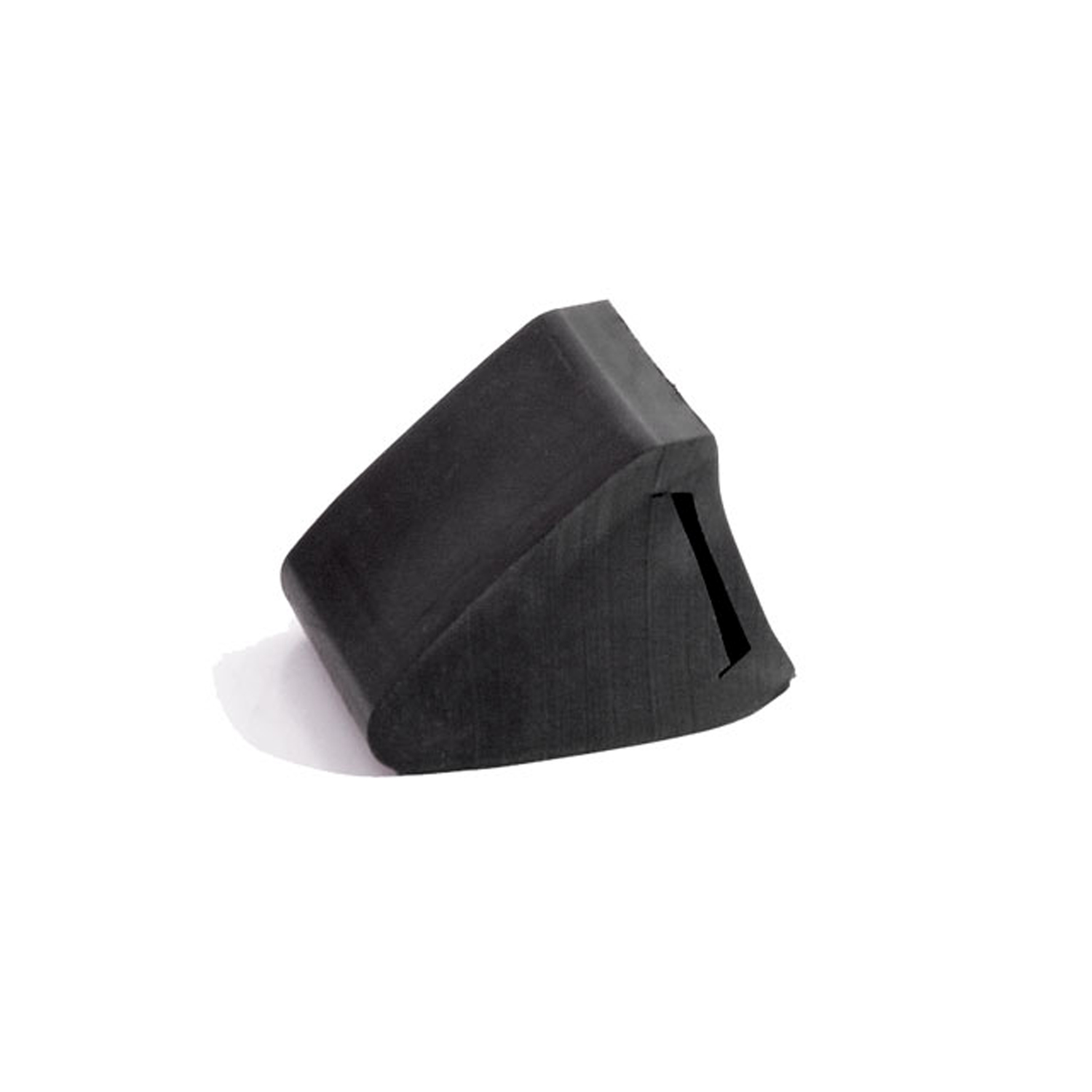 1970 Plymouth Road Runner Suspension bumper. '62-up Mopar A-, B- and C-body-XB 1Suspension bumper. '62-up Mopar A-, B- and C-body. Fits over the rear axle. Each.
1970 Plymouth Road Runner Suspension bumper. '62-up Mopar A-, B- and C-body-XB 1Suspension bumper. '62-up Mopar A-, B- and C-body. Fits over the rear axle. Each.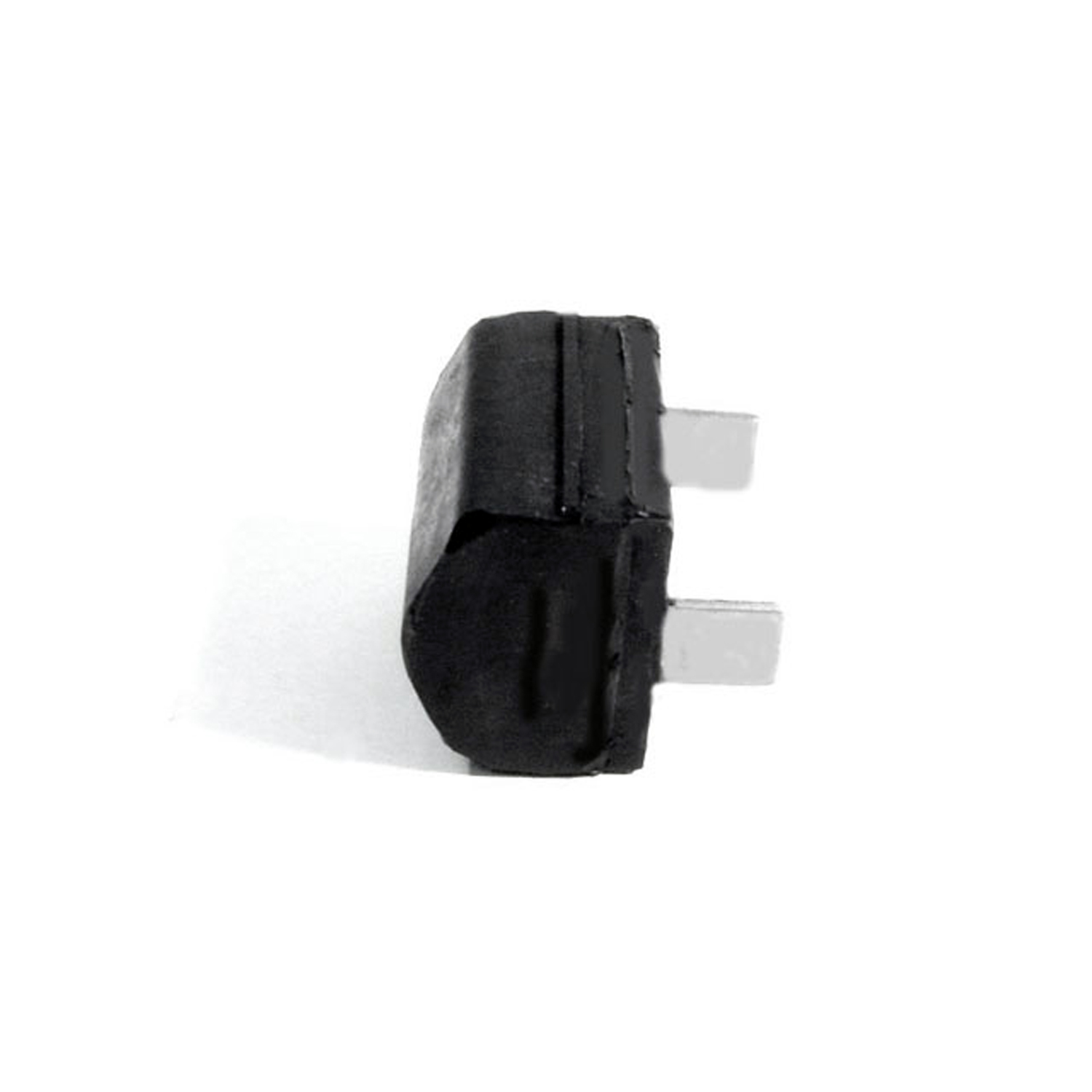 1970 Plymouth Road Runner Rear Axle Pinion Snubber. Each-XB 80Rear Axle Pinion Snubber. Each
1970 Plymouth Road Runner Rear Axle Pinion Snubber. Each-XB 80Rear Axle Pinion Snubber. Each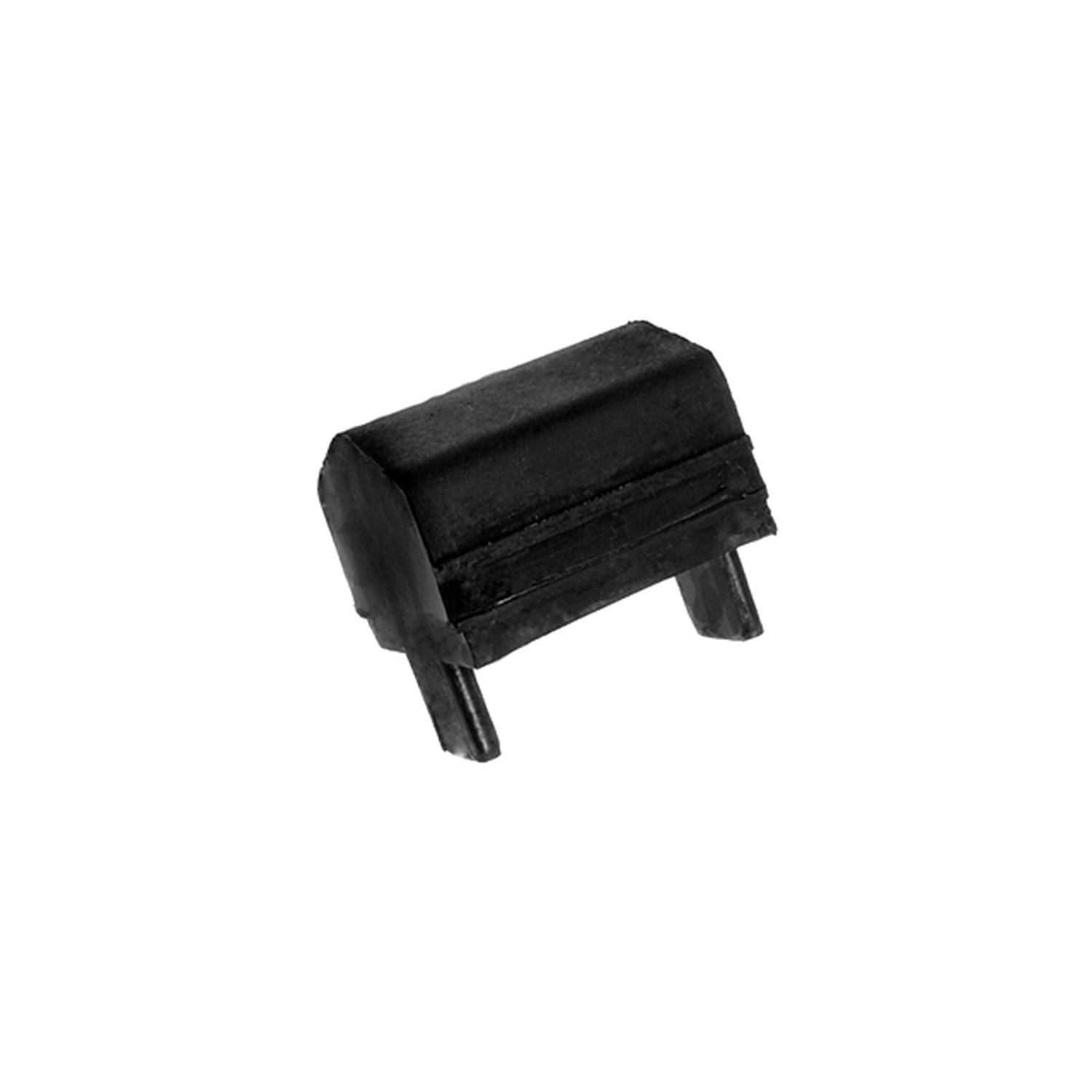 1970 Plymouth Road Runner Rear Axle Pinion Snubber. Each-XB 80-ARear Axle Pinion Snubber. Each
1970 Plymouth Road Runner Rear Axle Pinion Snubber. Each-XB 80-ARear Axle Pinion Snubber. EachWhy Choose Metro?
For over 100 years, Metro Moulded Parts has been the pinnacle of quality in classic car restoration parts. Our commitment to precision and authenticity in every component ensures a perfect fit and an OEM-level appearance.
- Expert Craftsmanship & Quality: Each part is a testament to our dedication to reliability and perfection, crafted from original designs and thoroughly tested.
- Advanced Technology: We use cutting-edge techniques to create flawless, long-lasting parts that surpass others in performance.
- SuperSoft Sponge – The Ultimate Door Seal: Not only are our door seals 30% softer than competitors', but they're also guaranteed to never leak. They effectively reduce wind and road noise, enhancing your classic car's comfort and driving experience.
- Proudly American: Our parts are a product of American craftsmanship, made in the USA with a spirit of excellence and heritage.
- Unrivaled Warranty: We back our products with a 30-year industry-leading warranty, a testament to our confidence in their quality.
Join us in preserving the legacy of classic cars with parts that are crafted for perfection, not just made.

